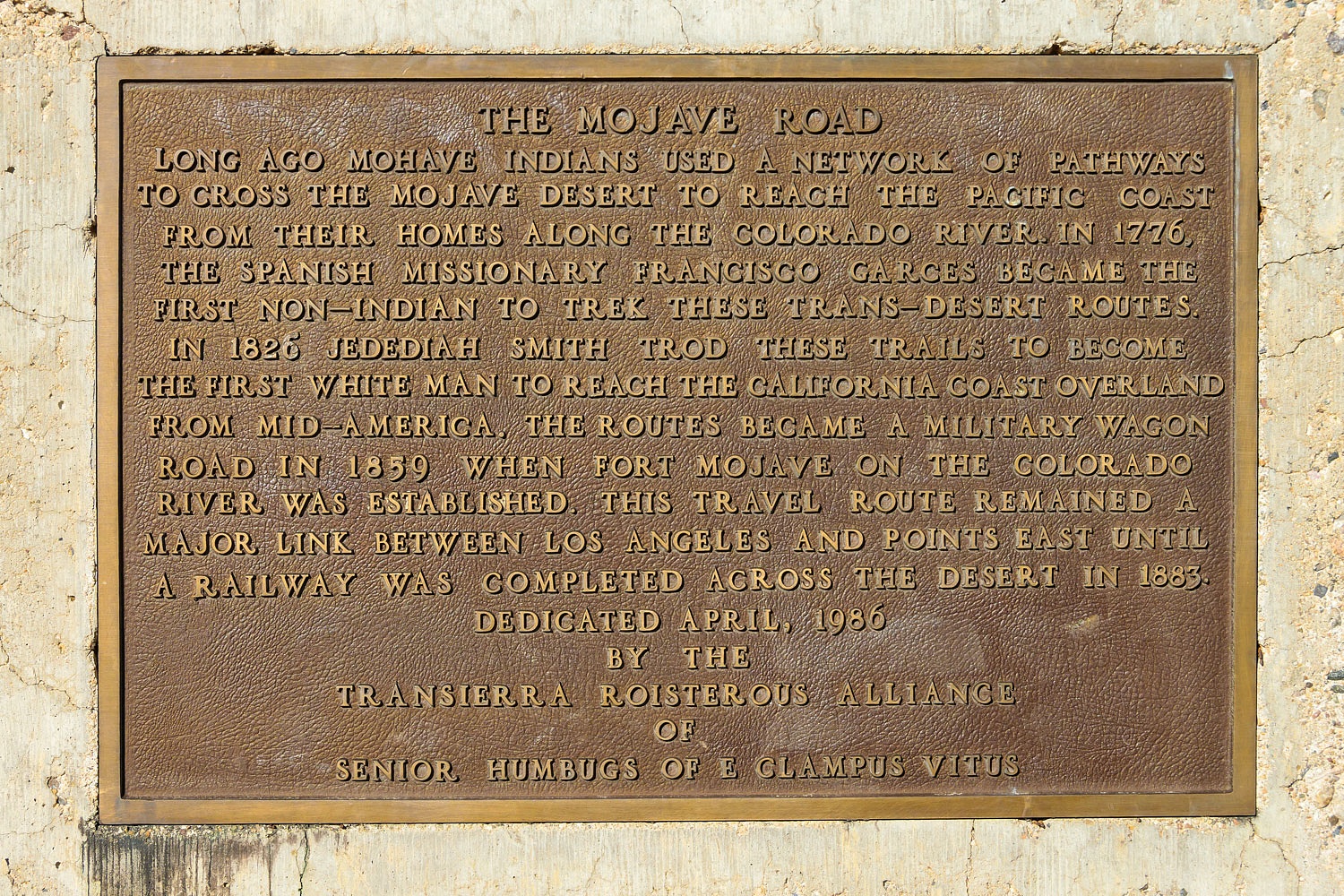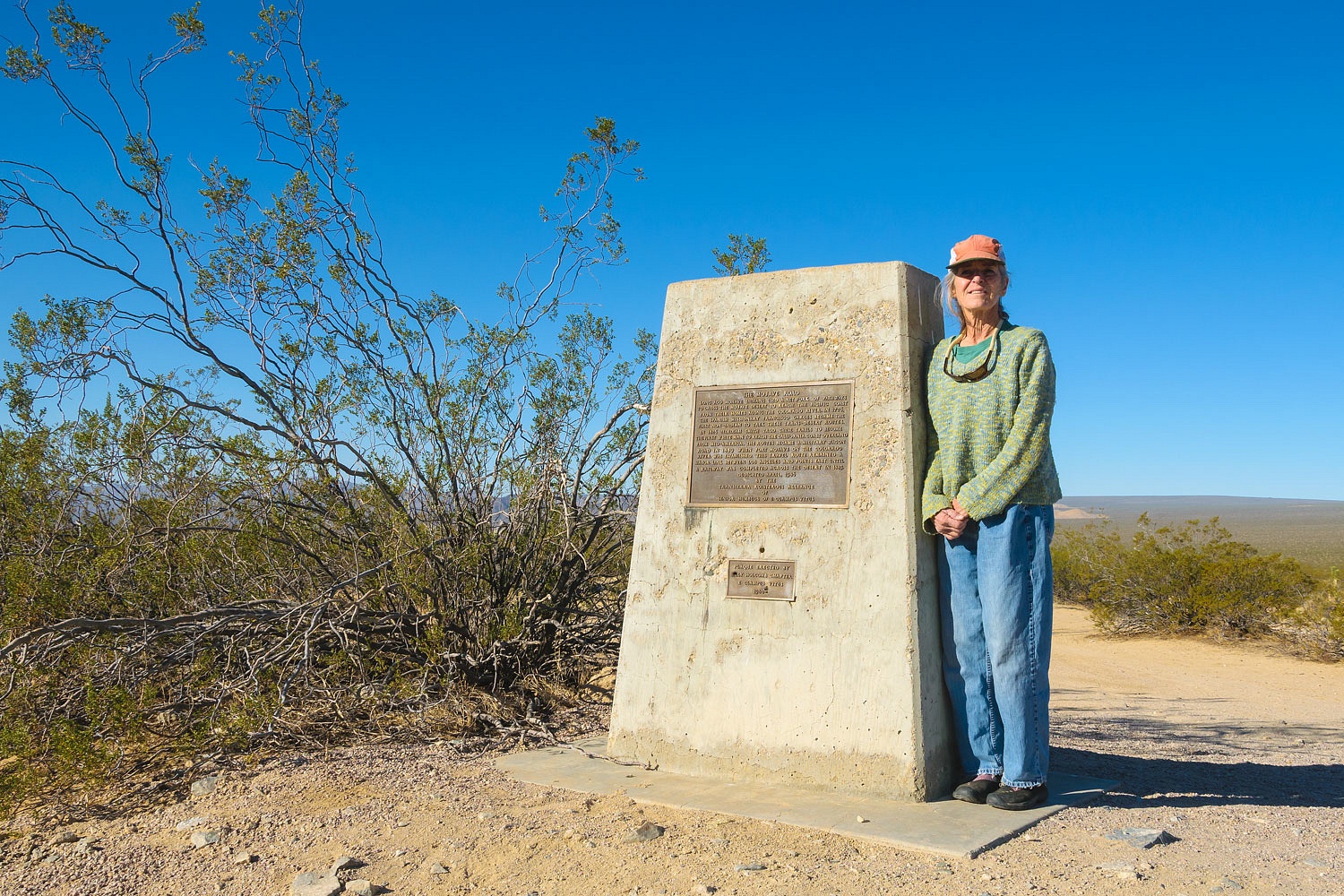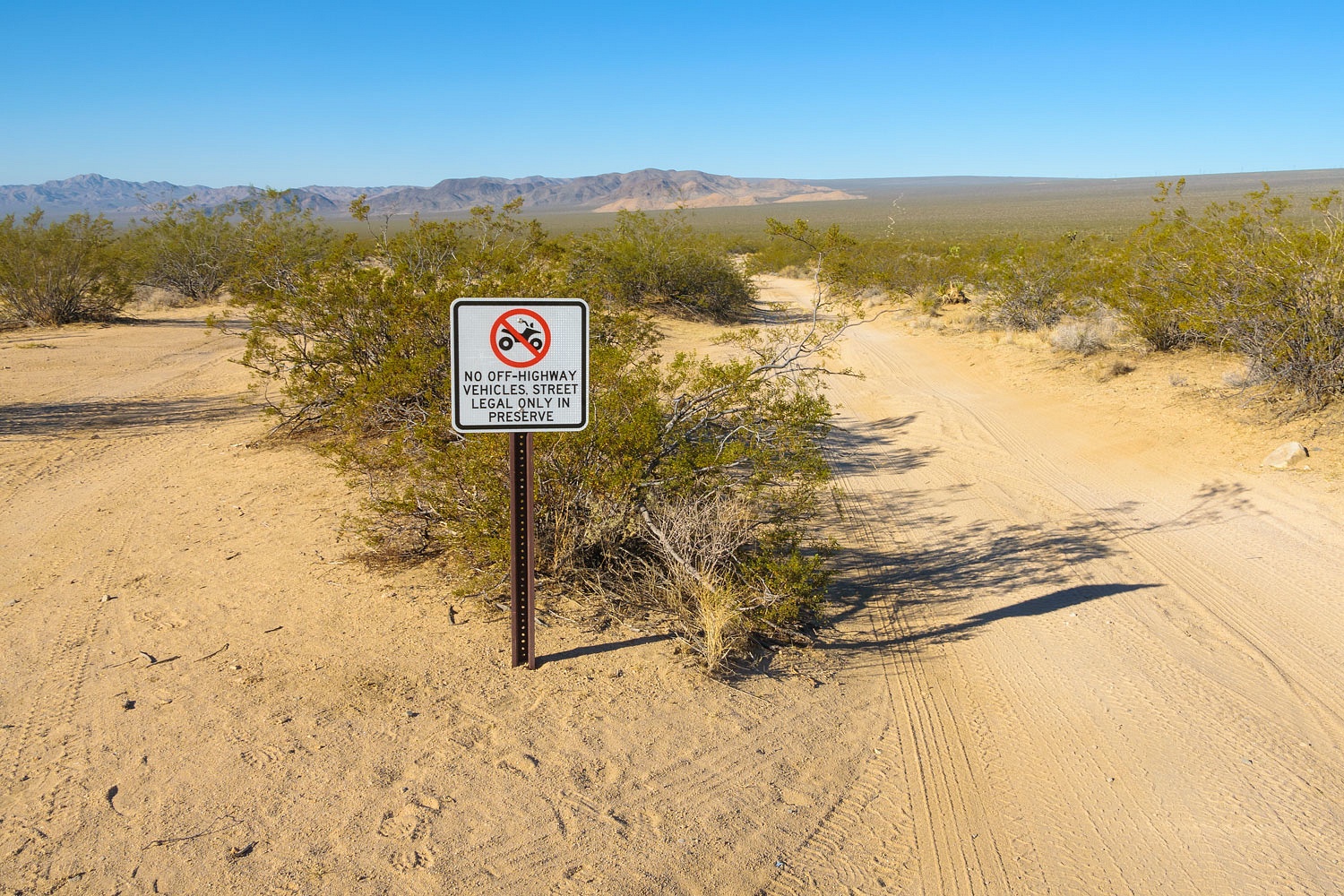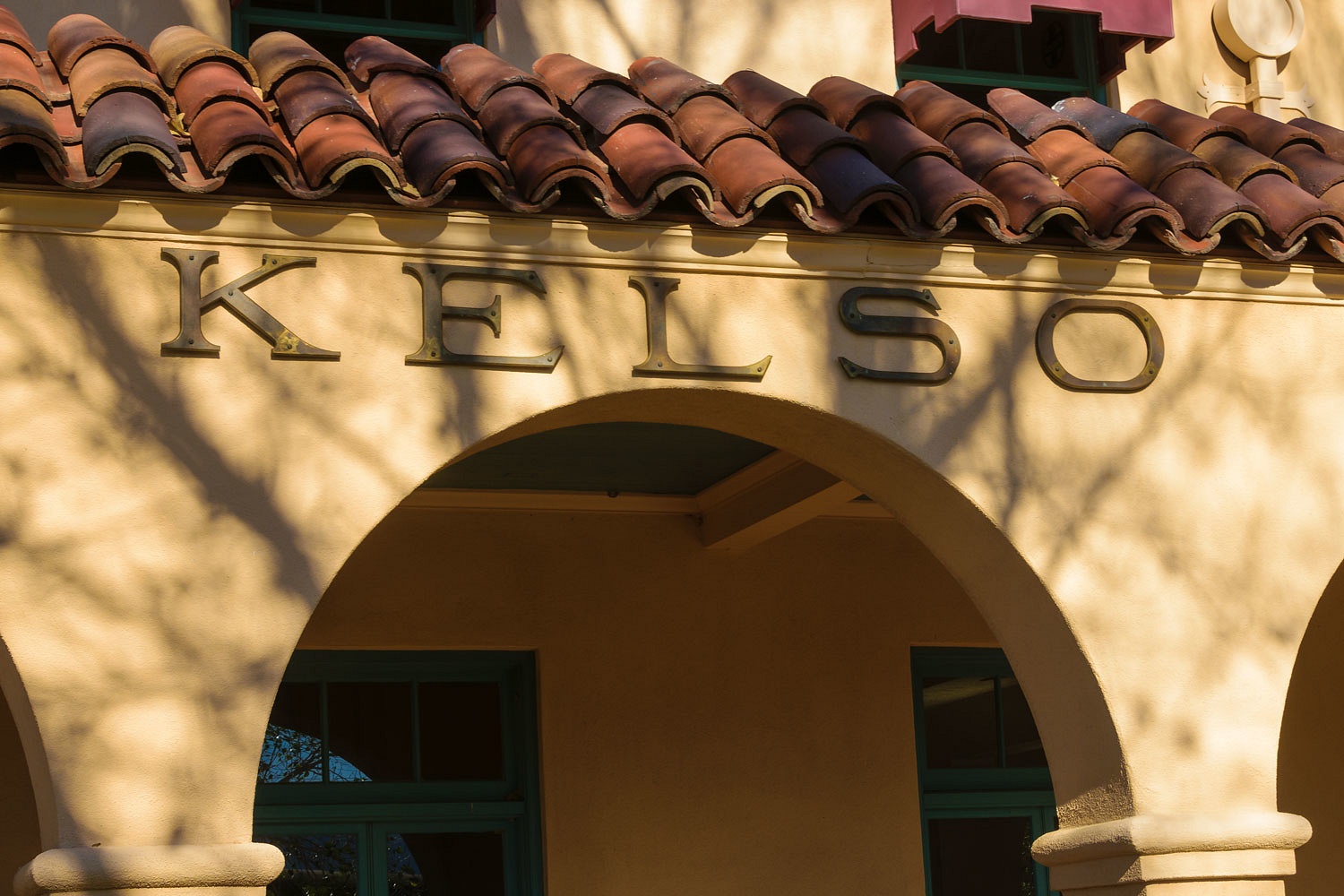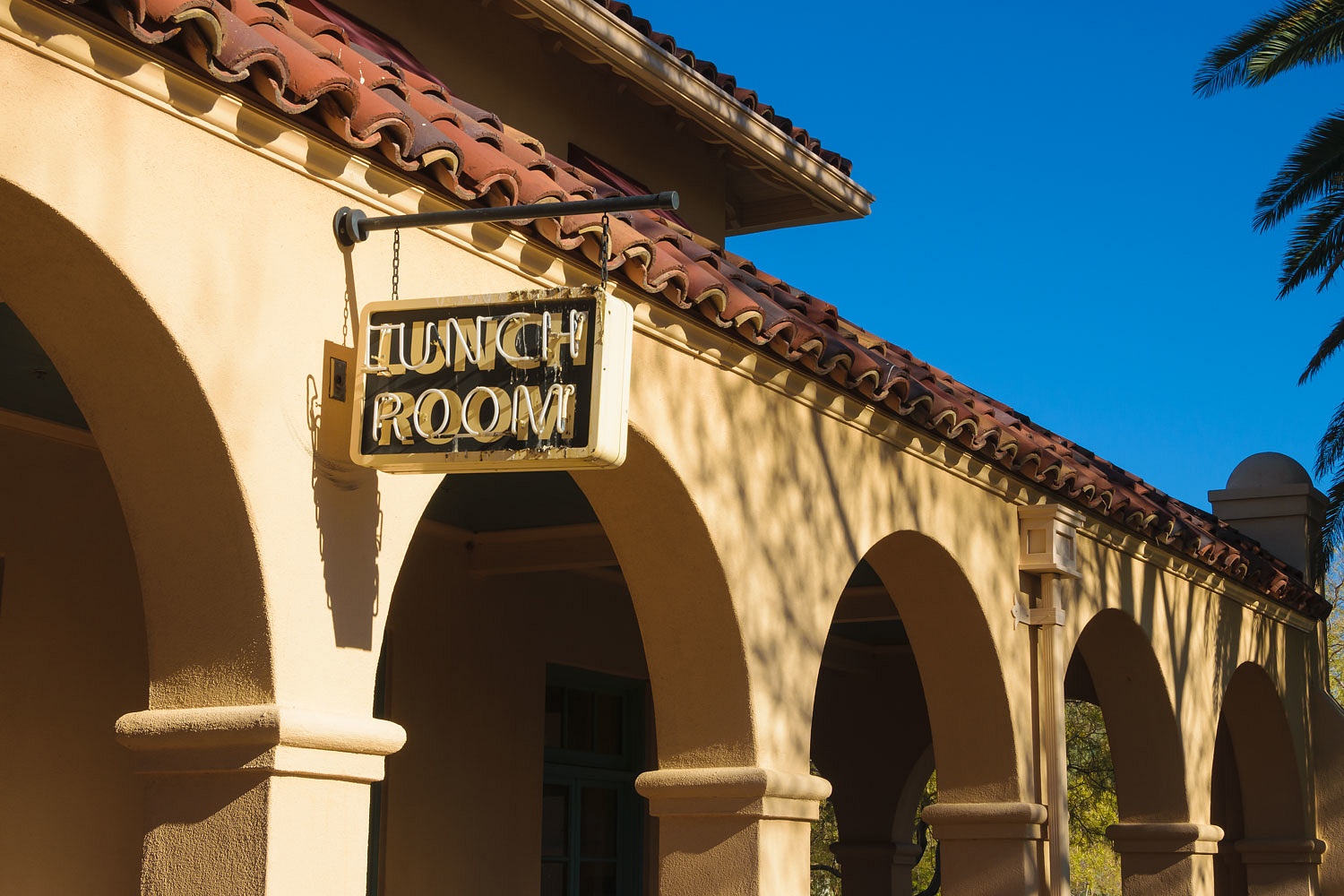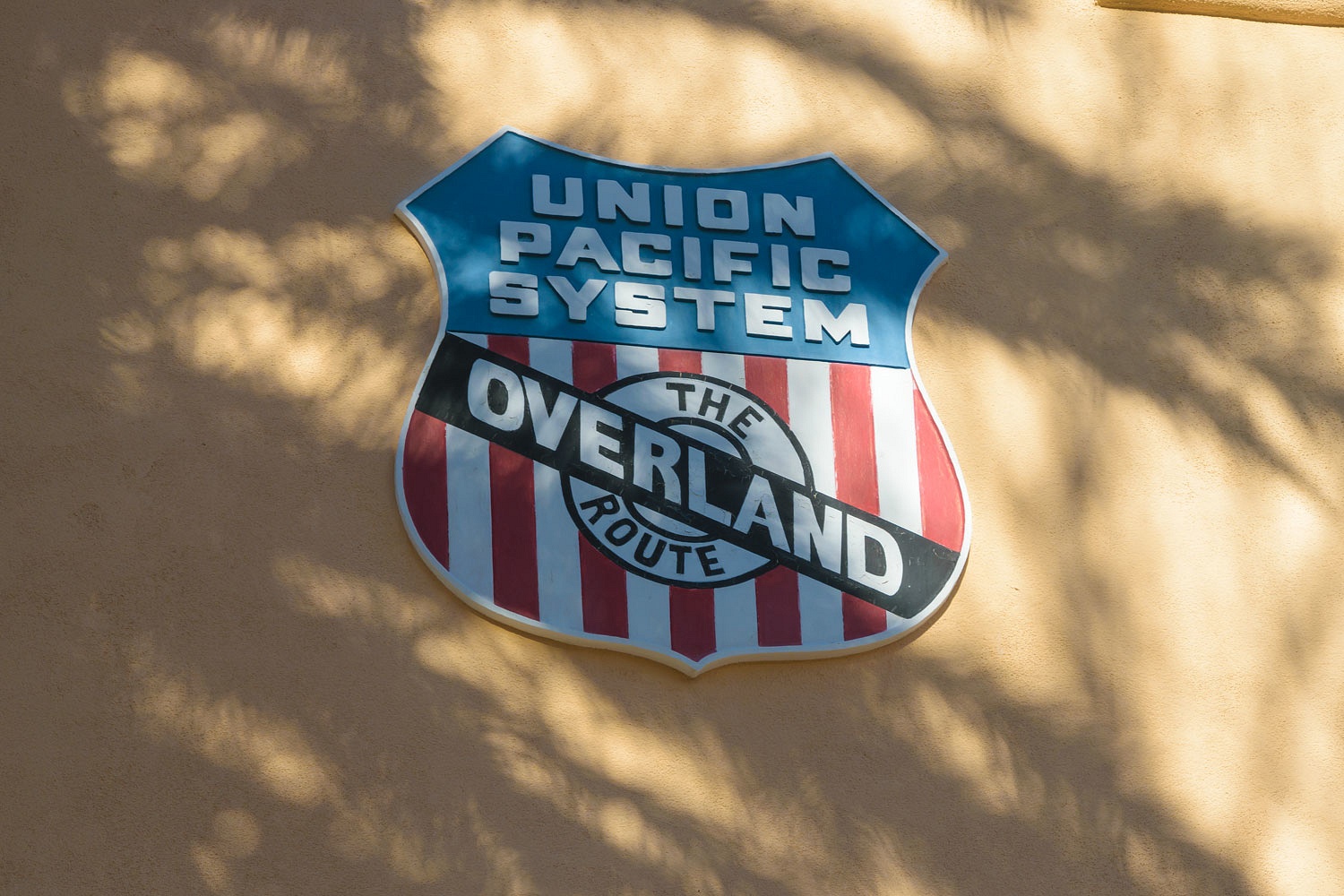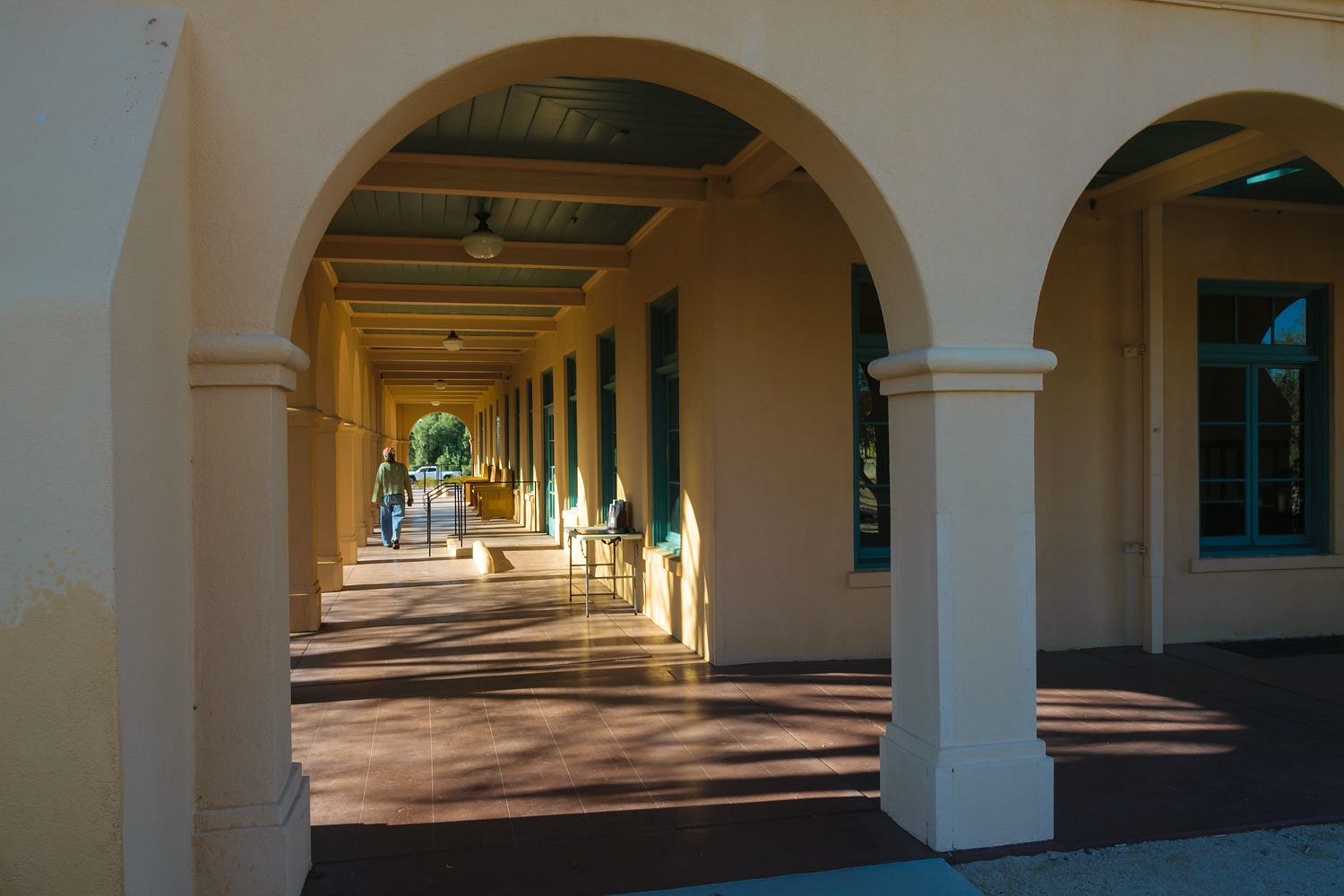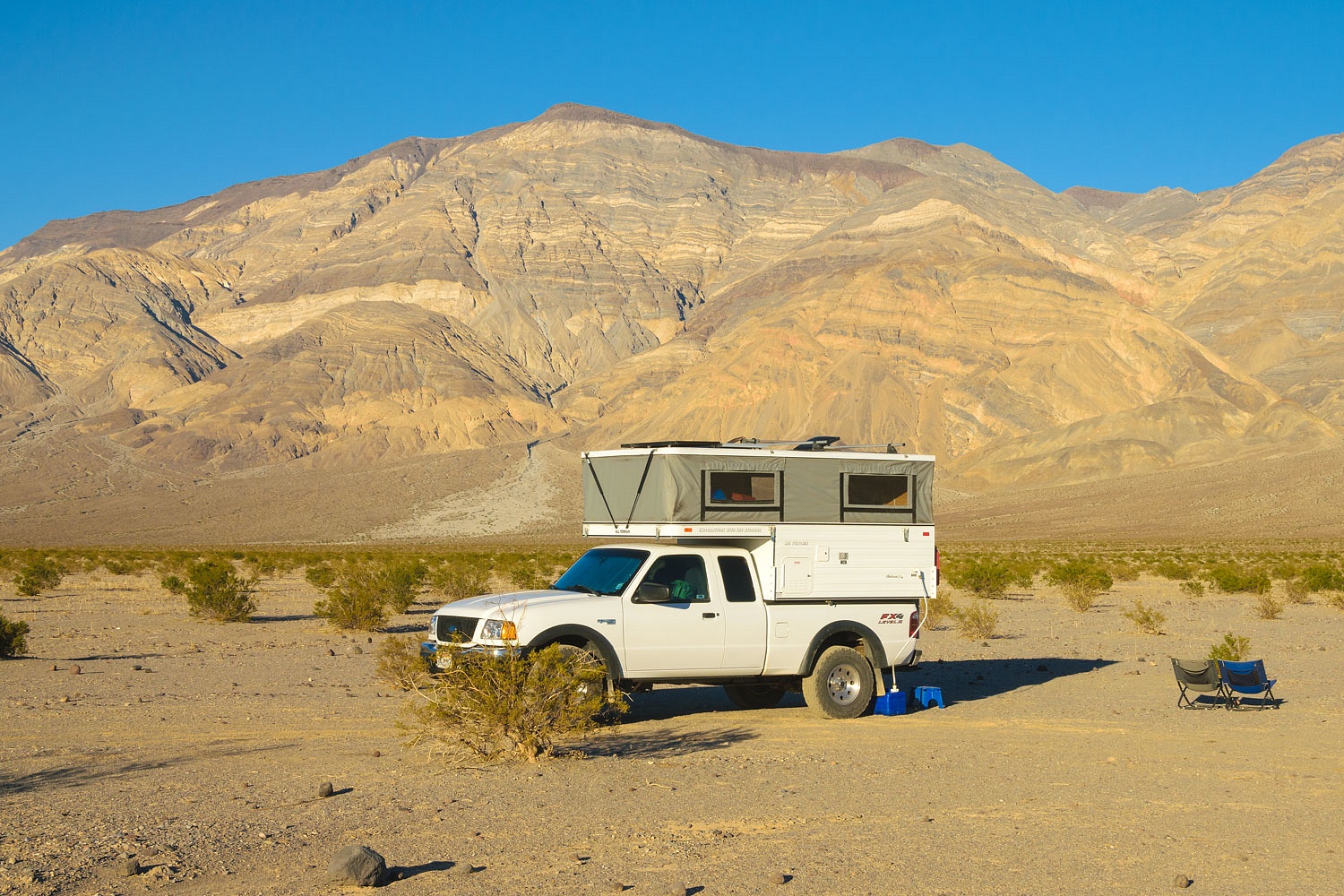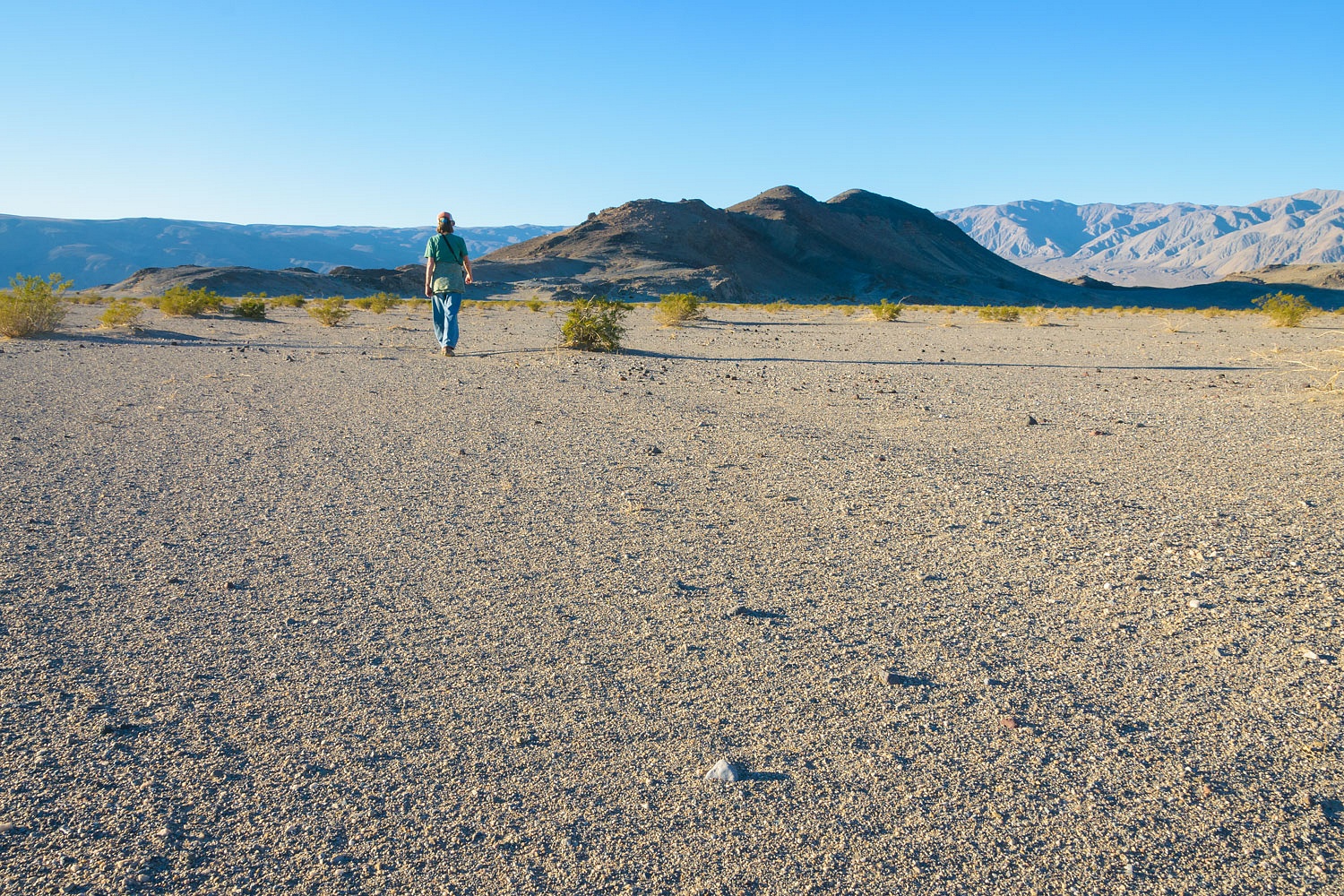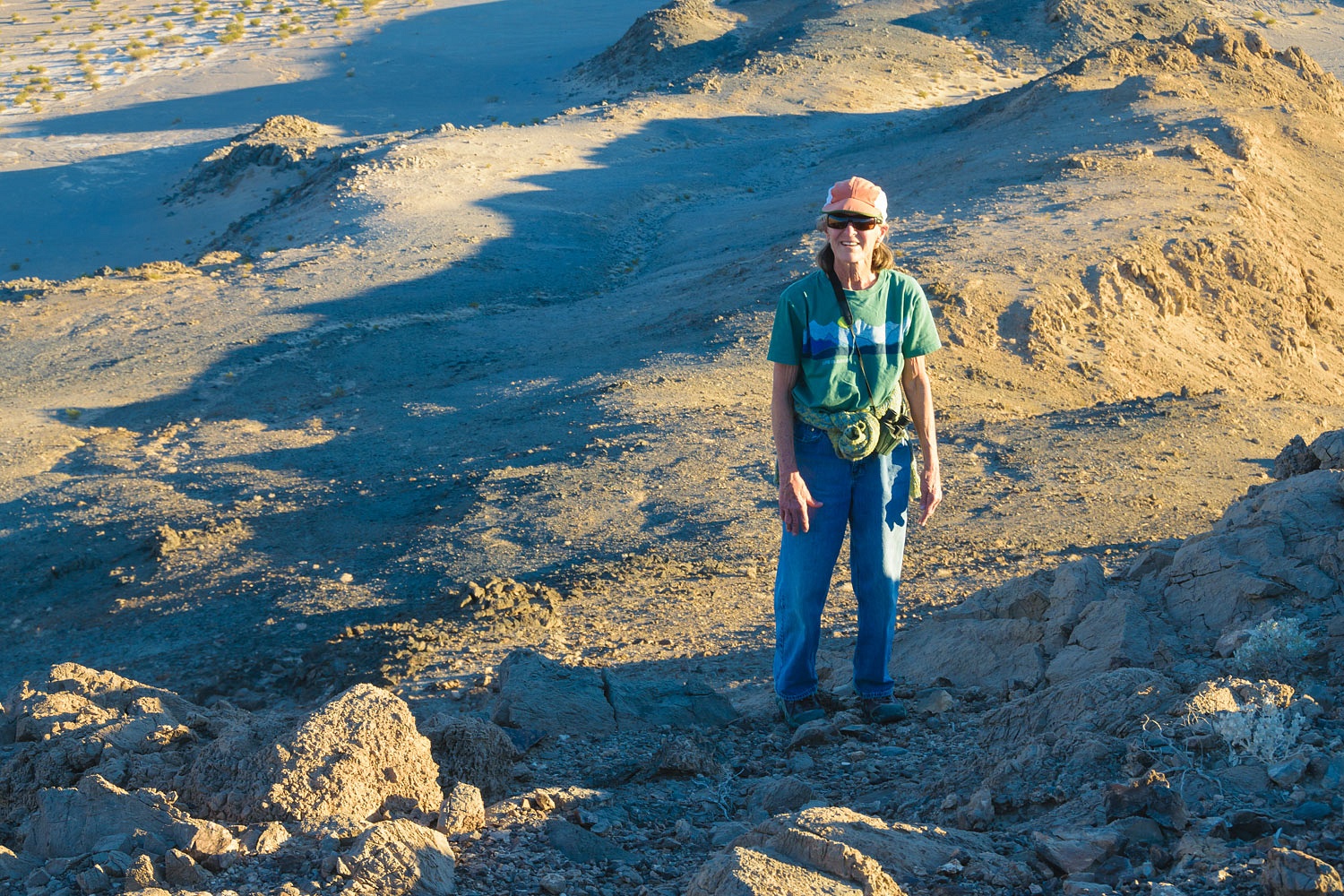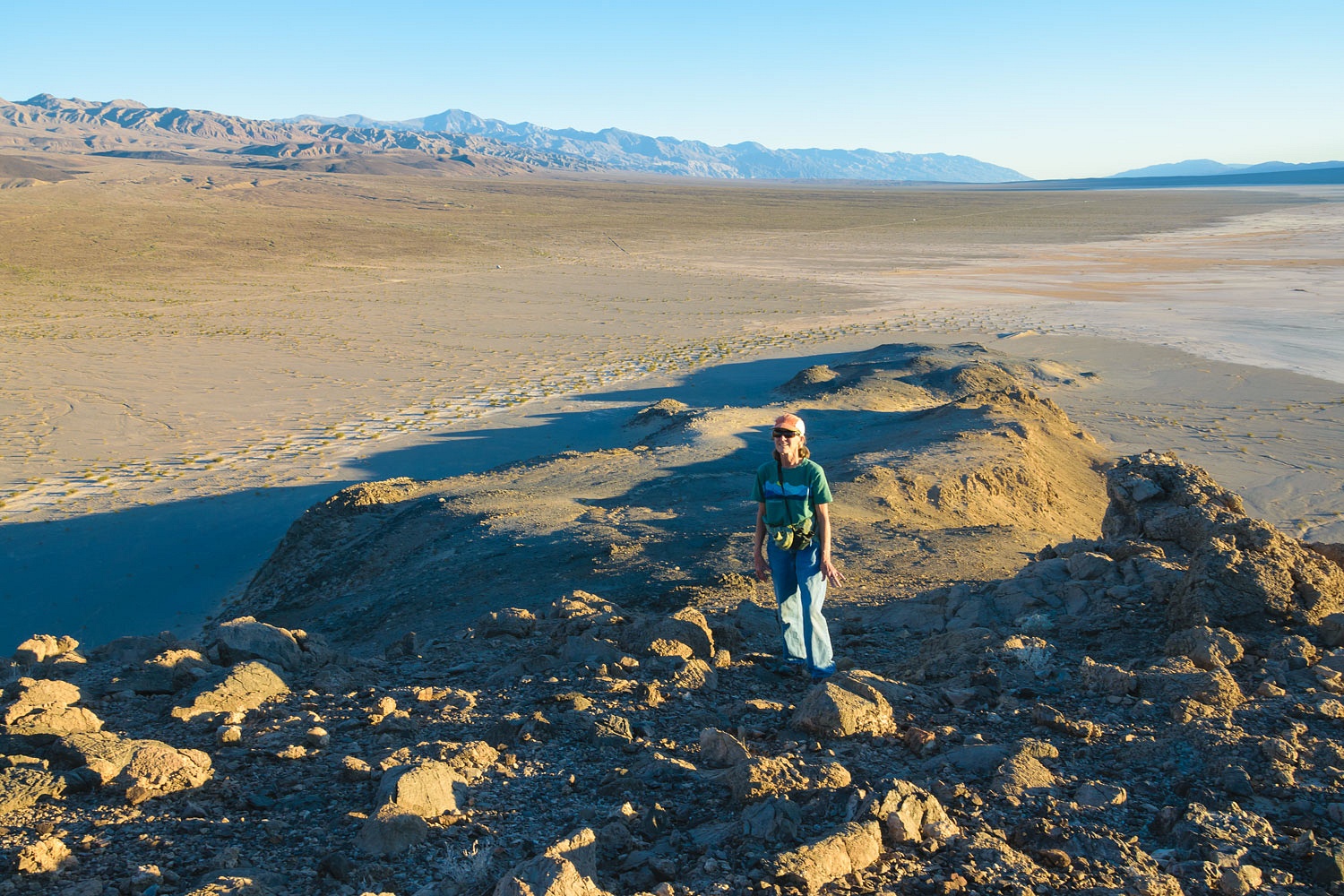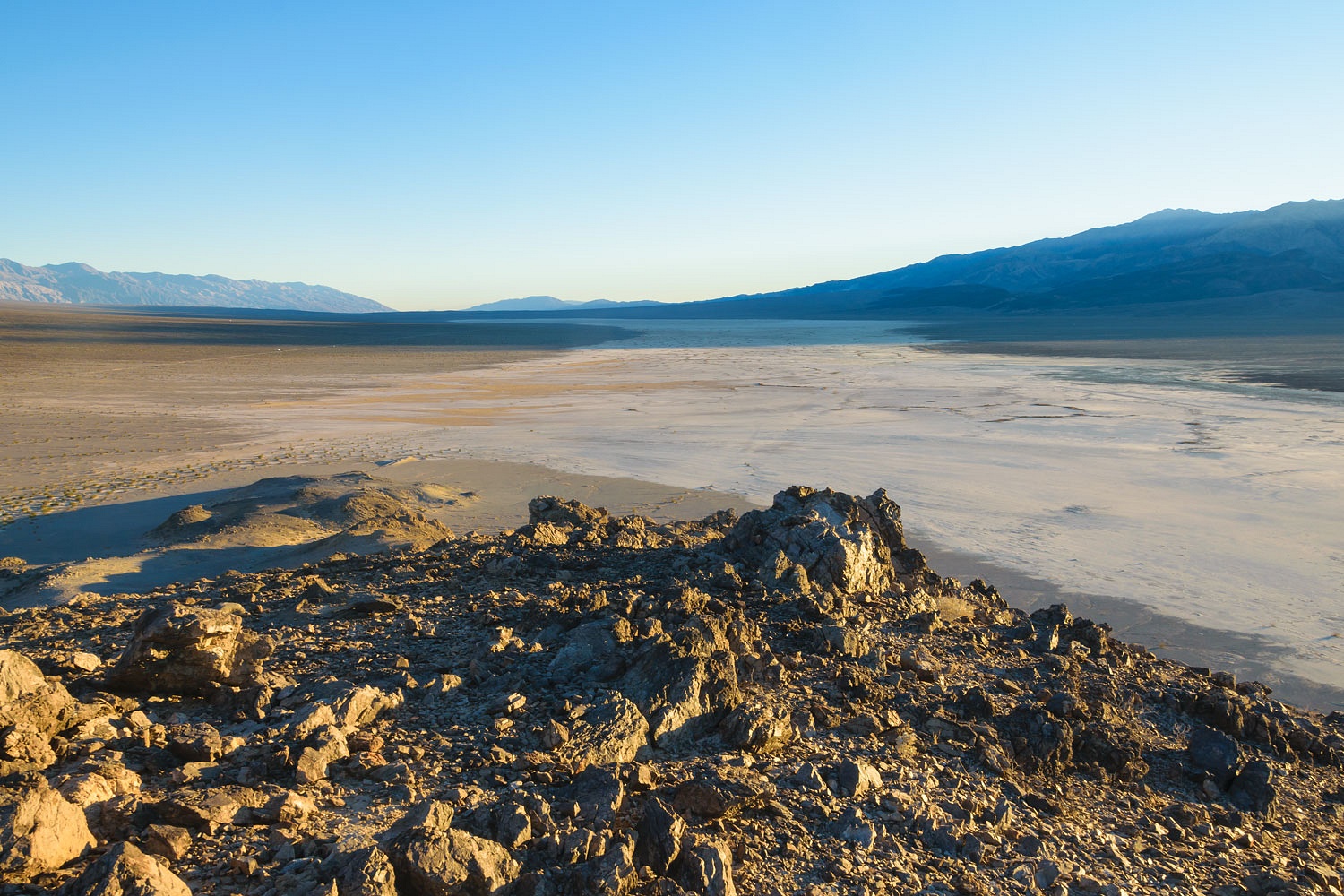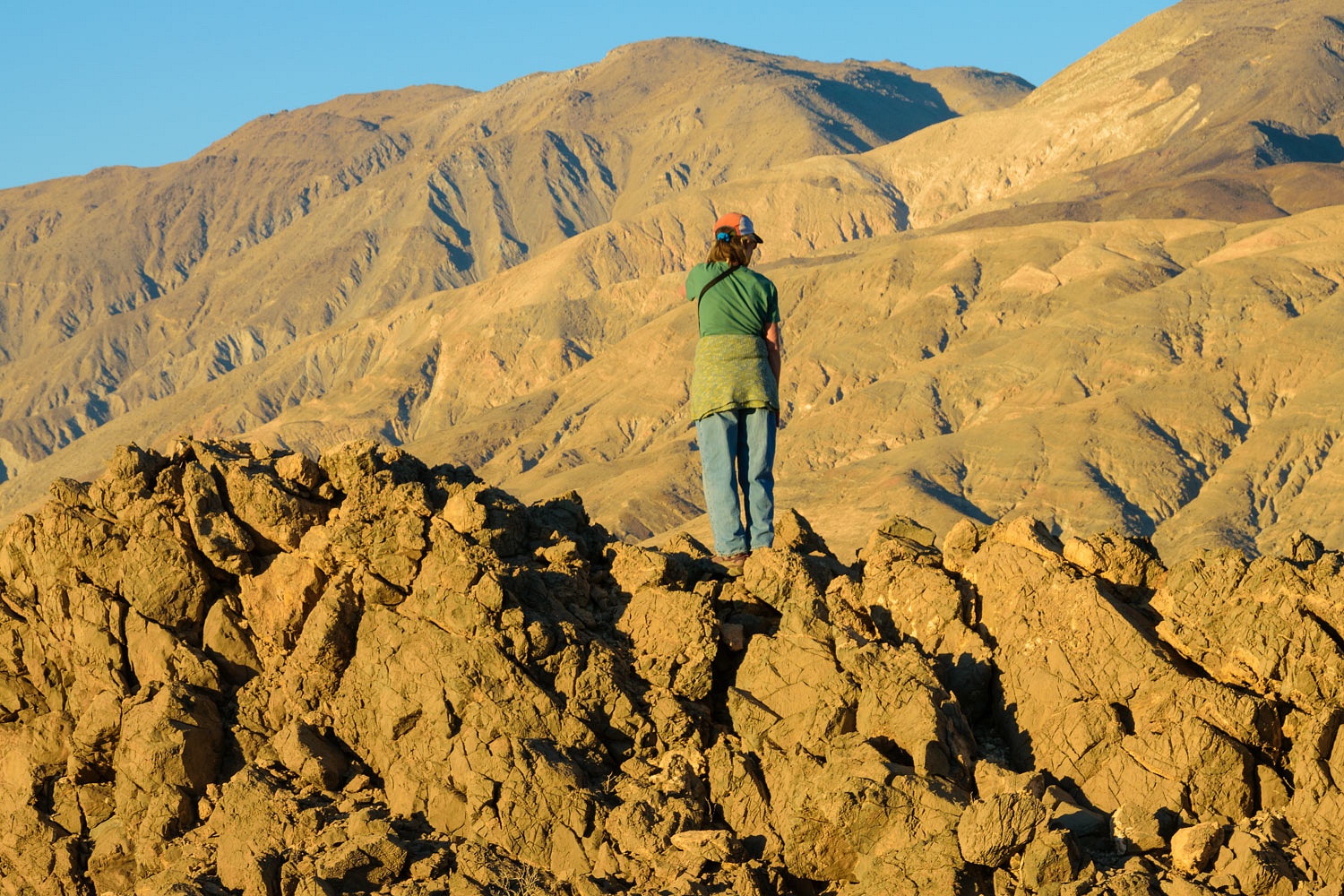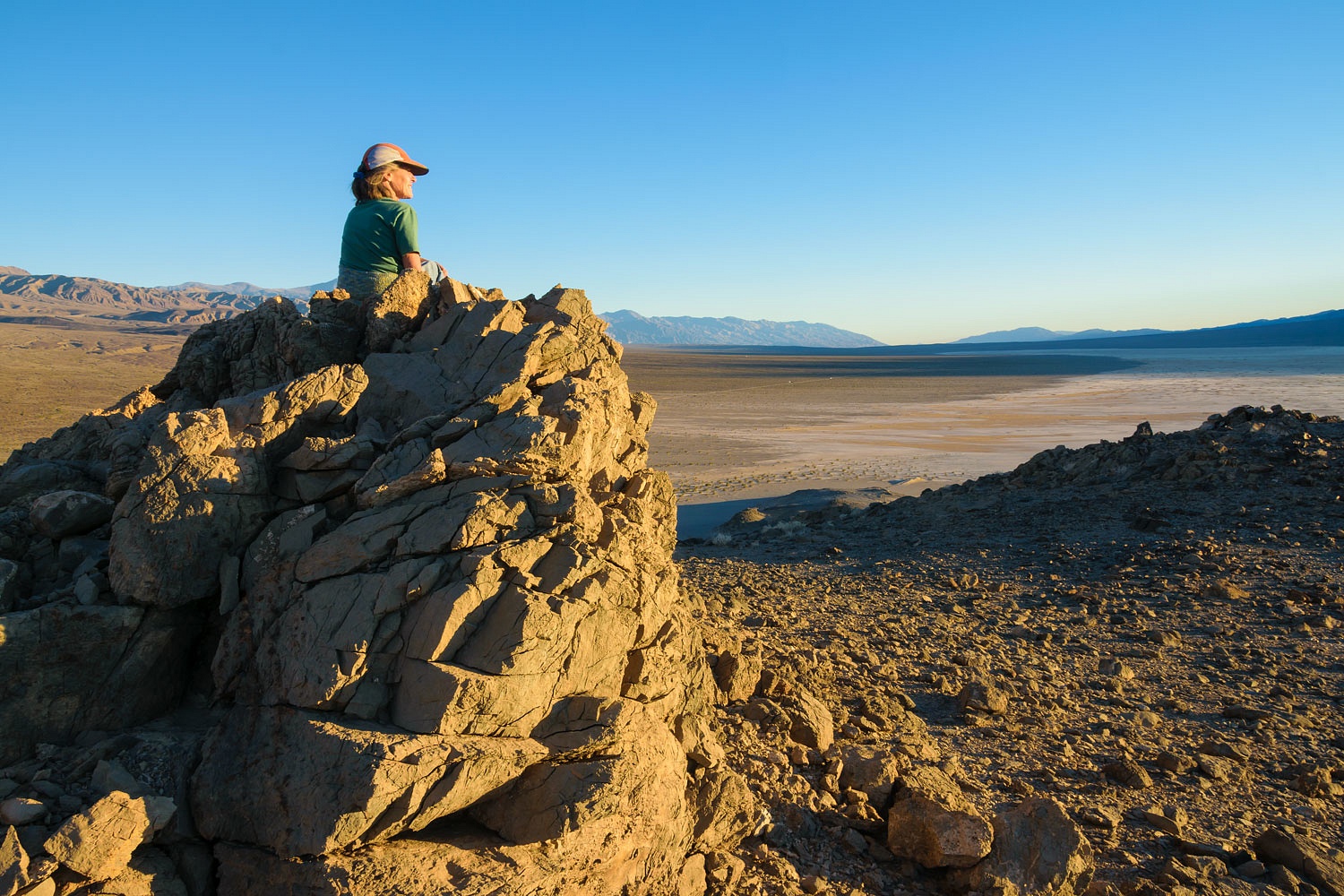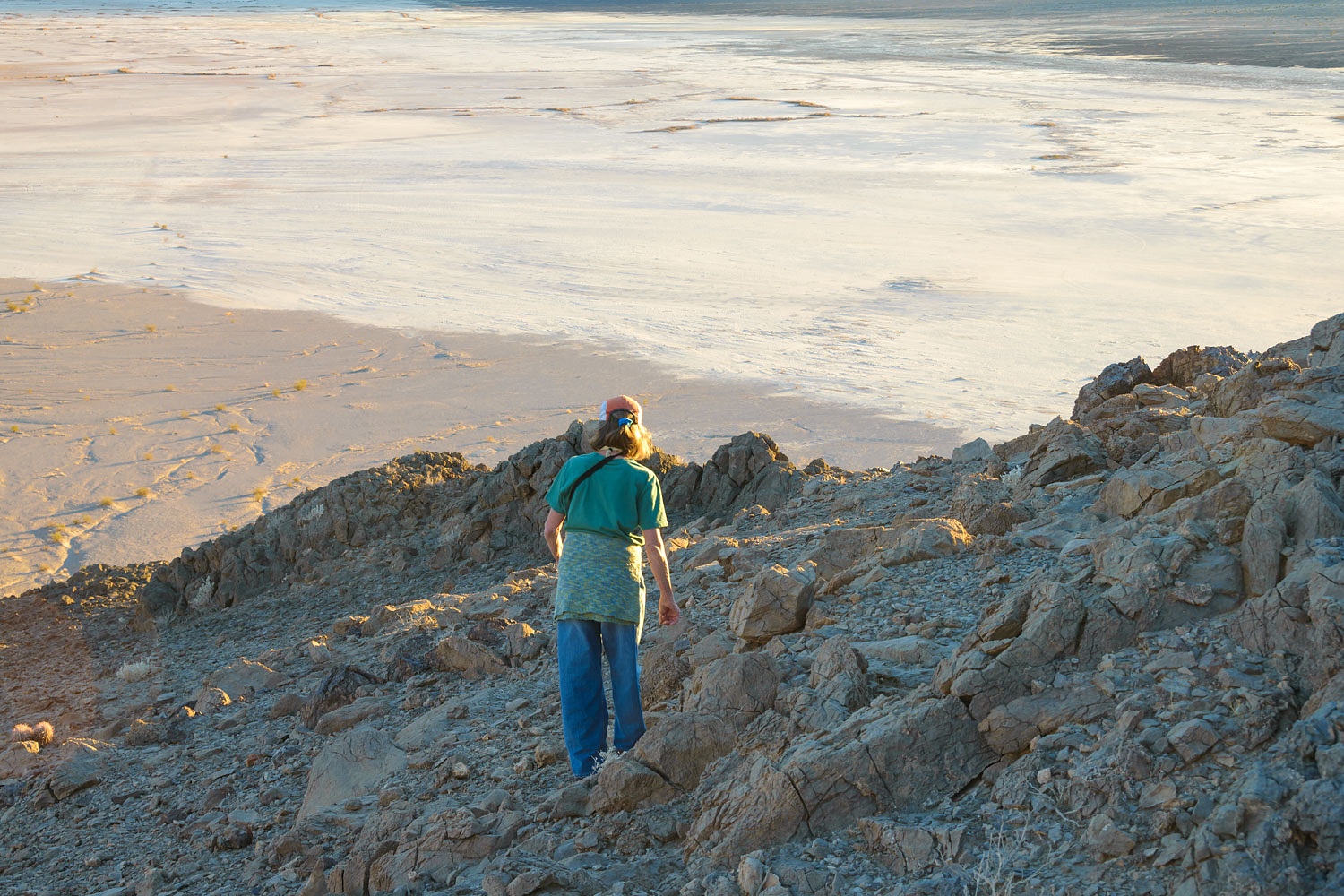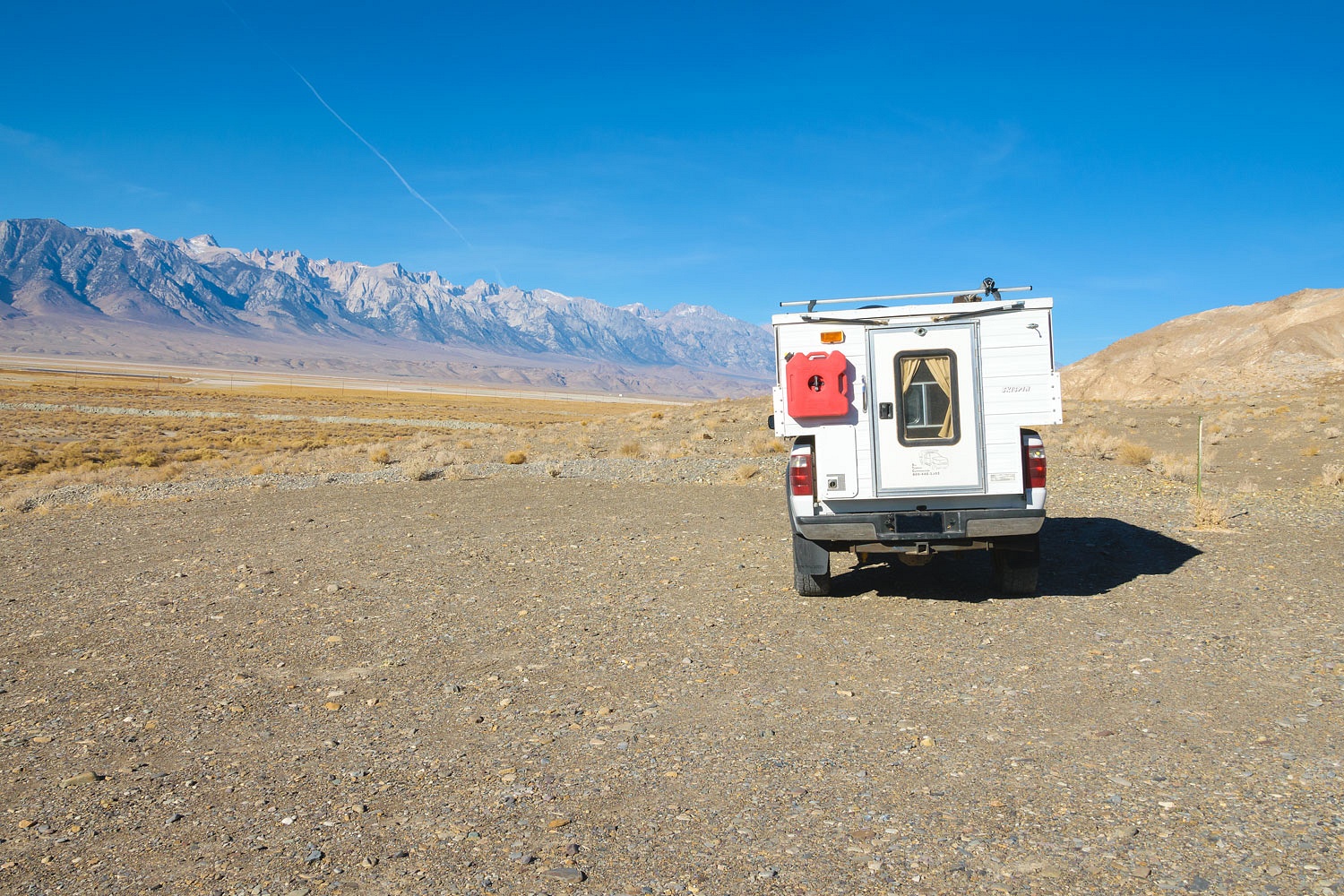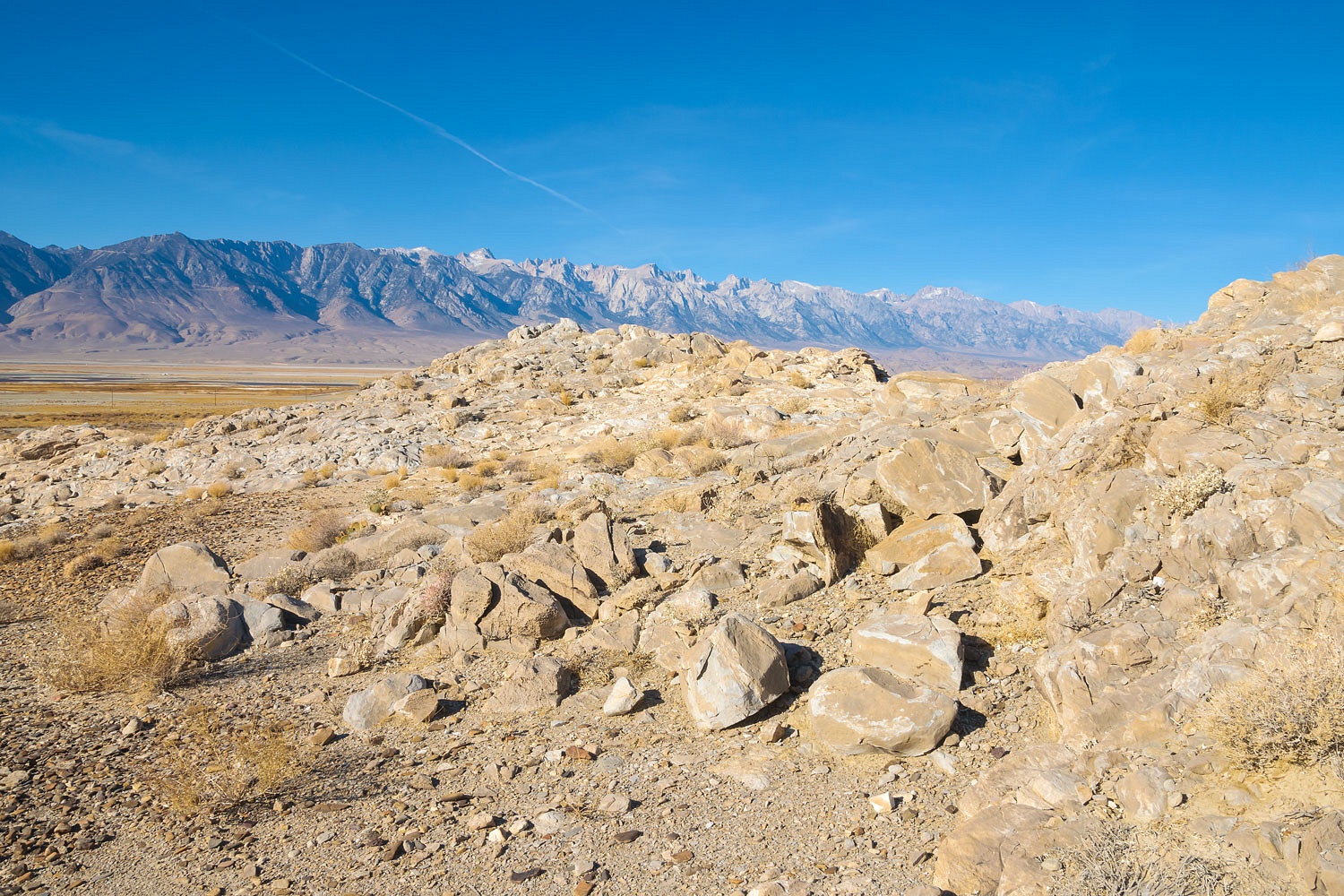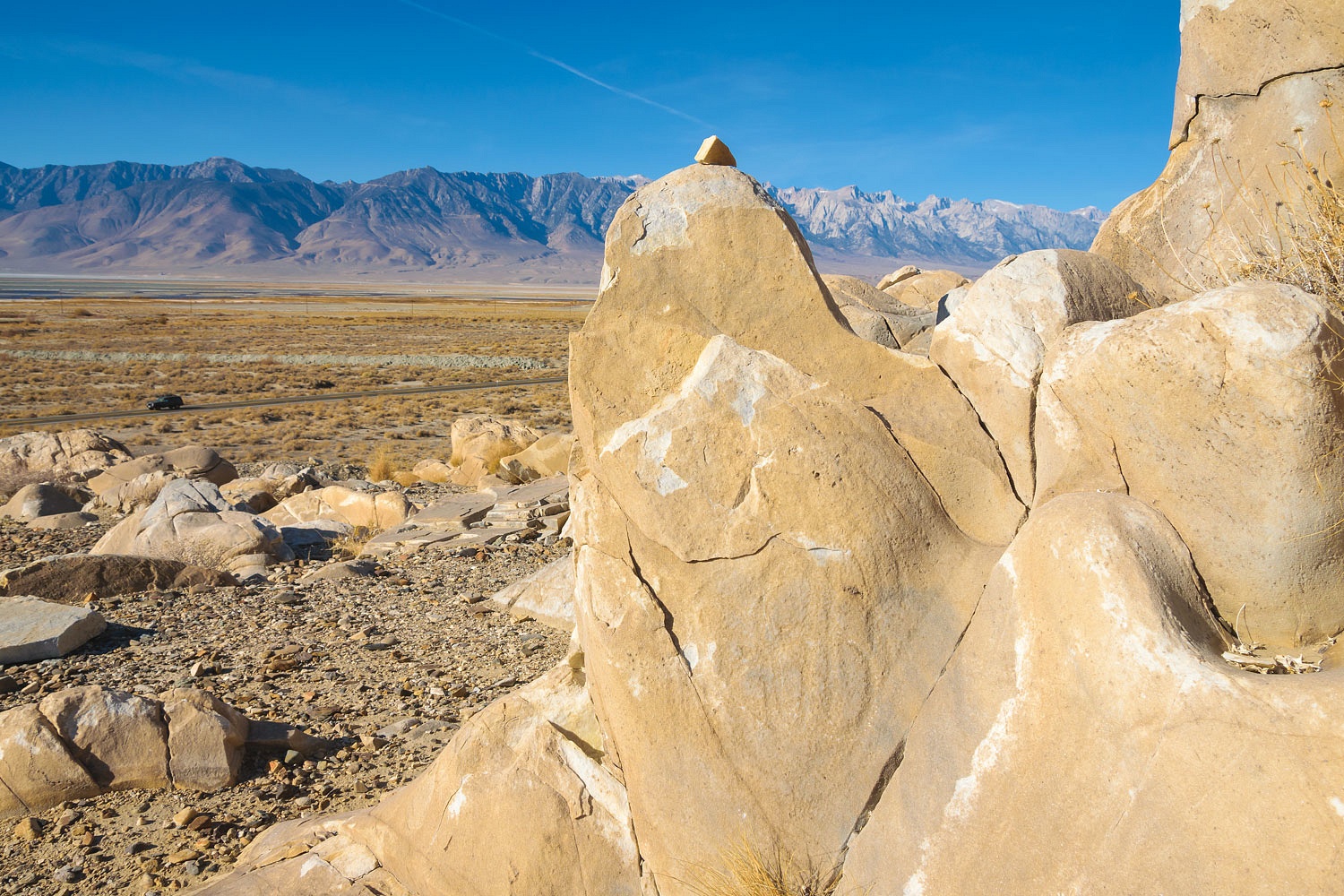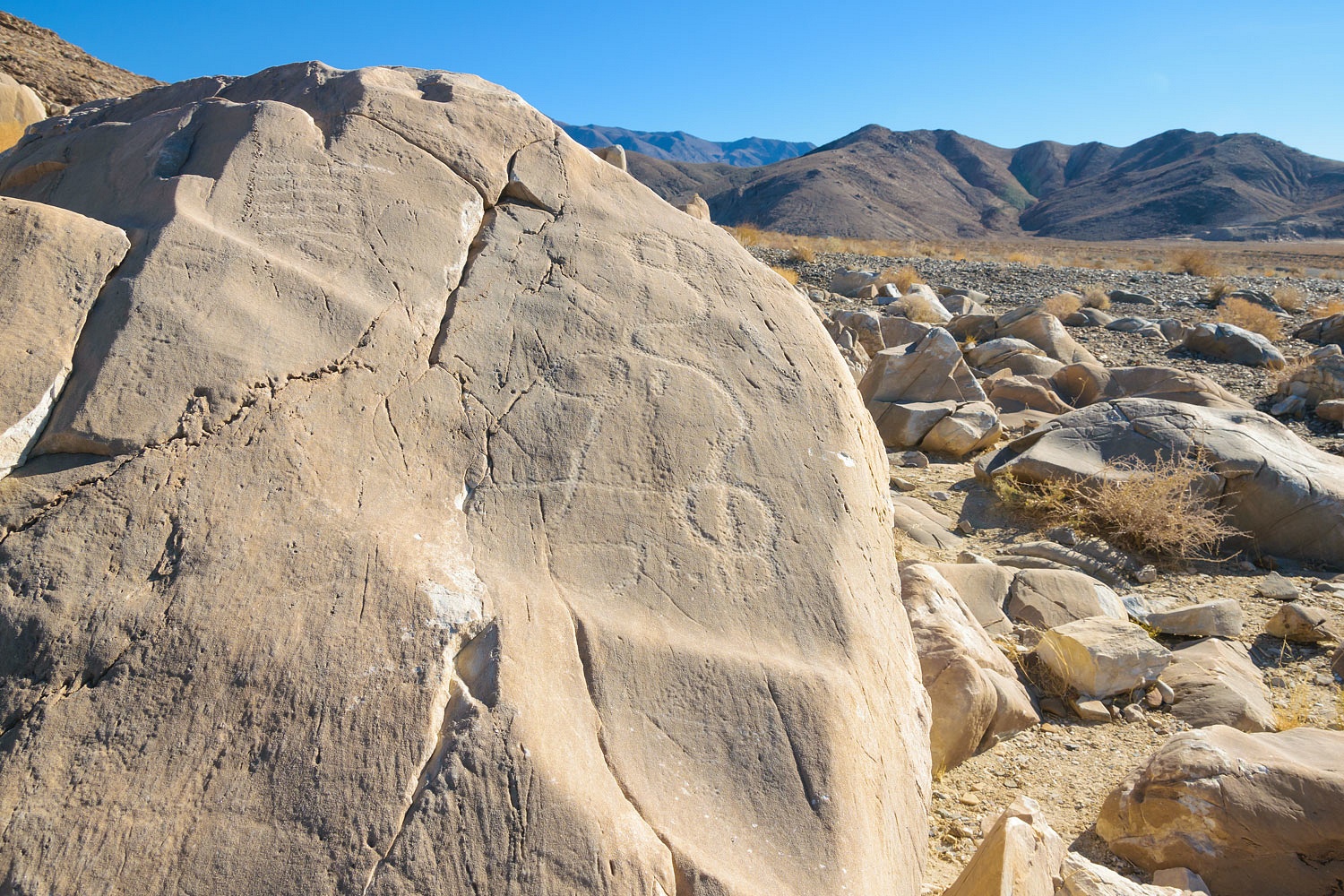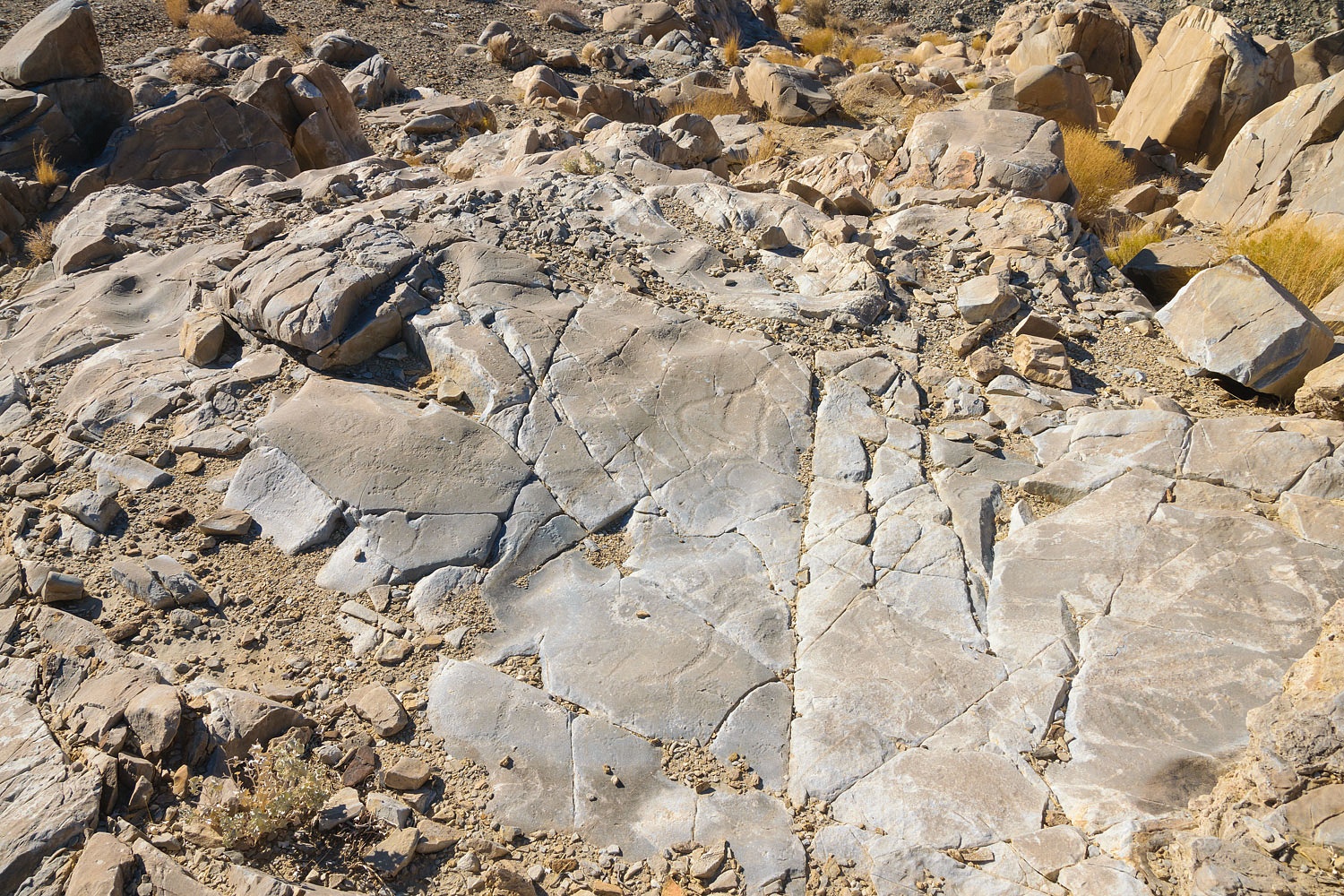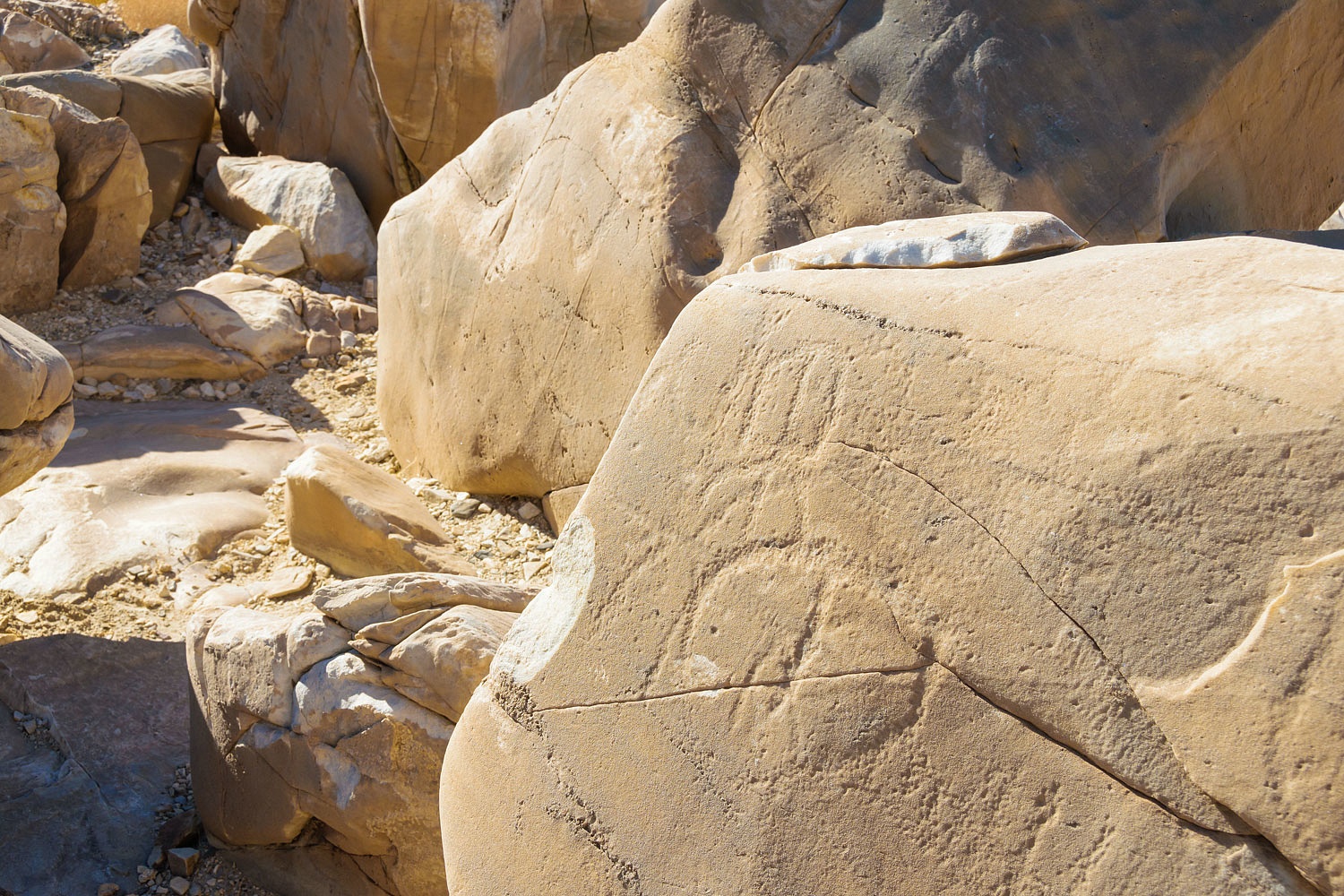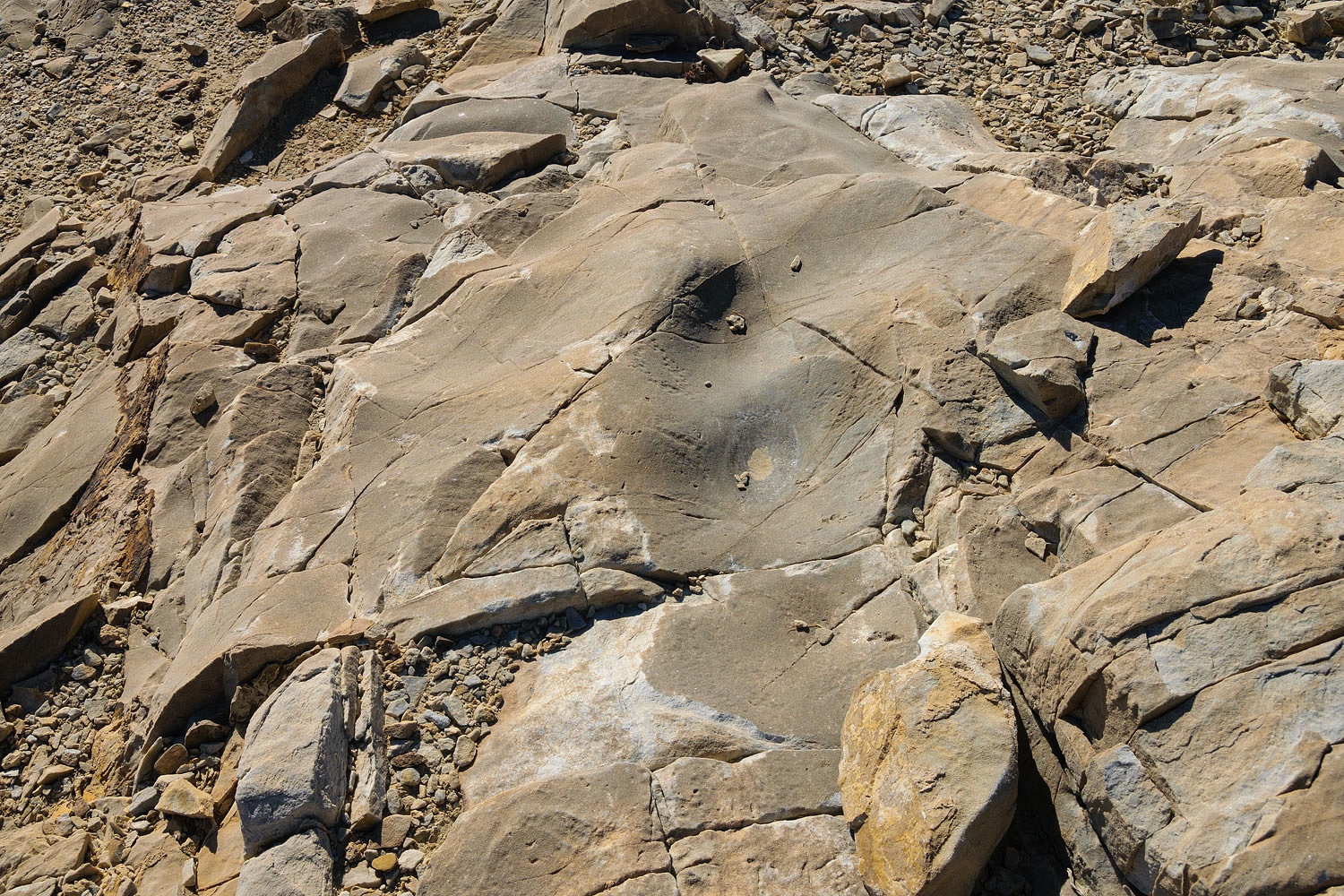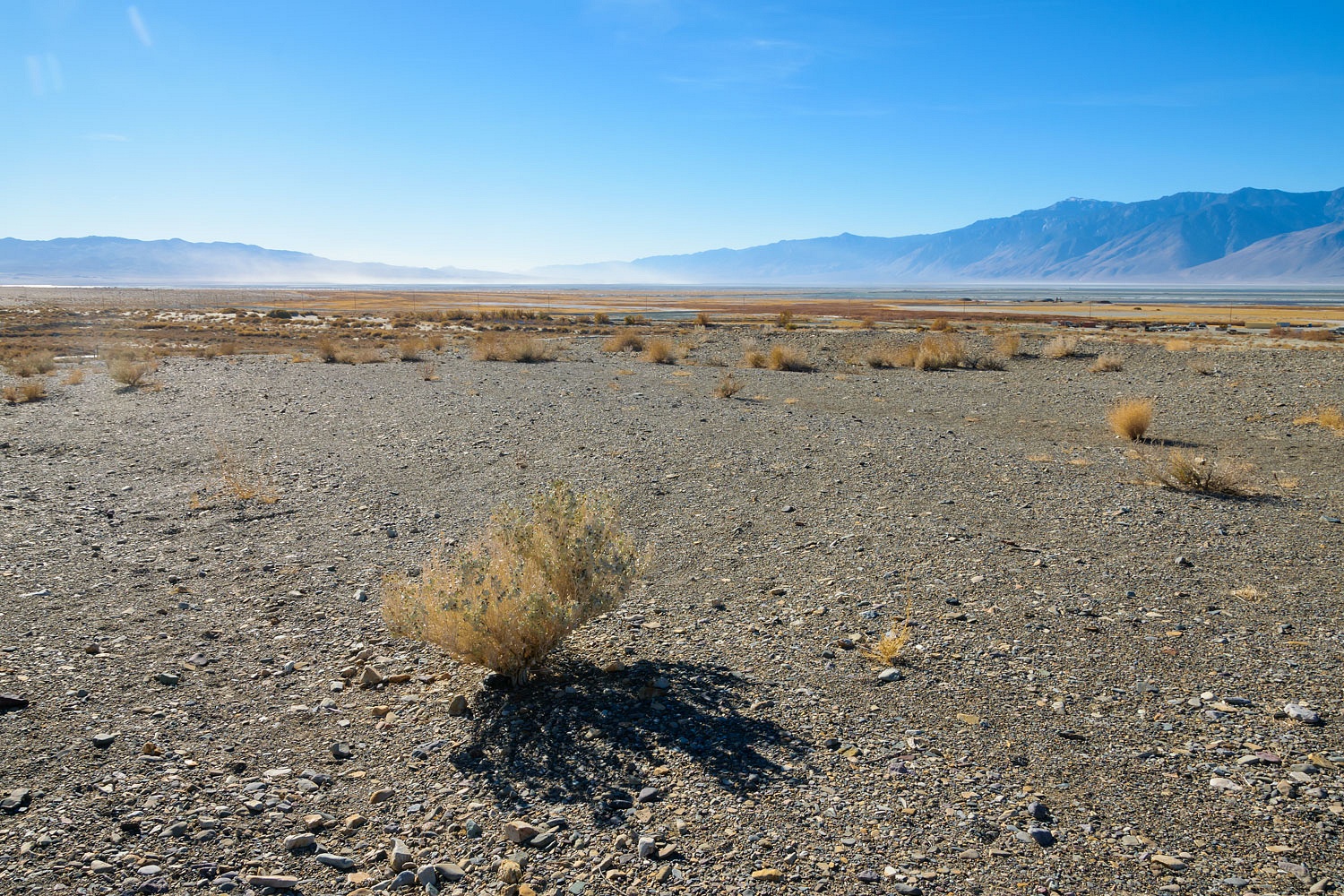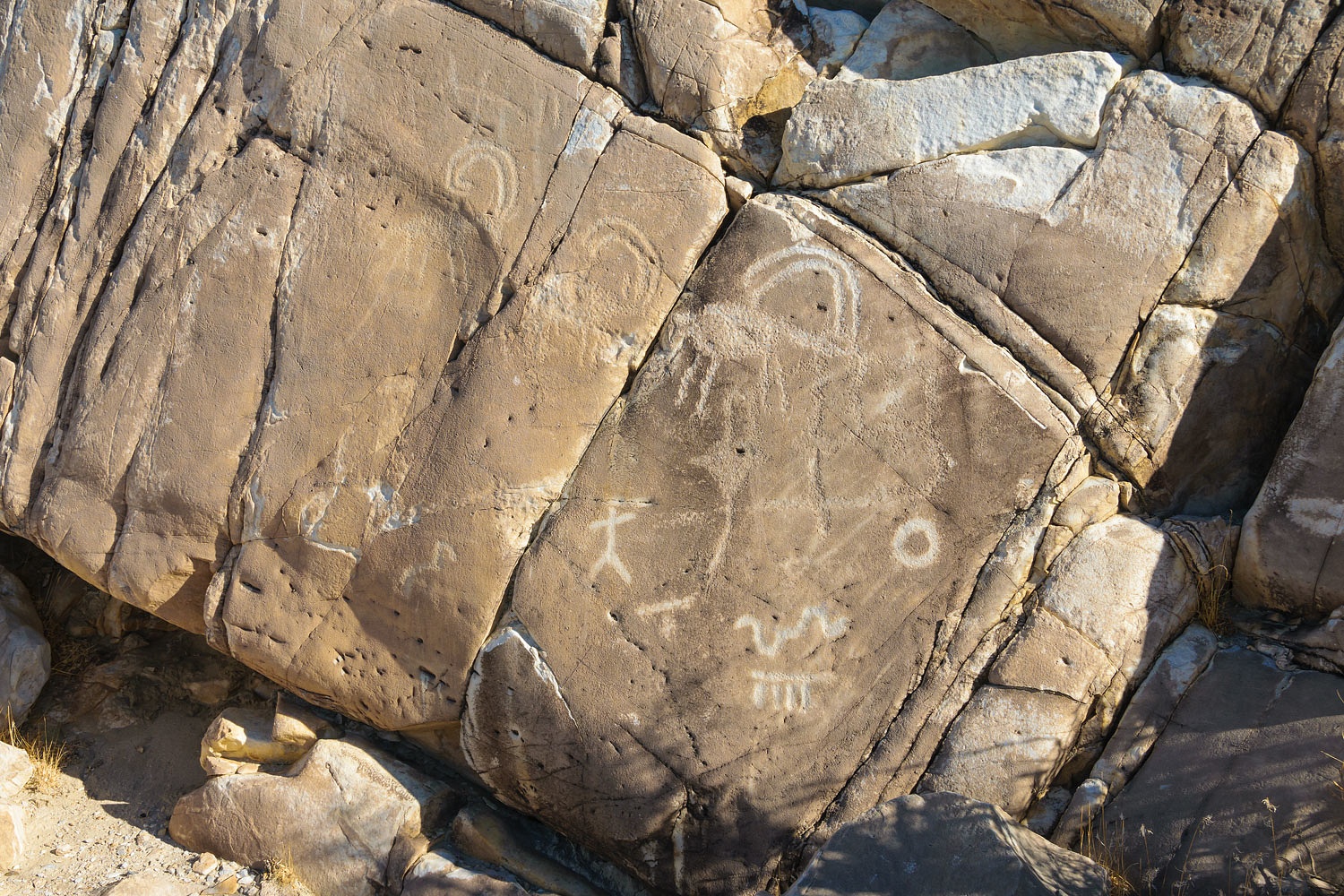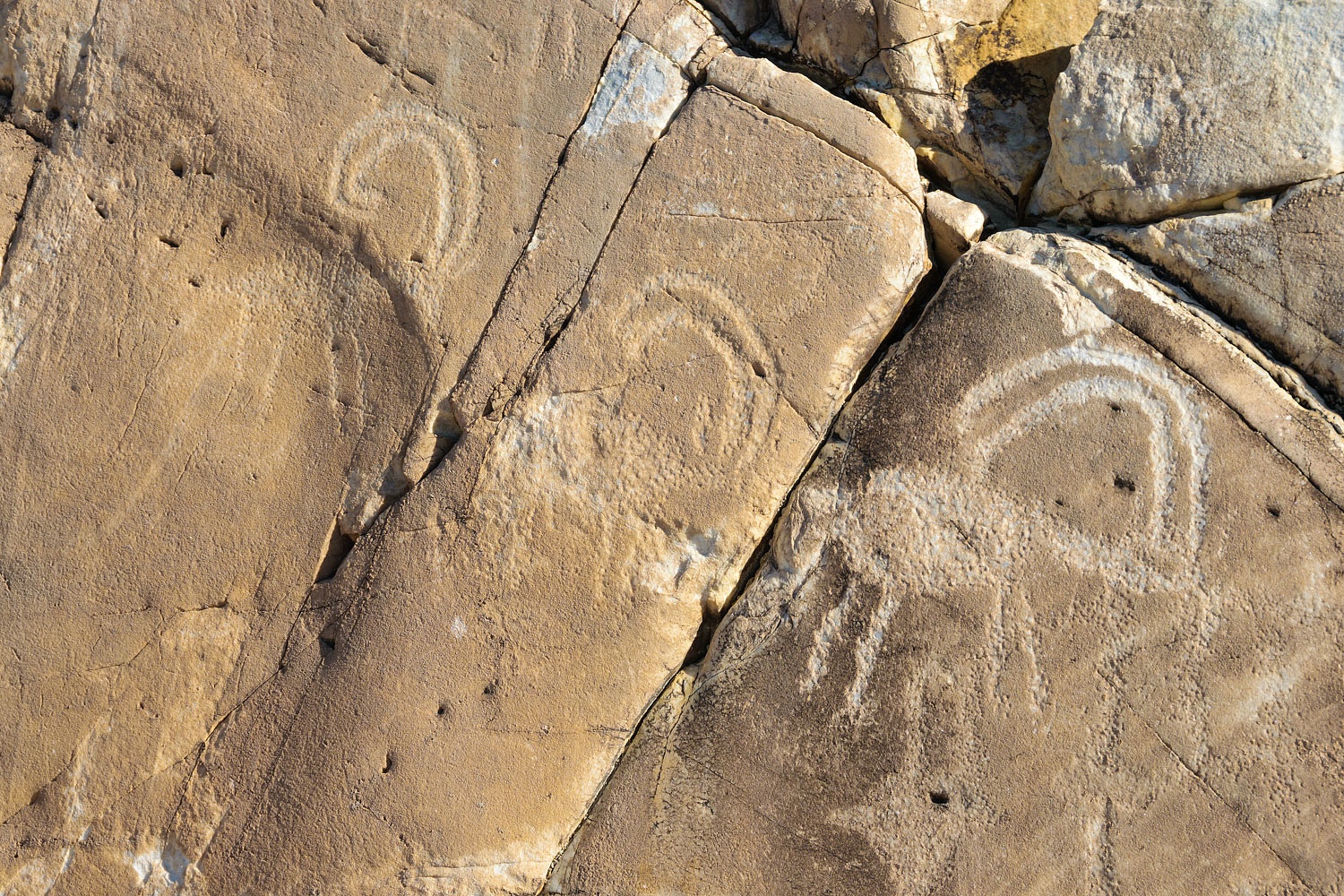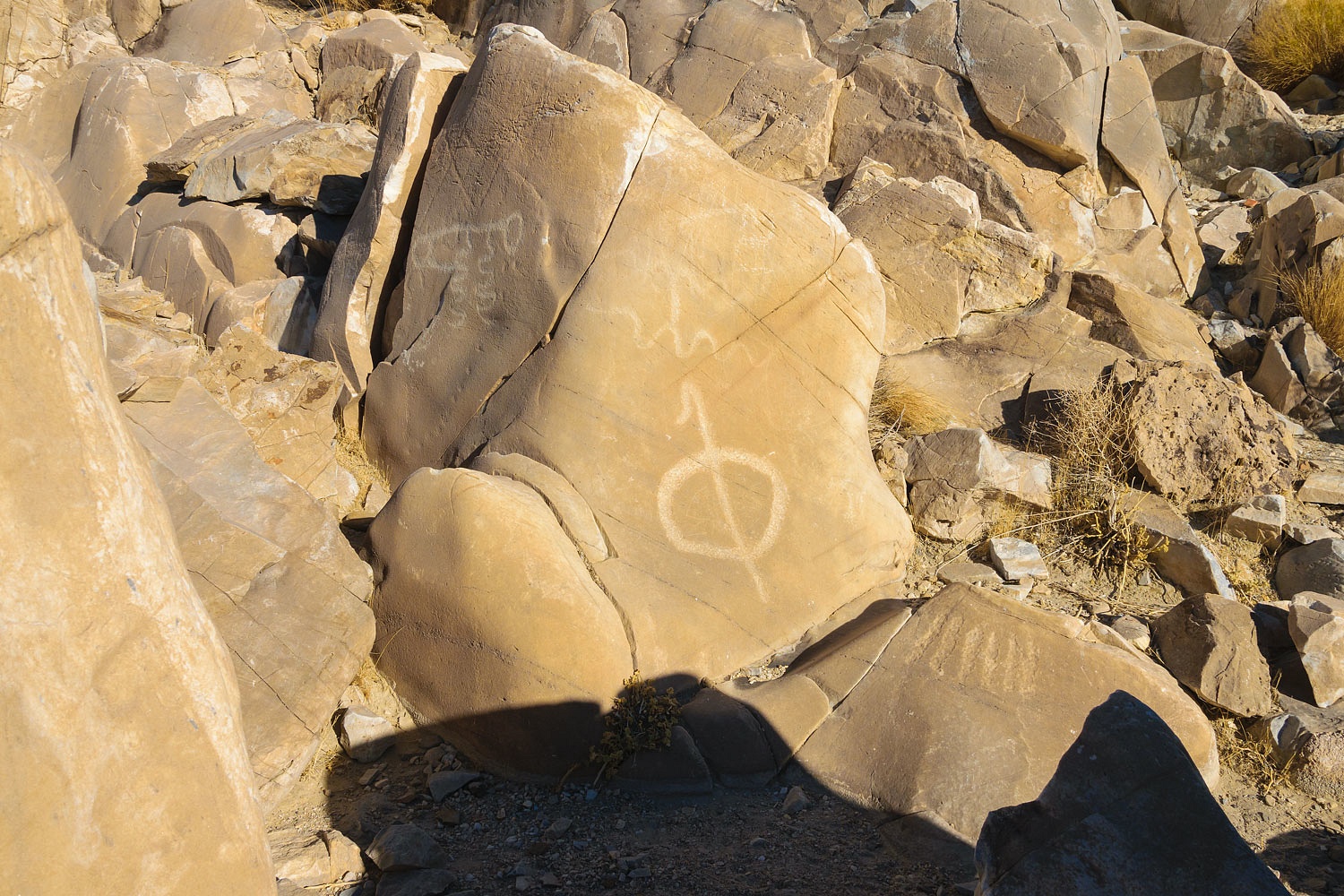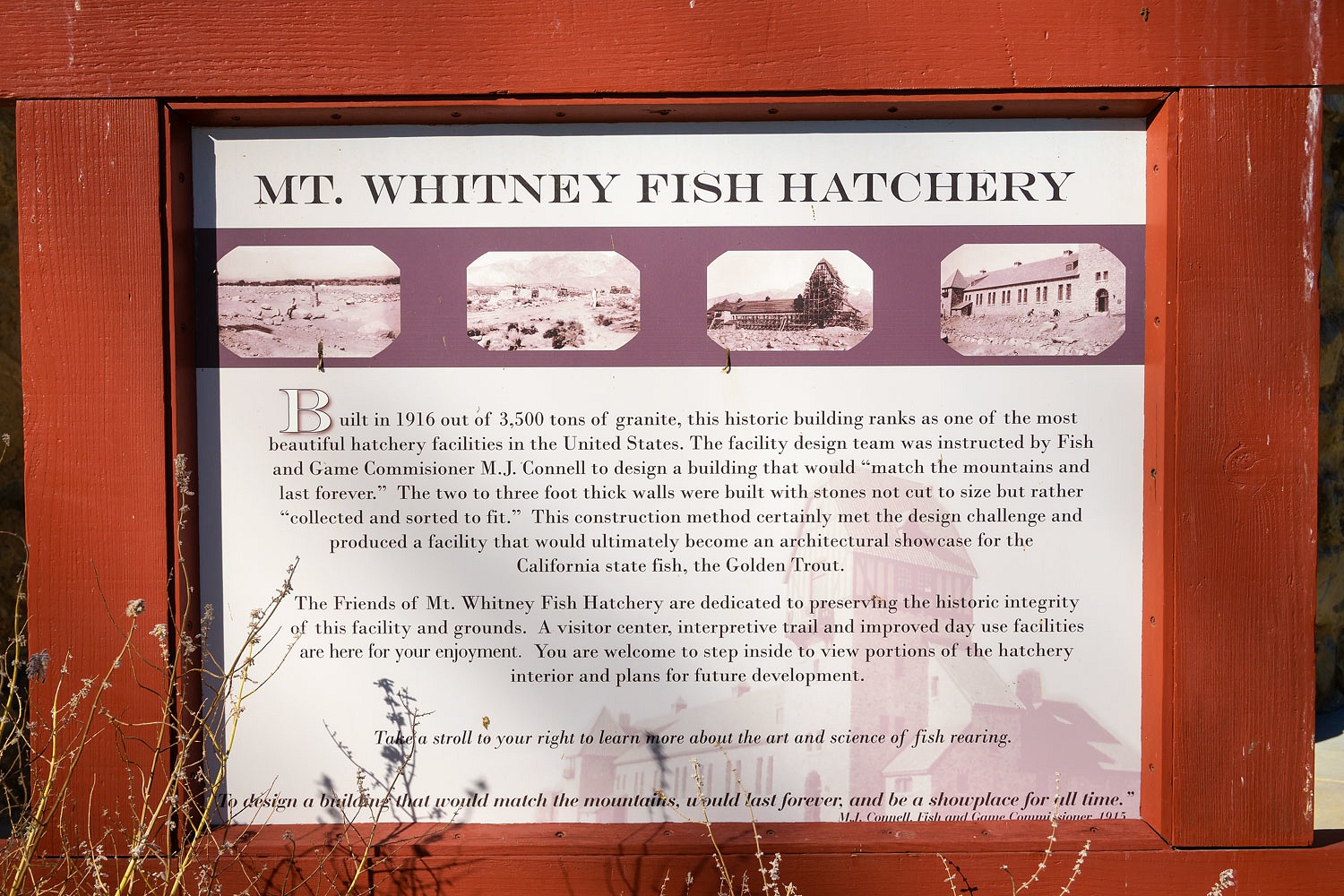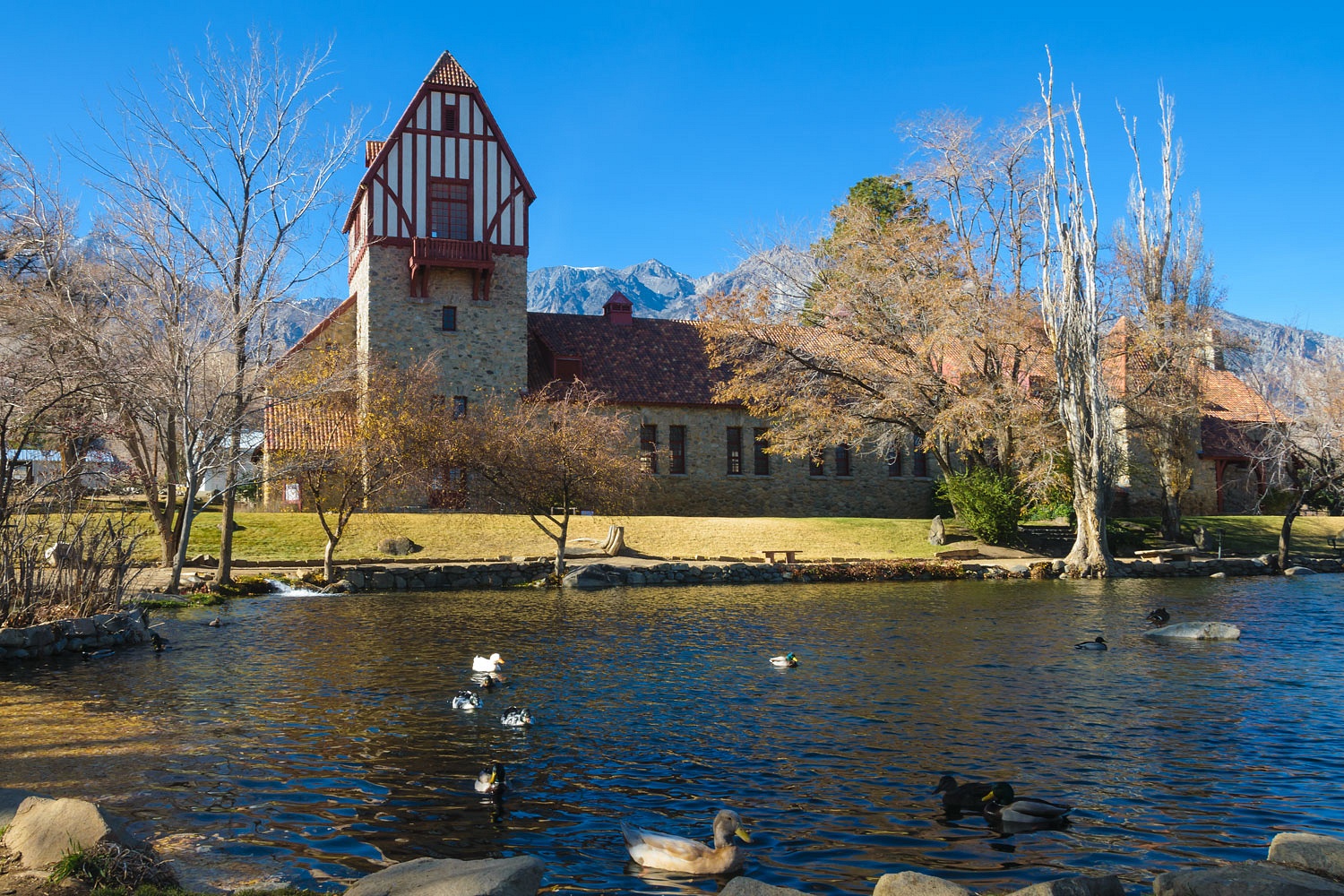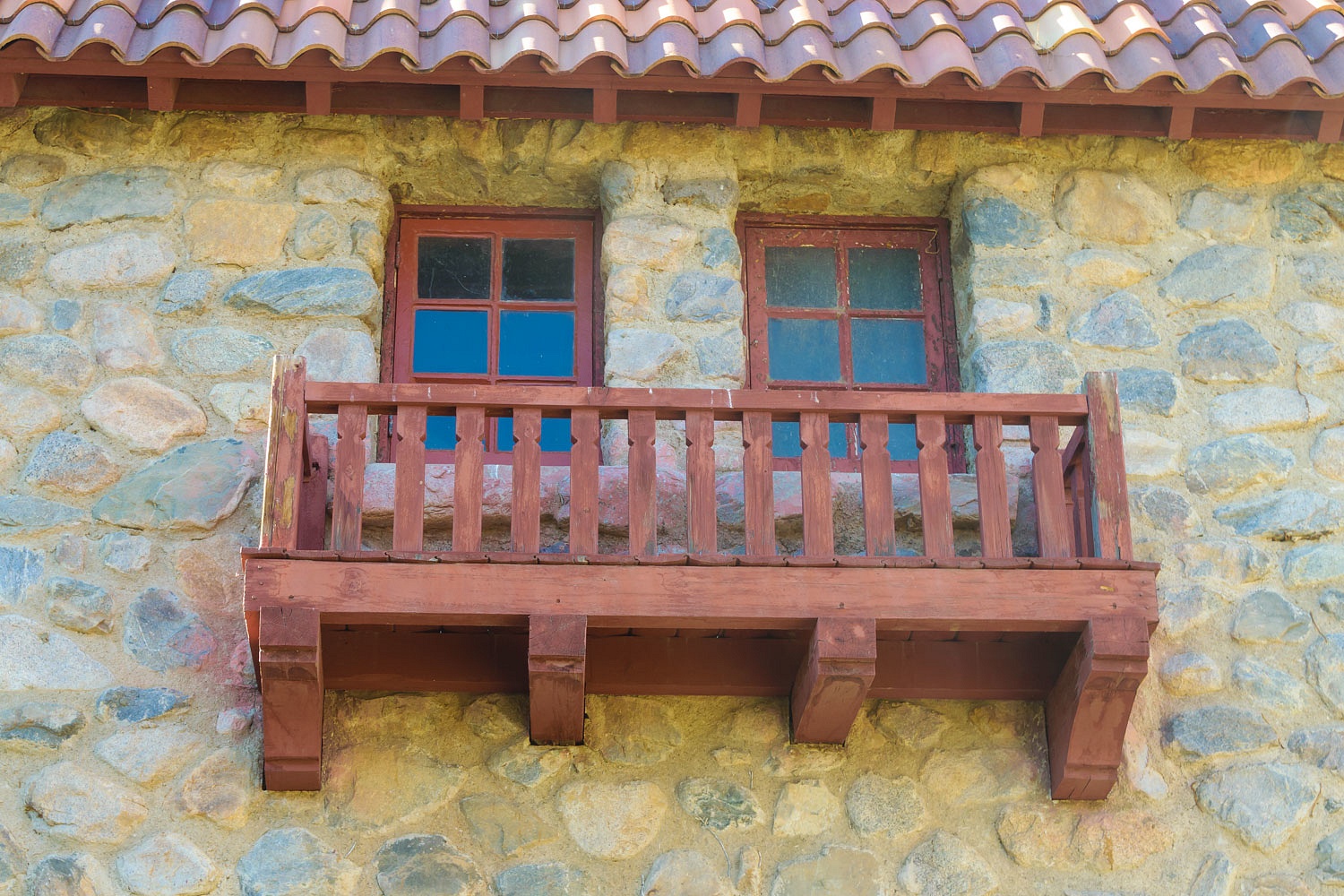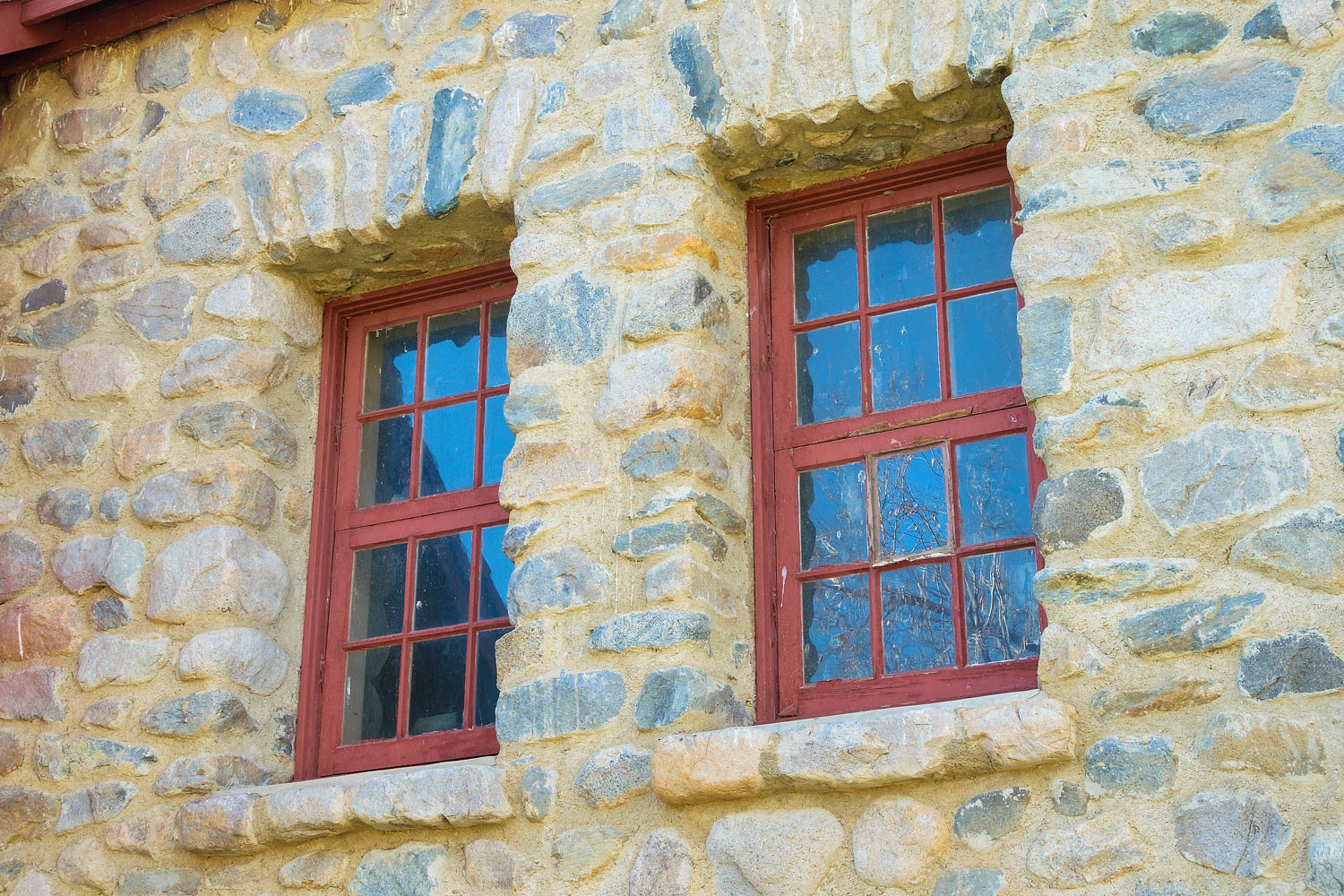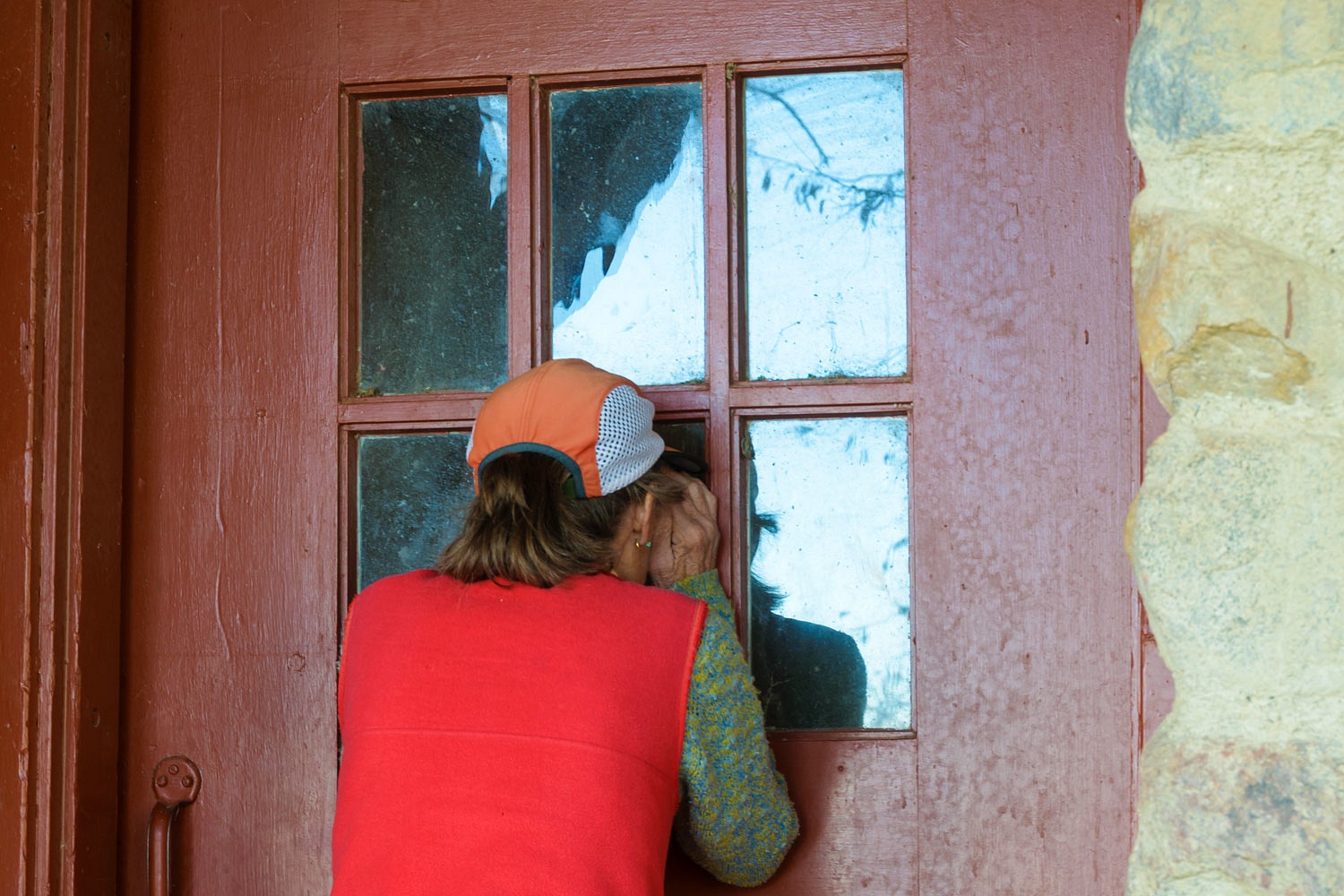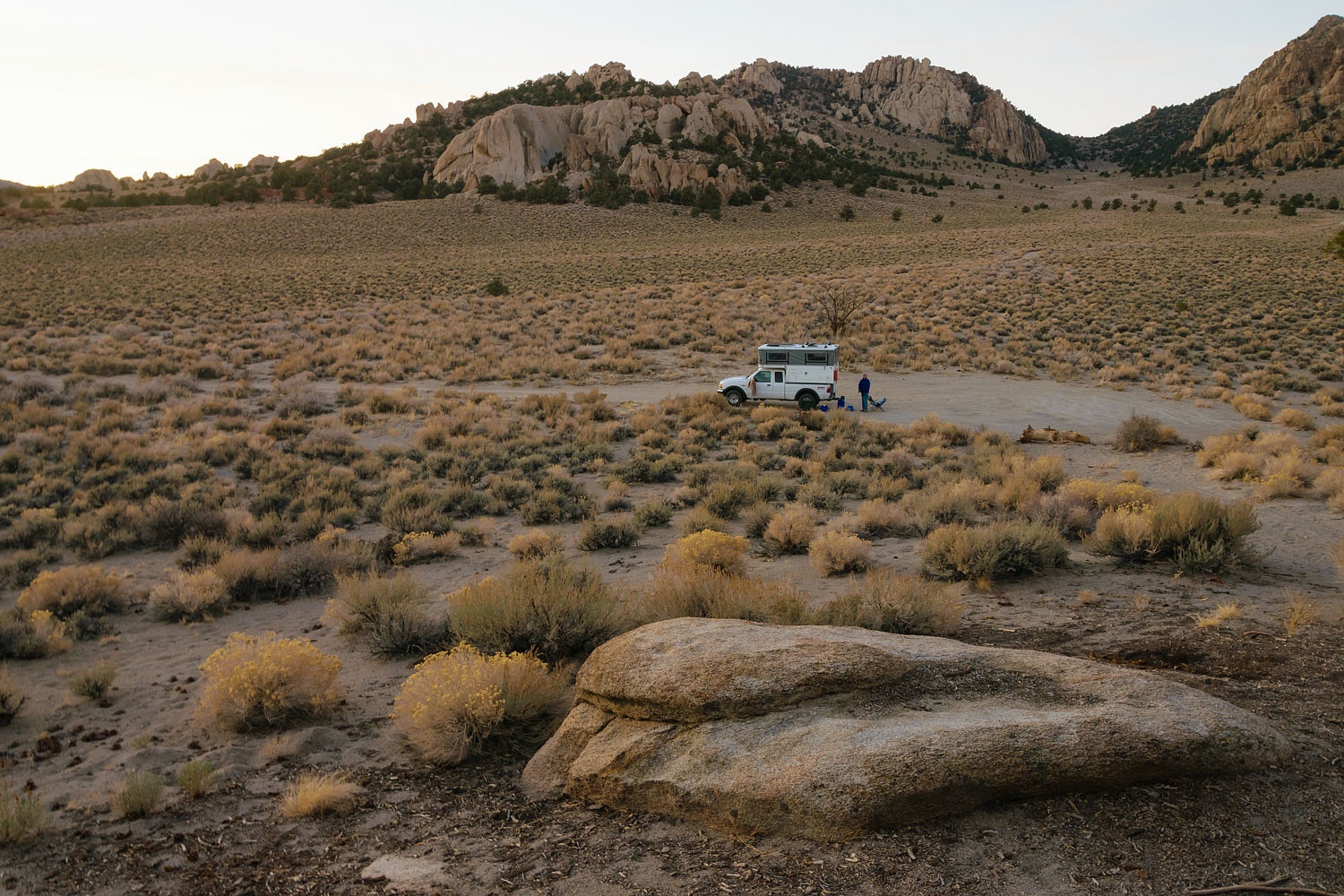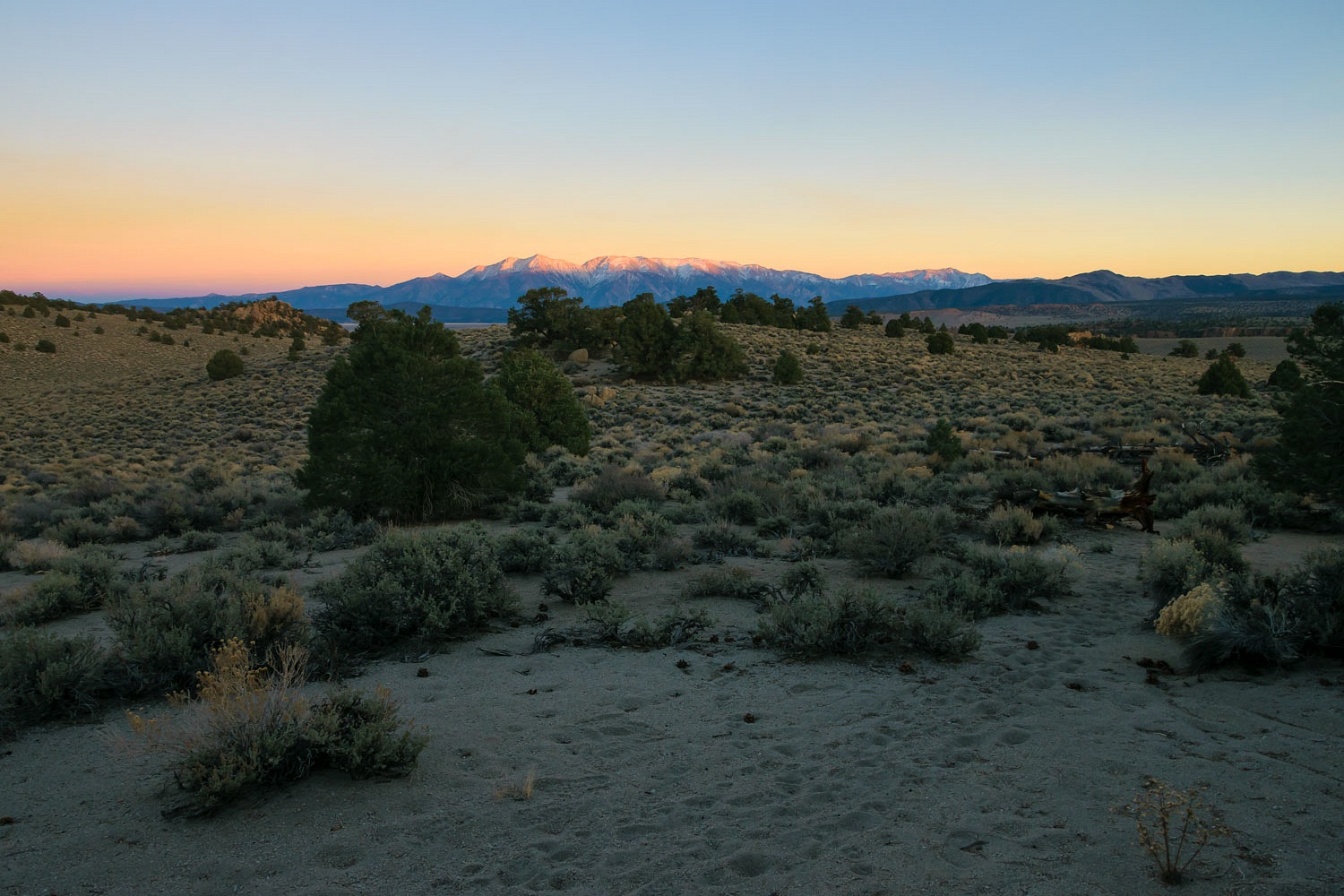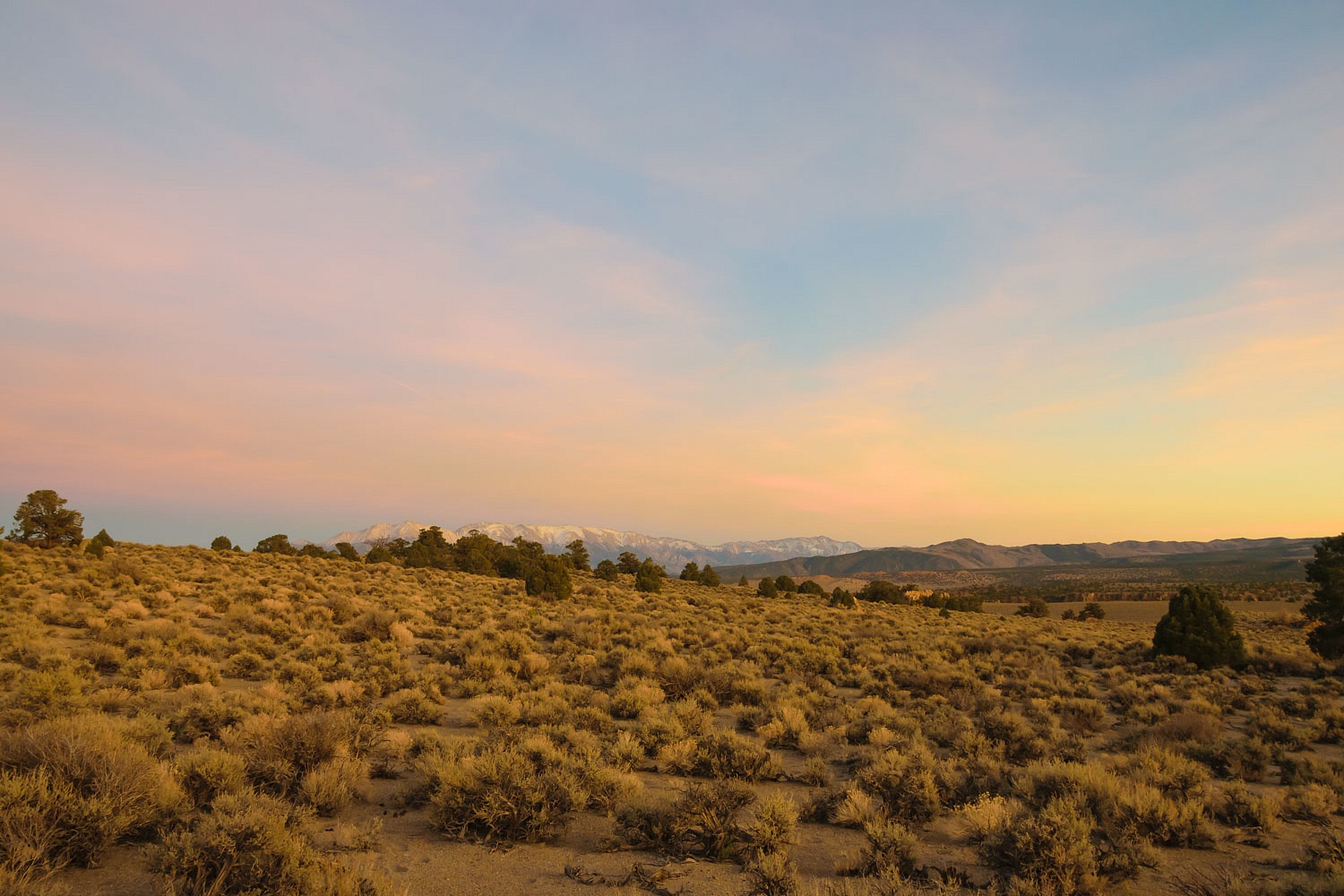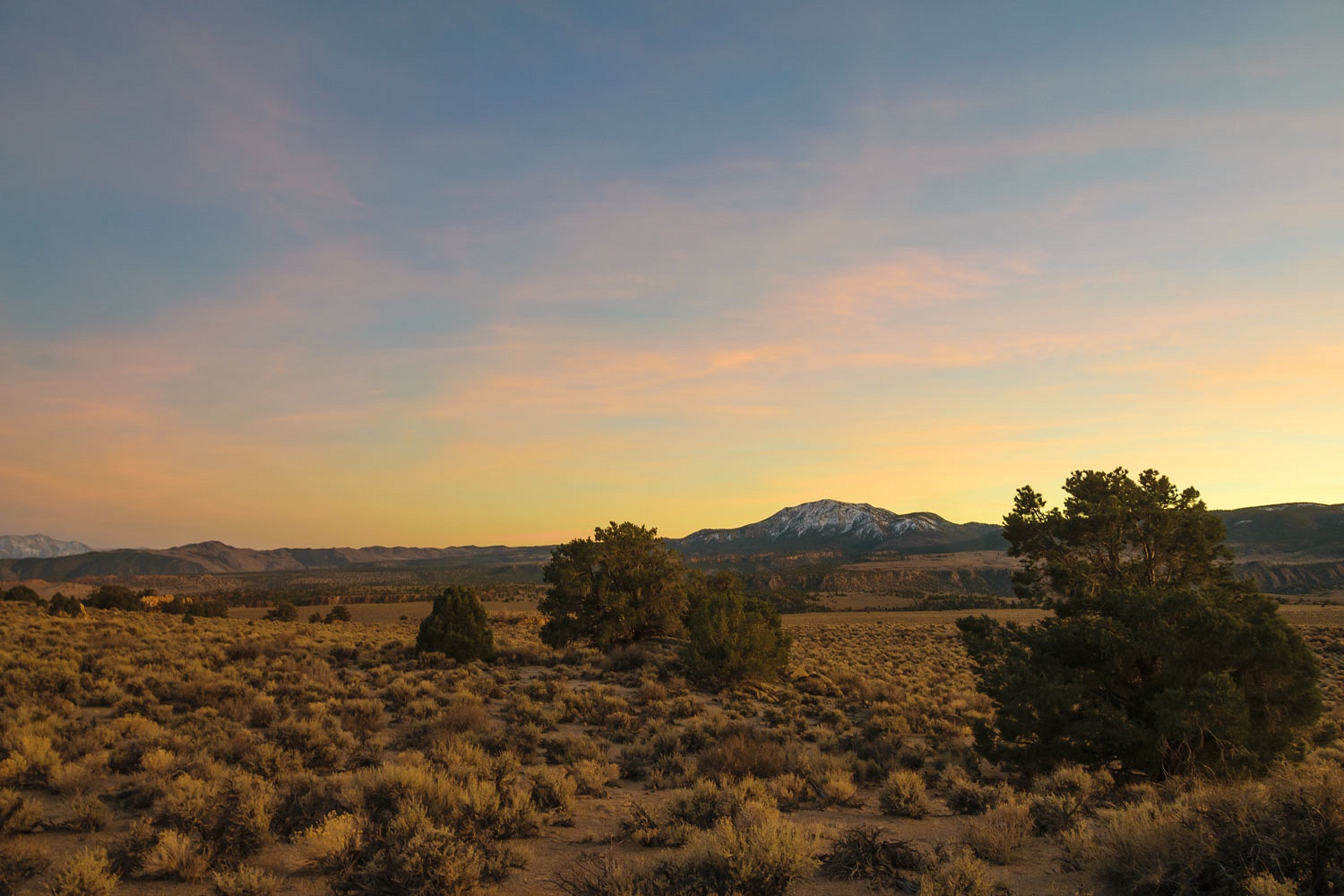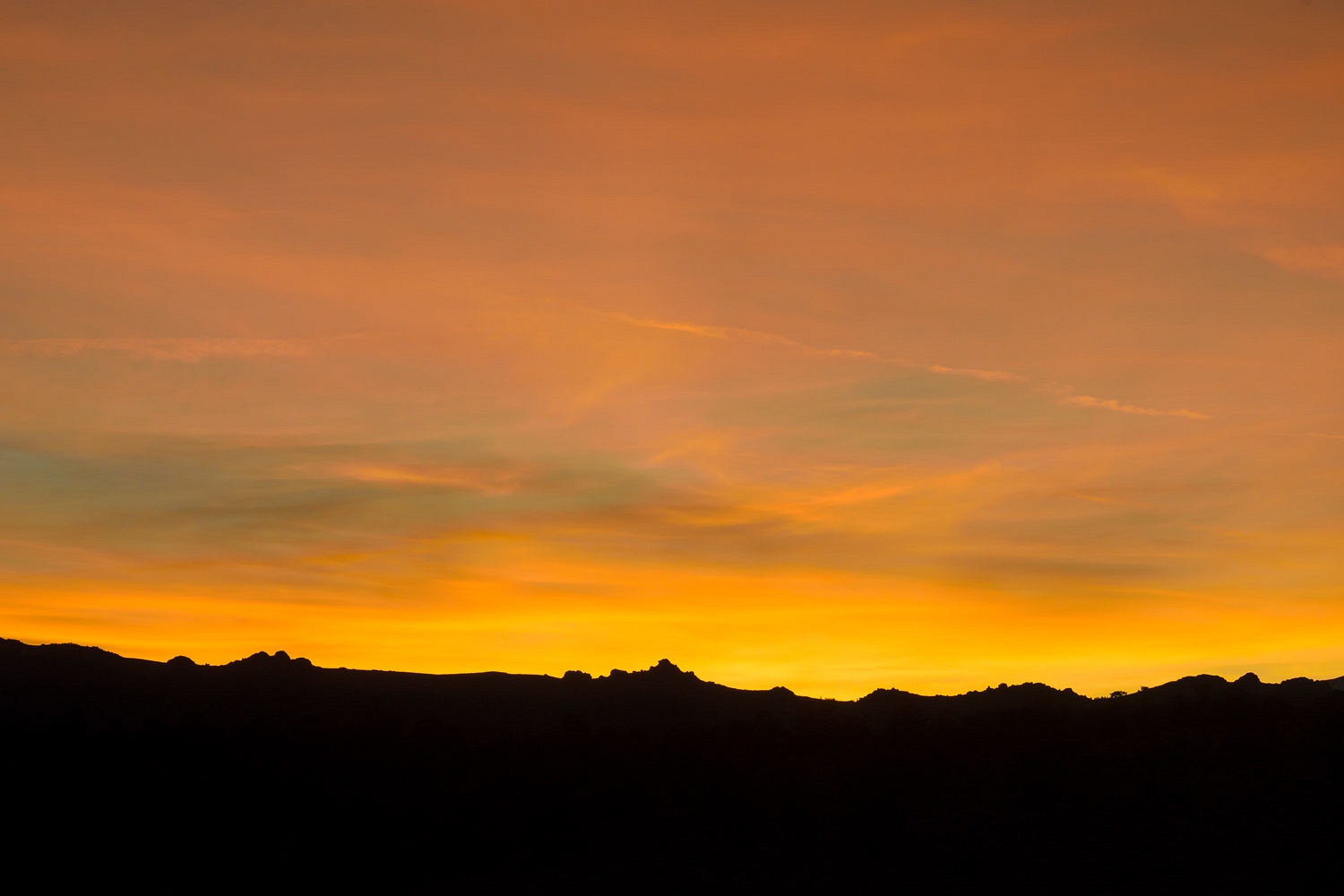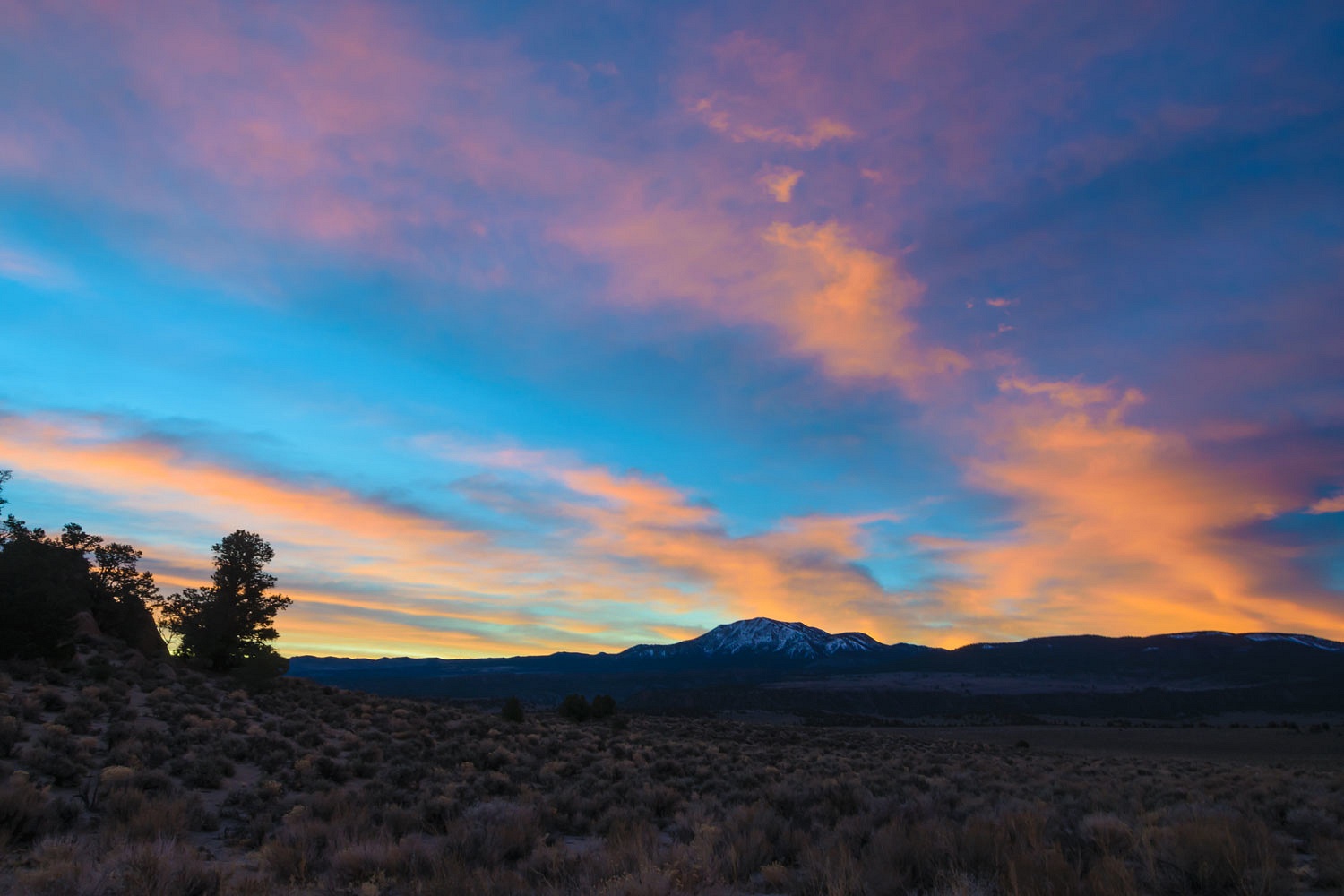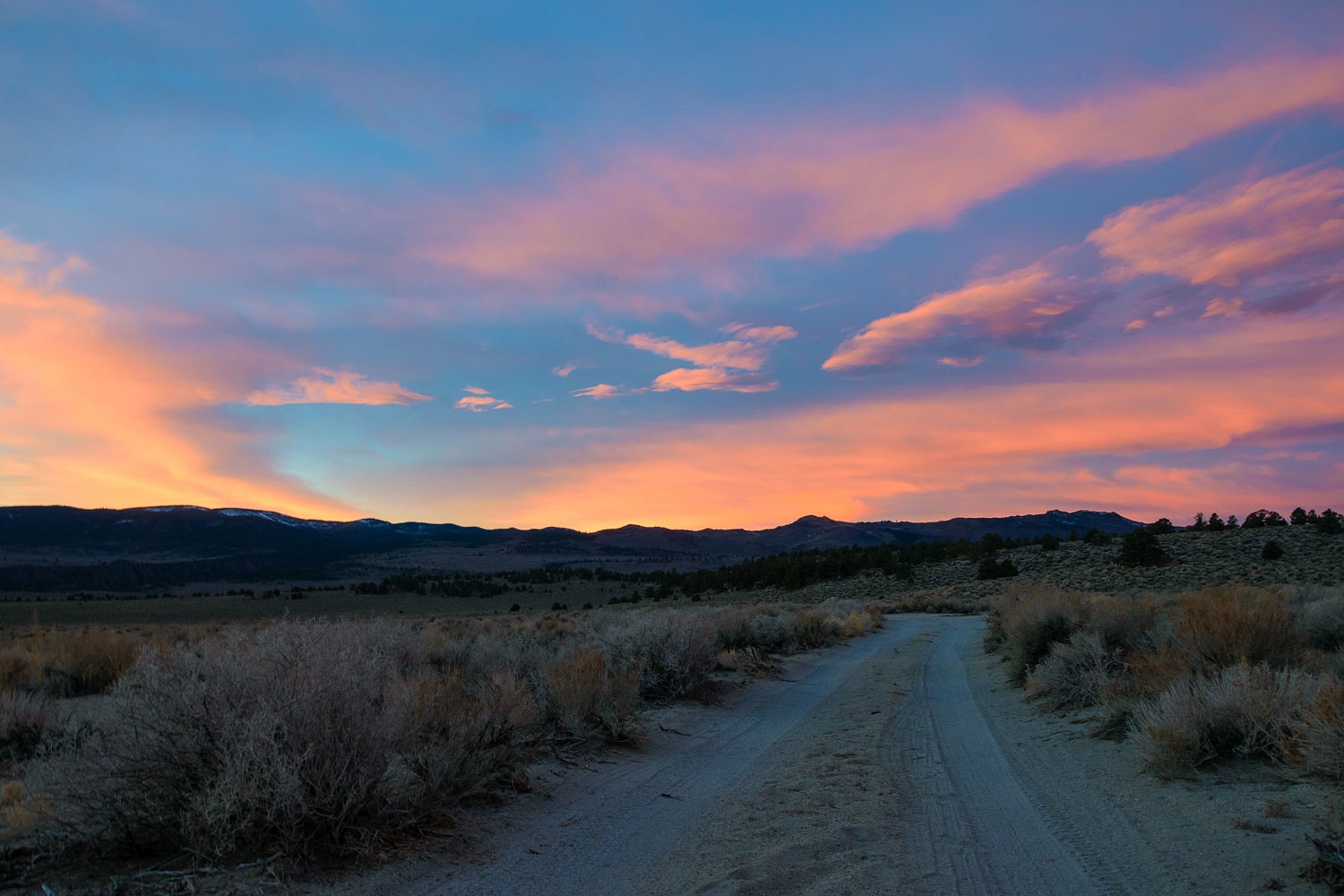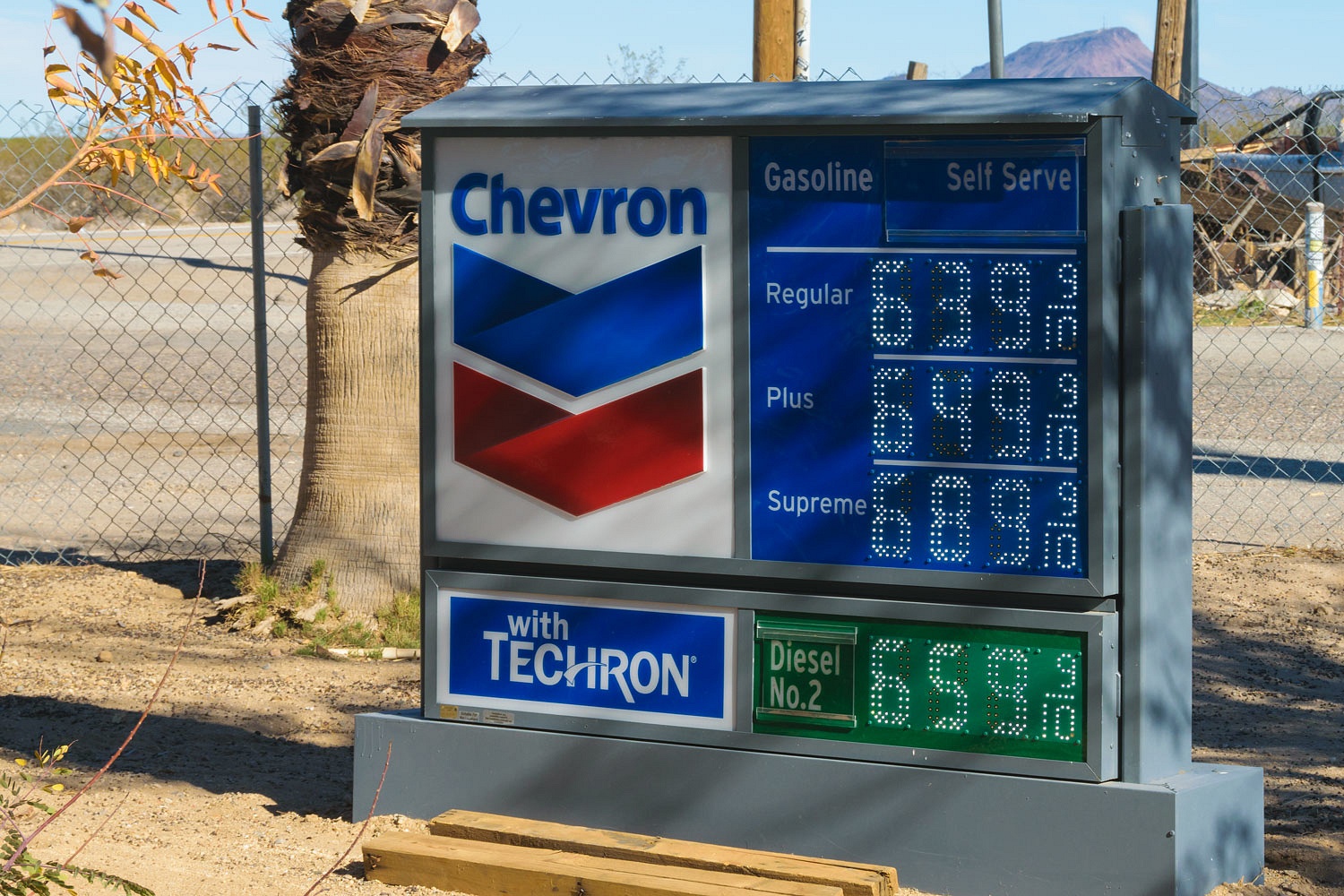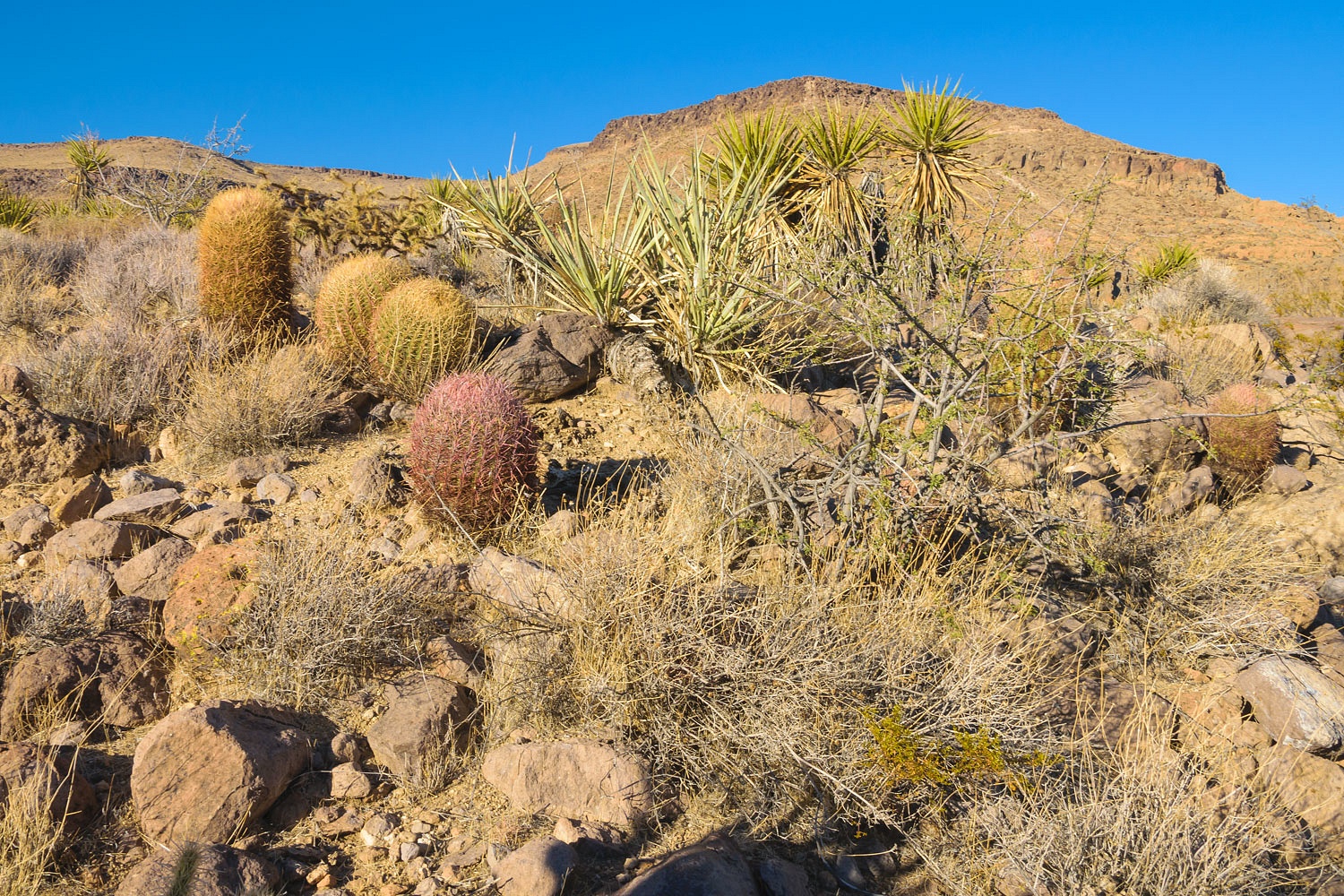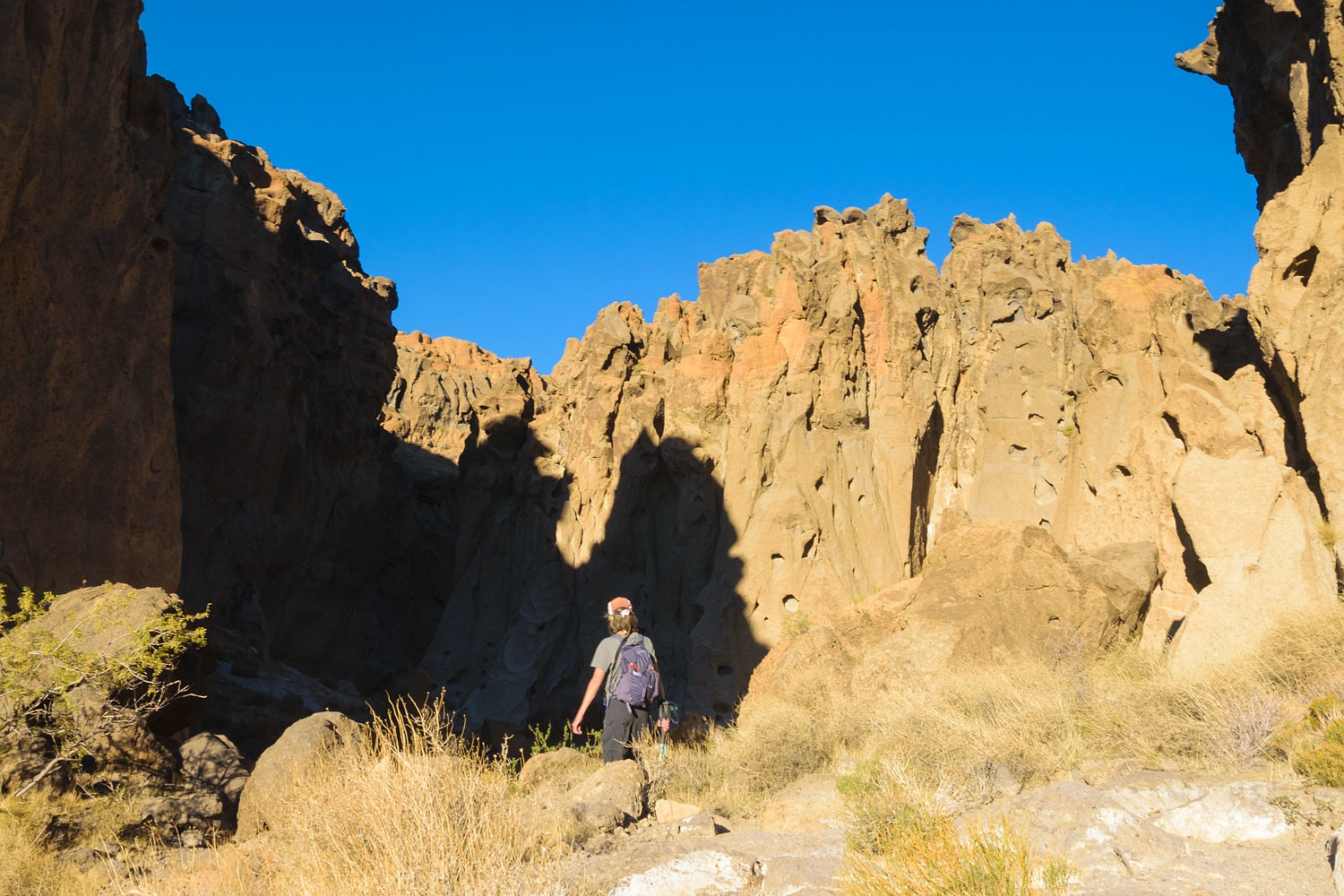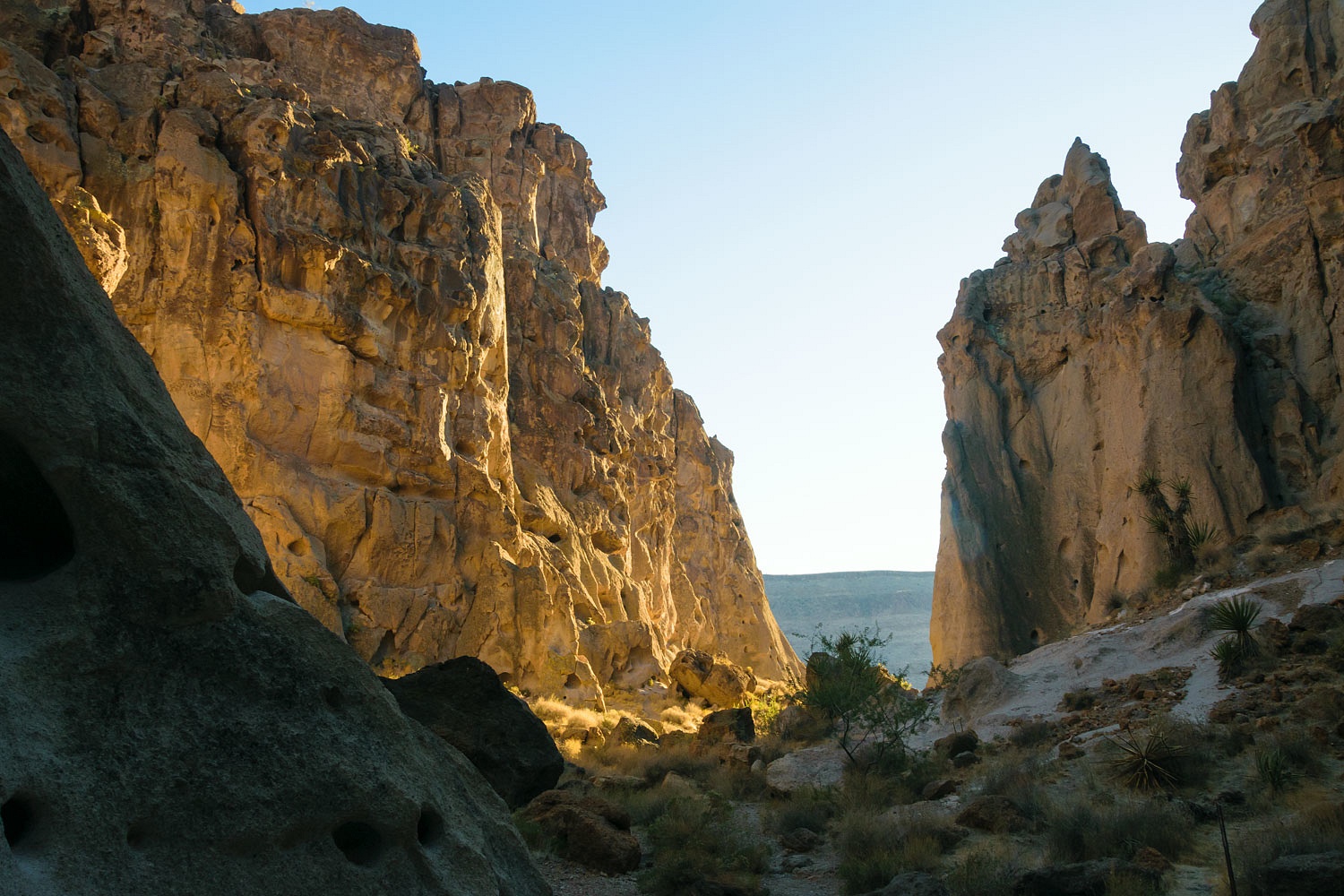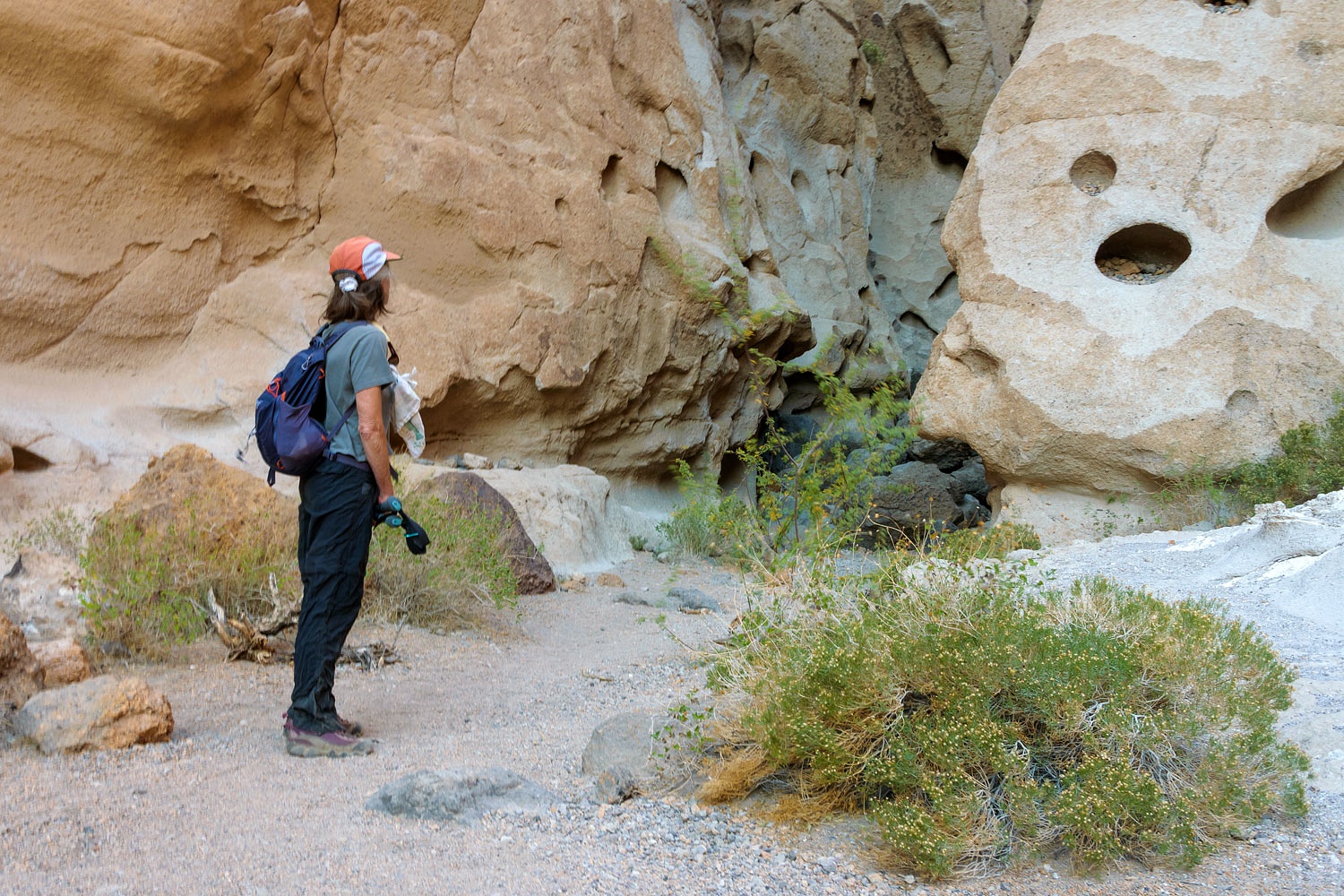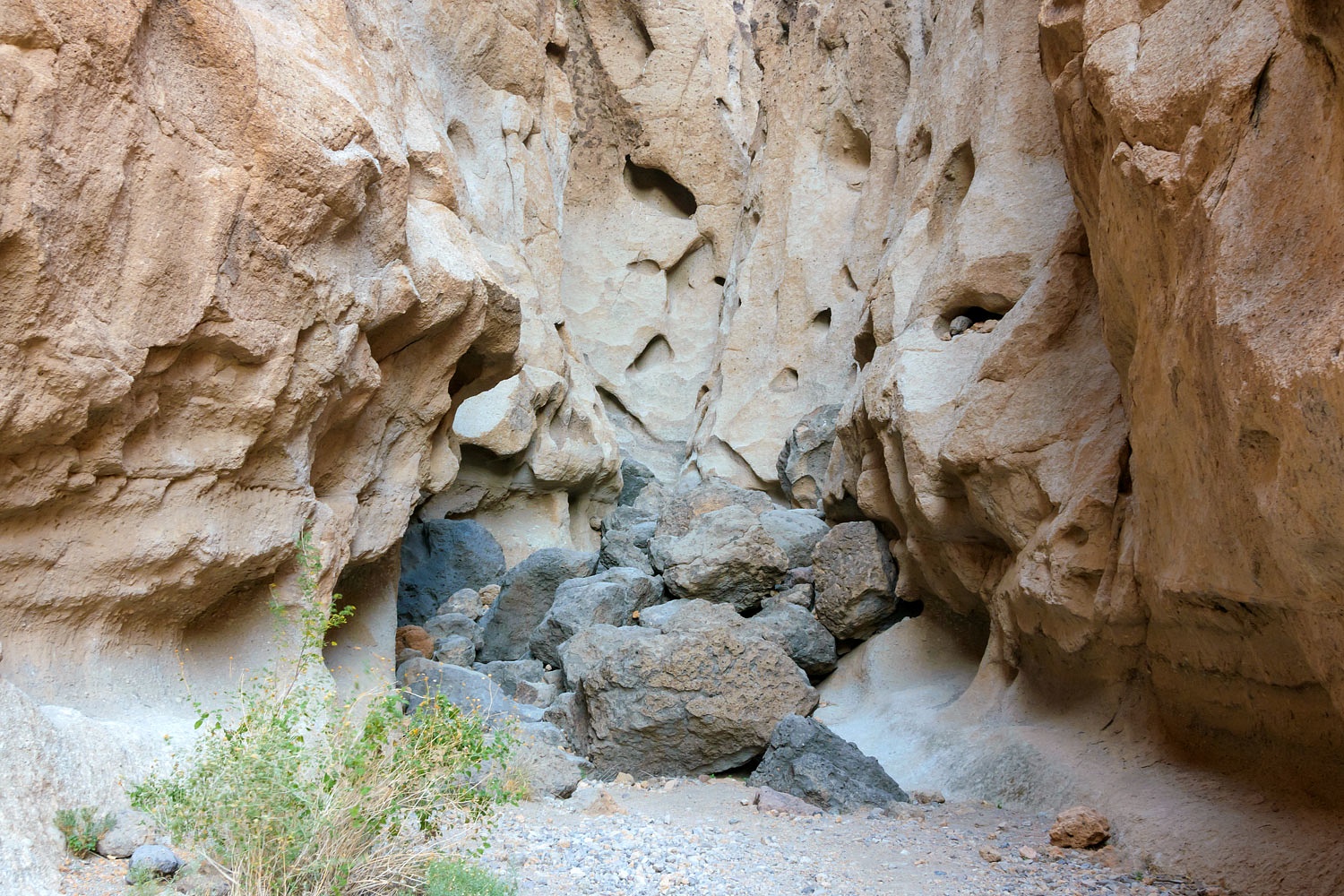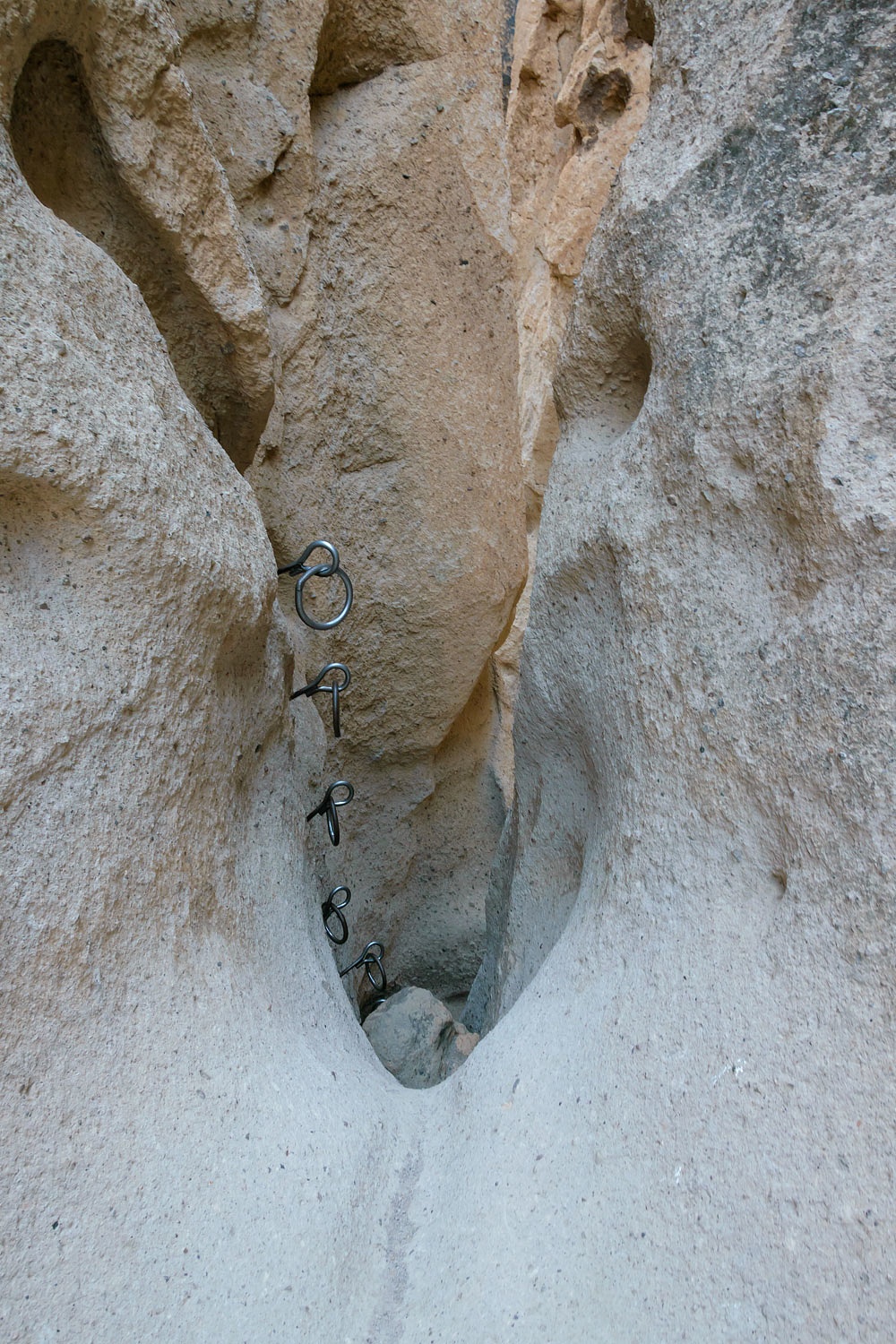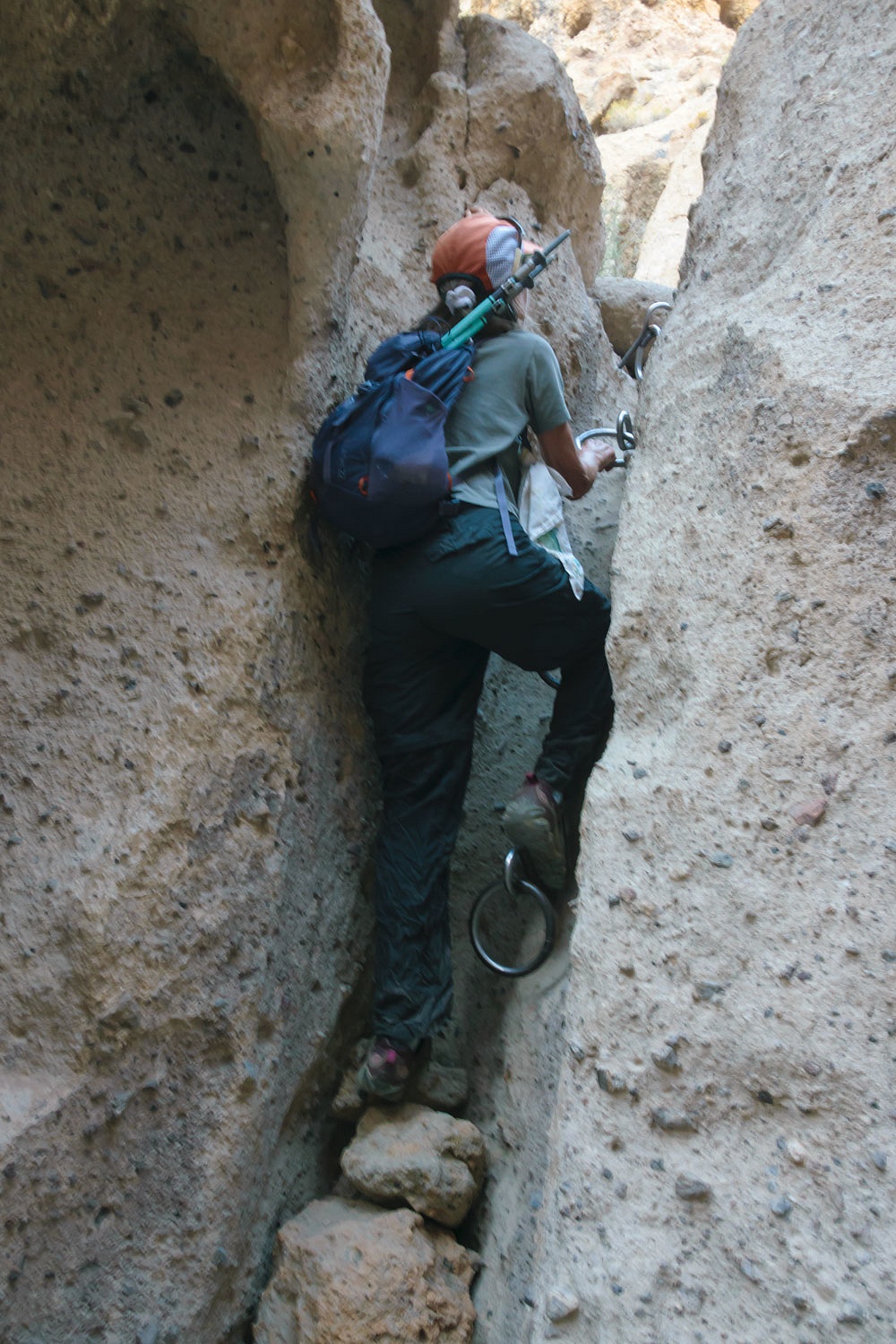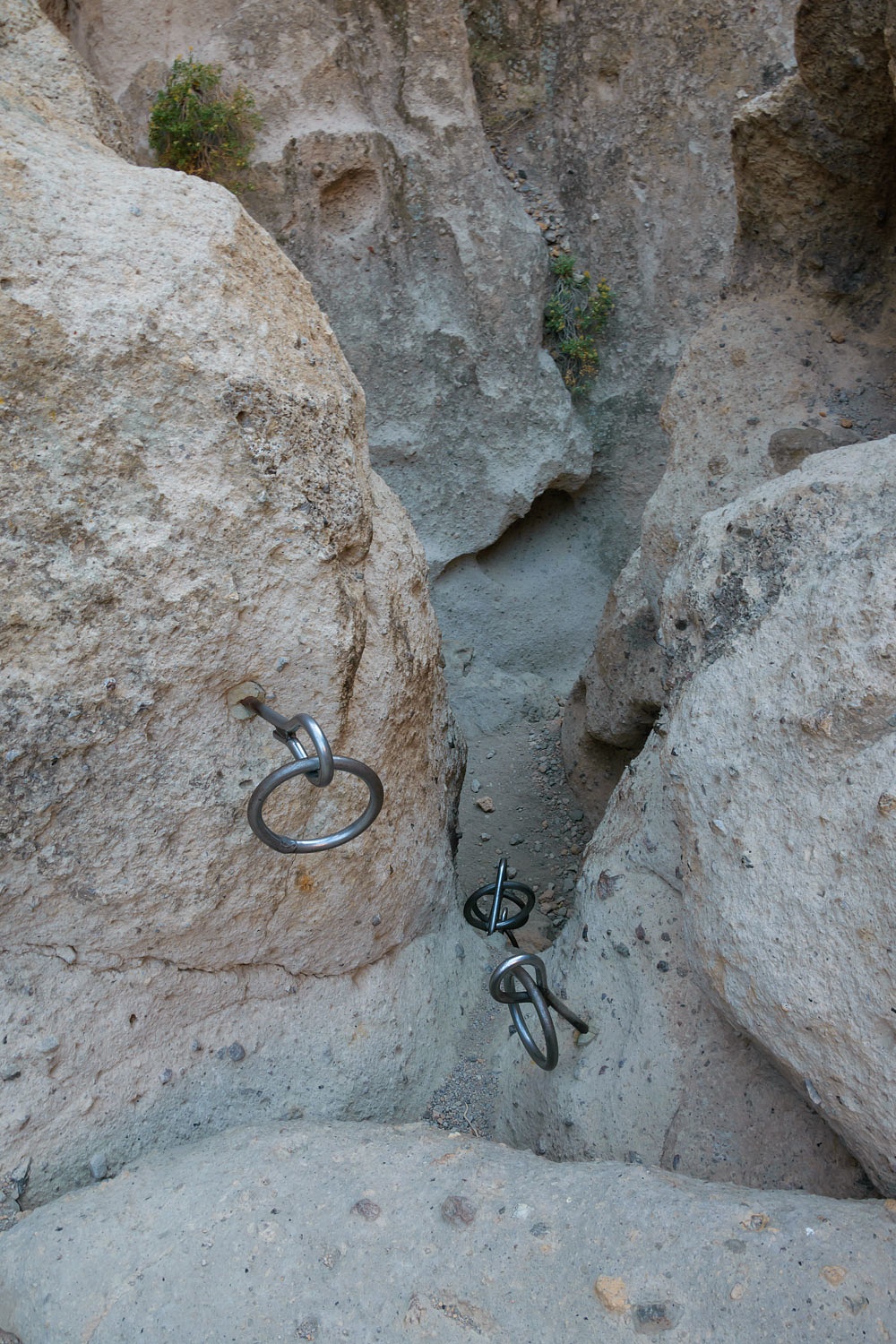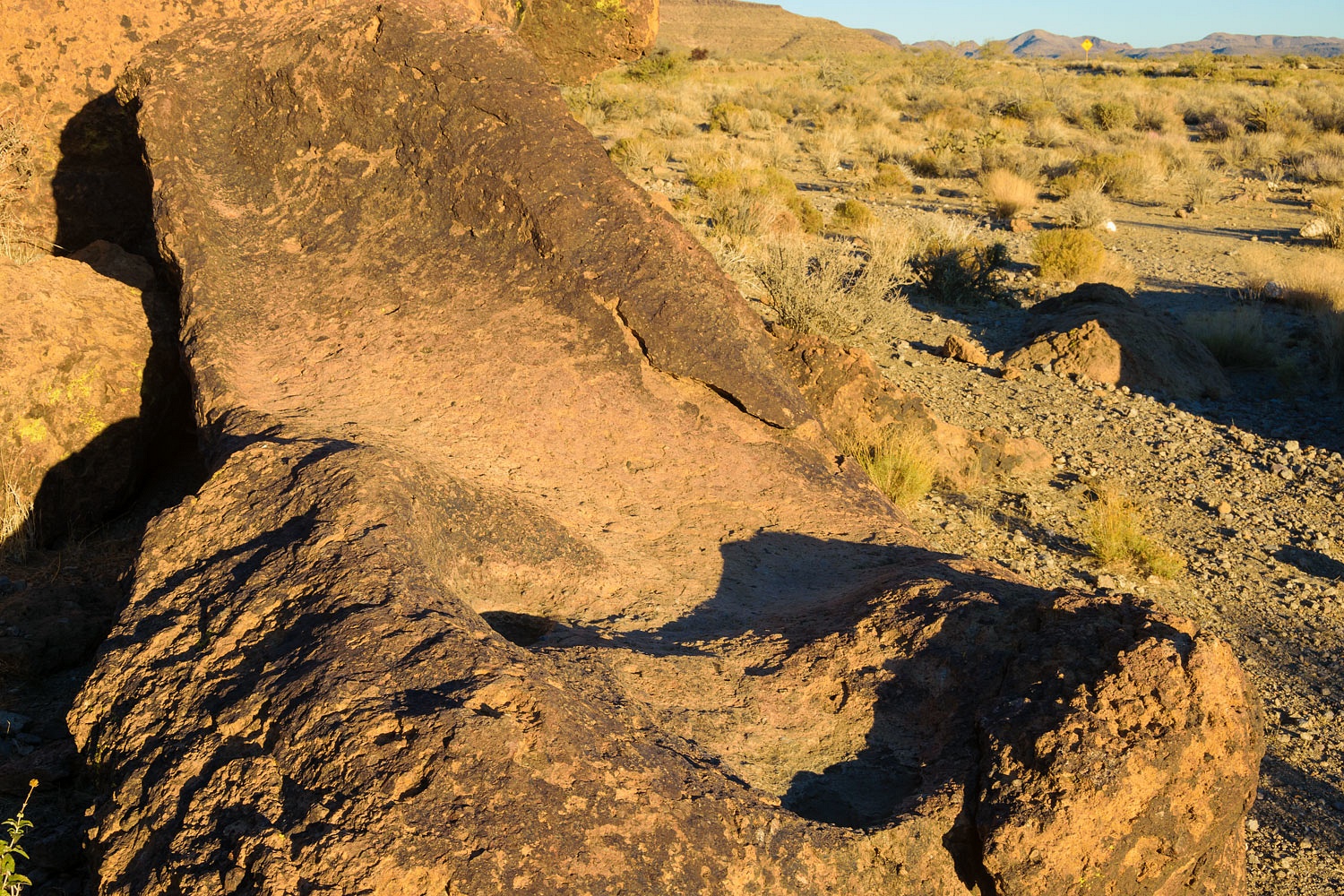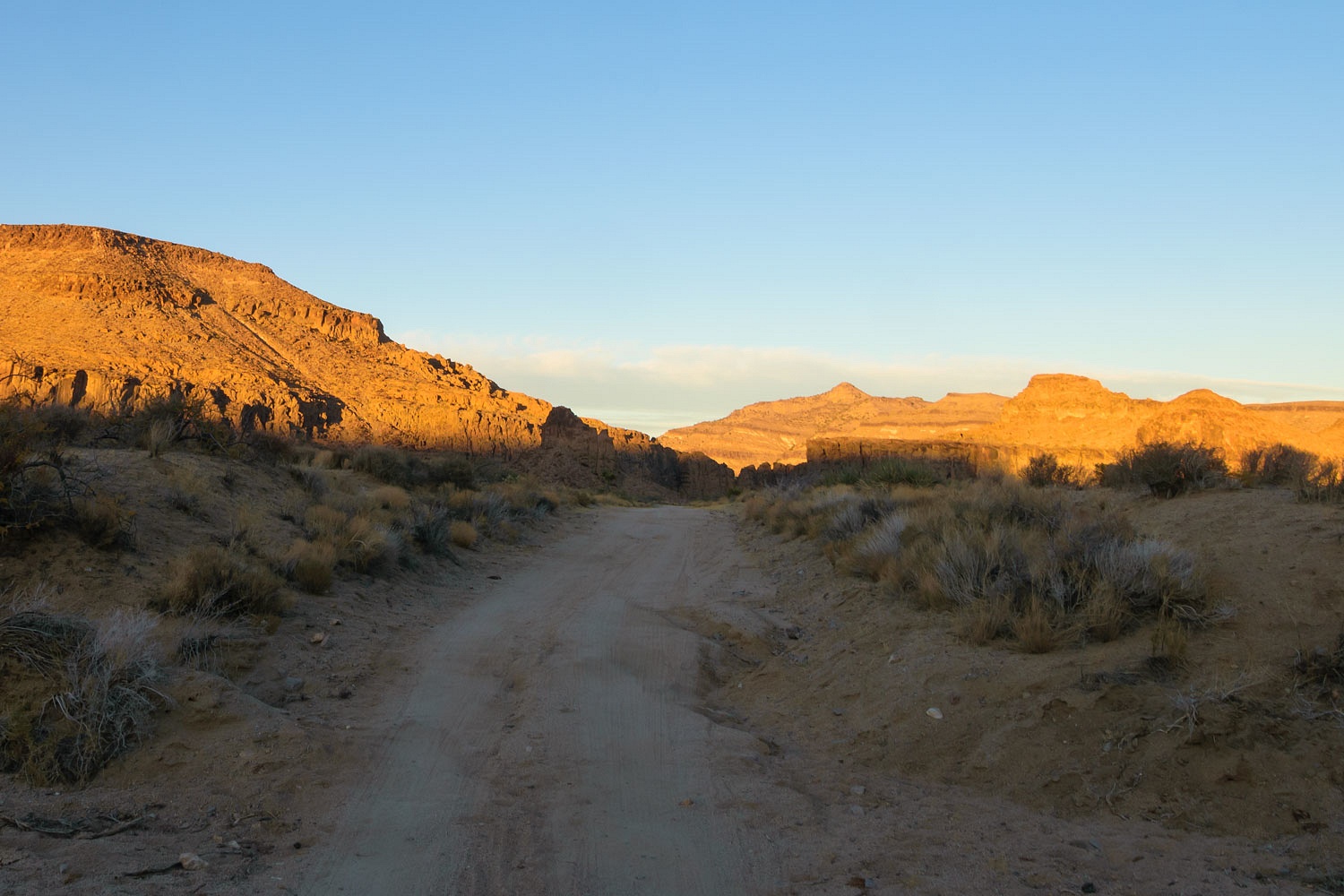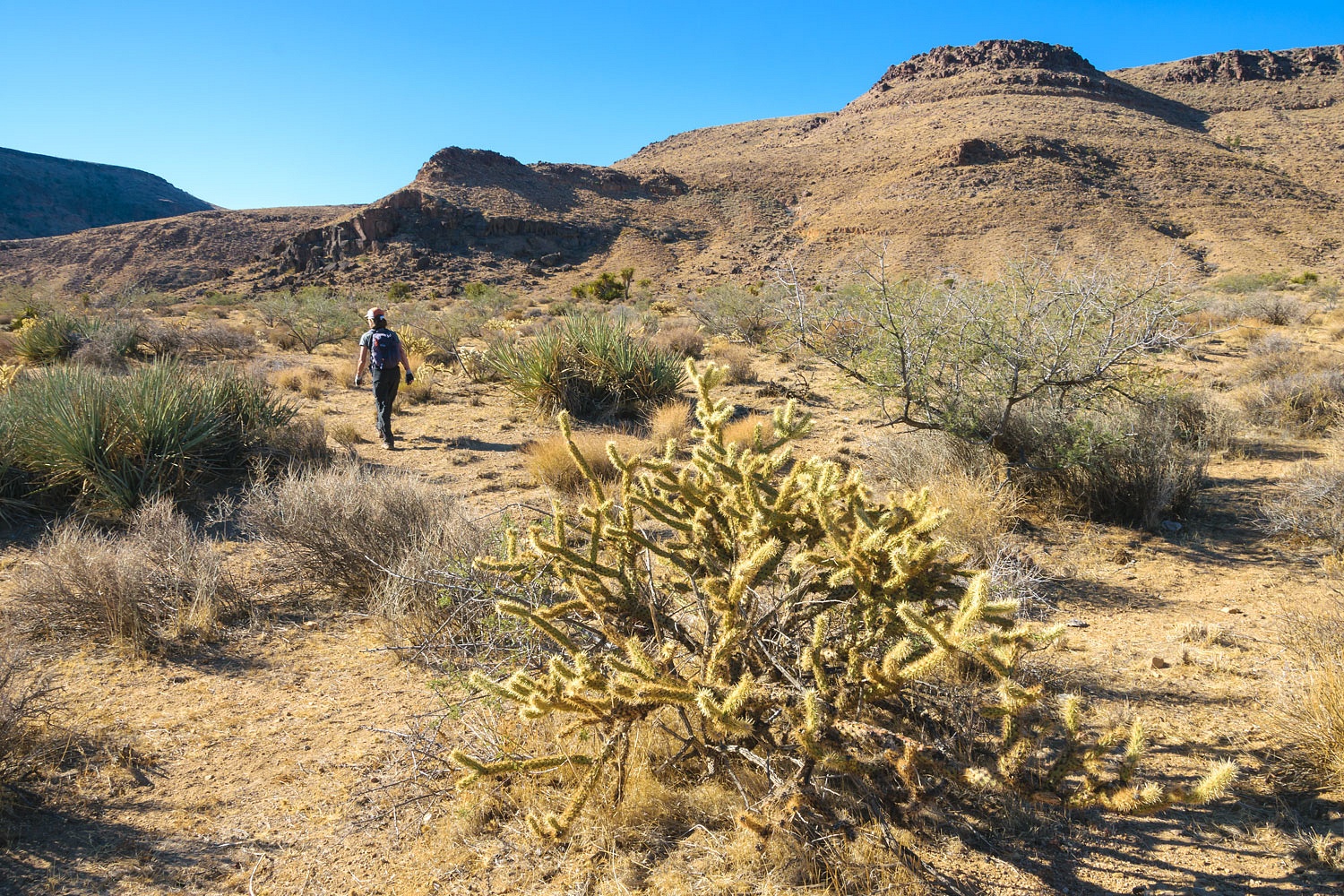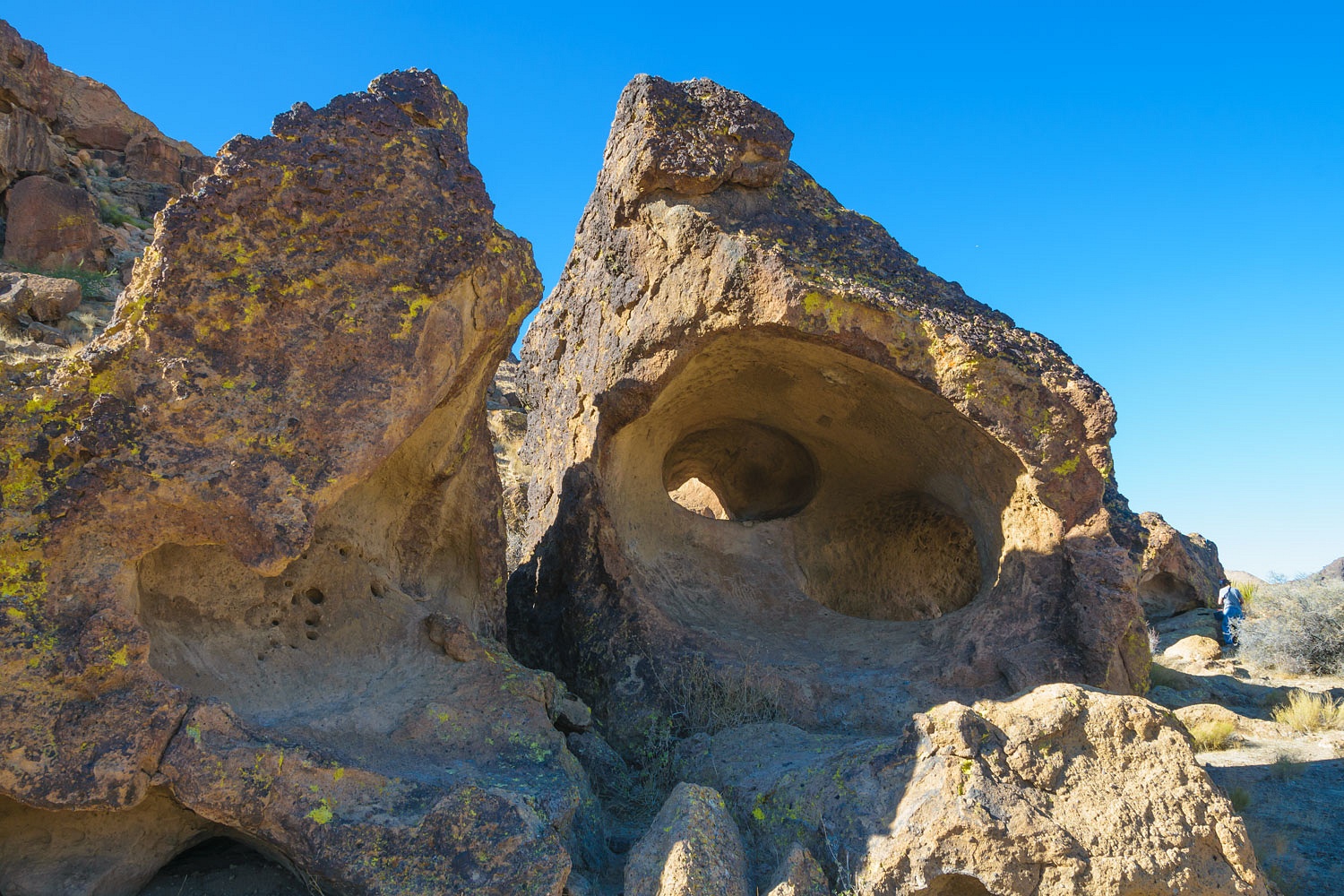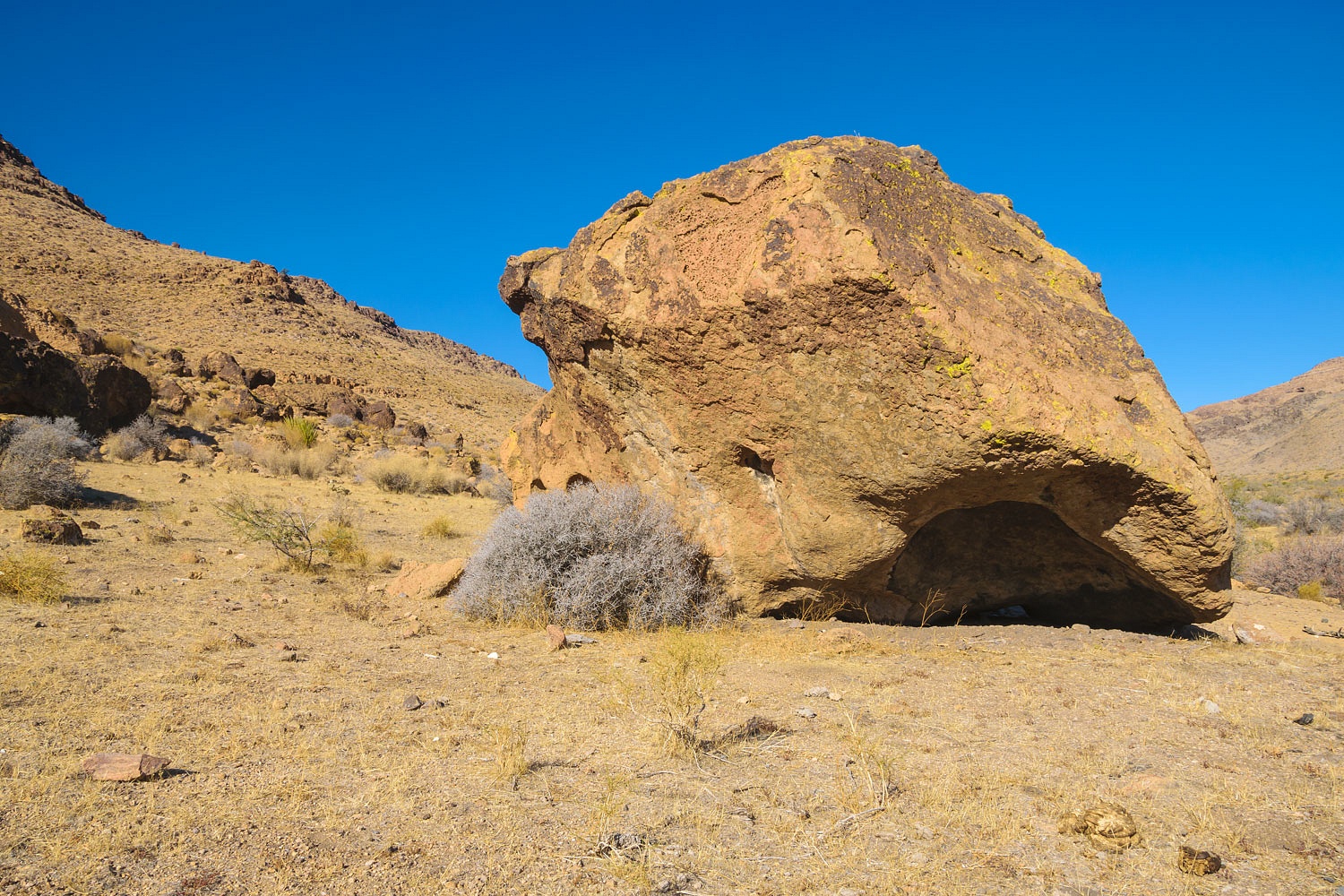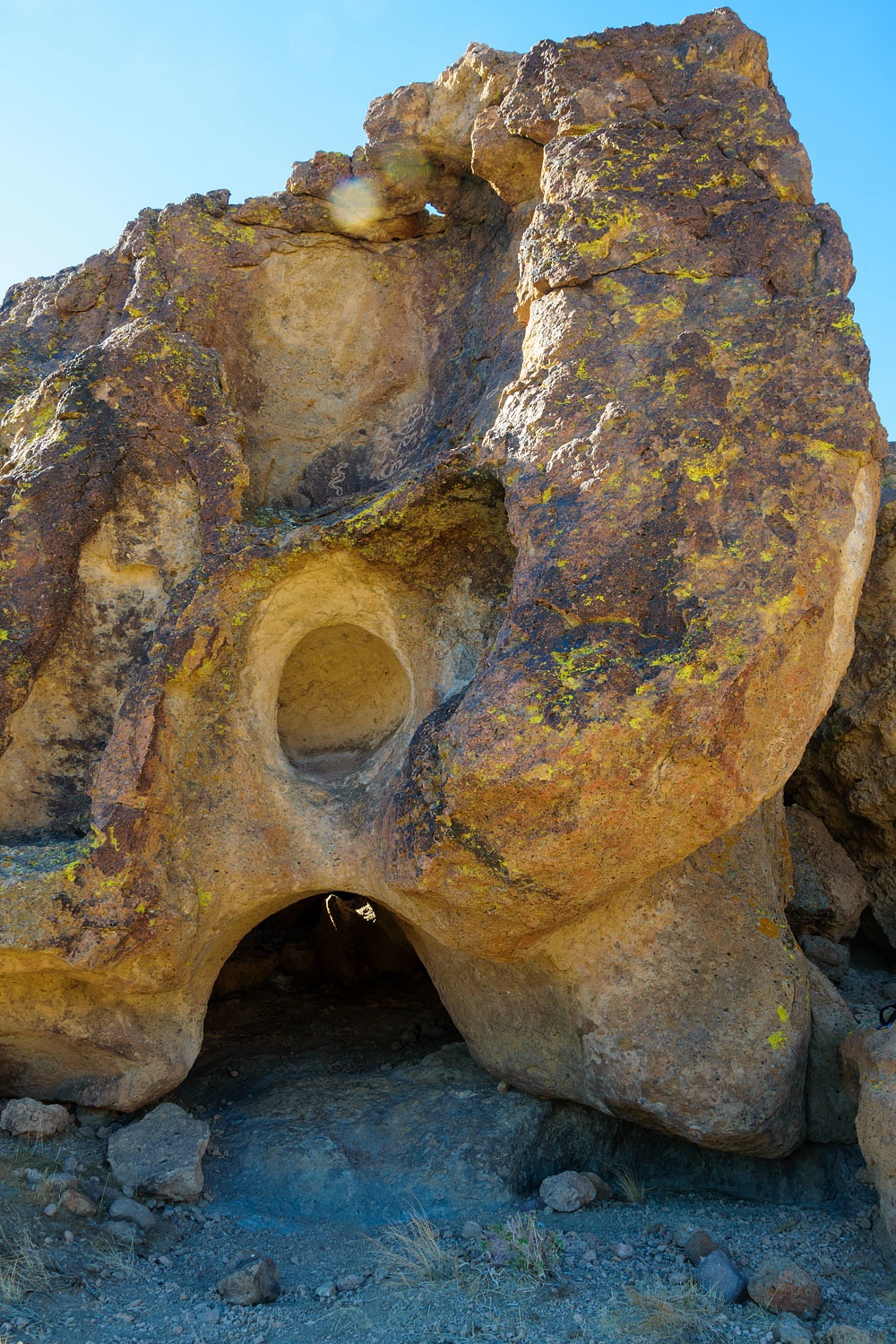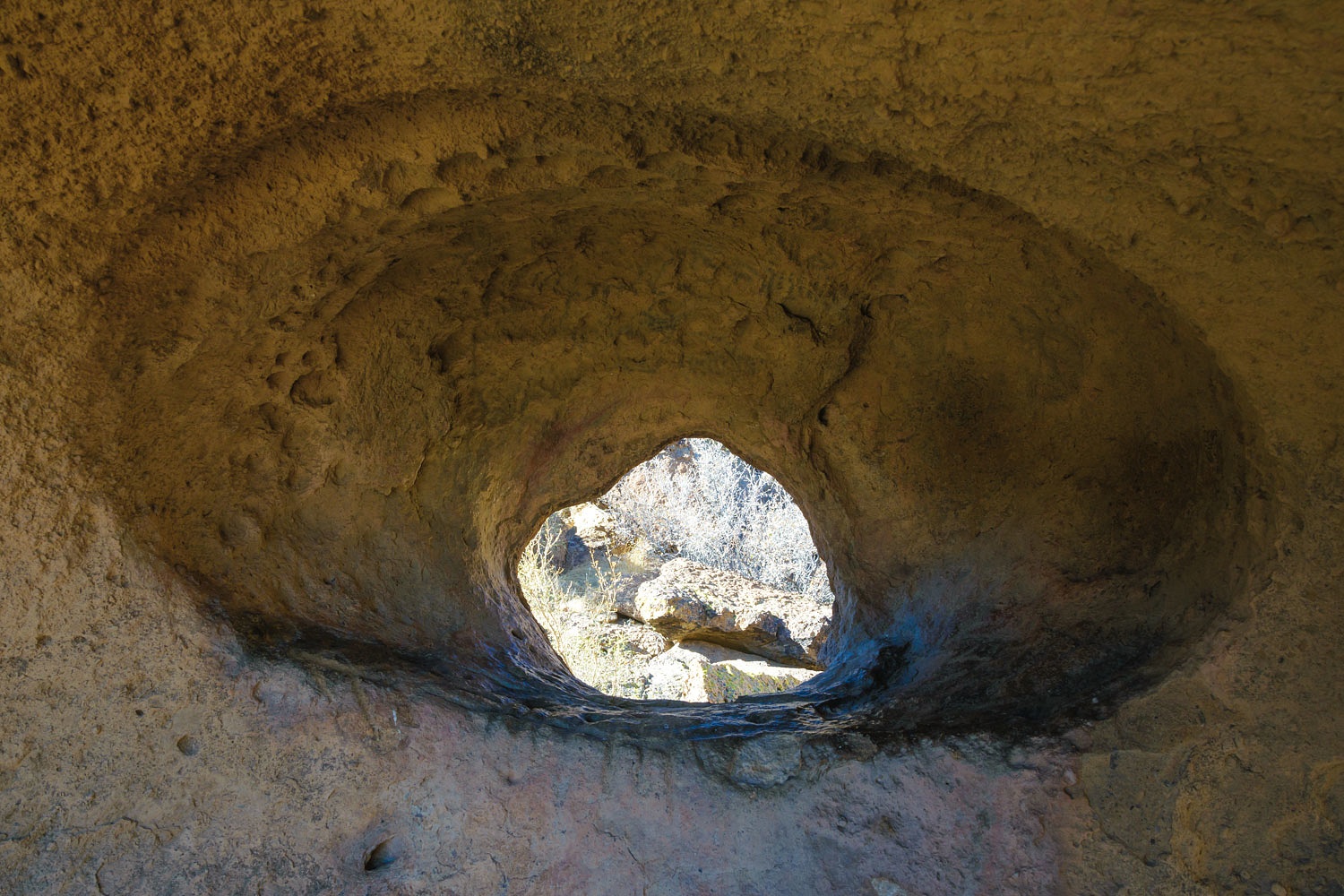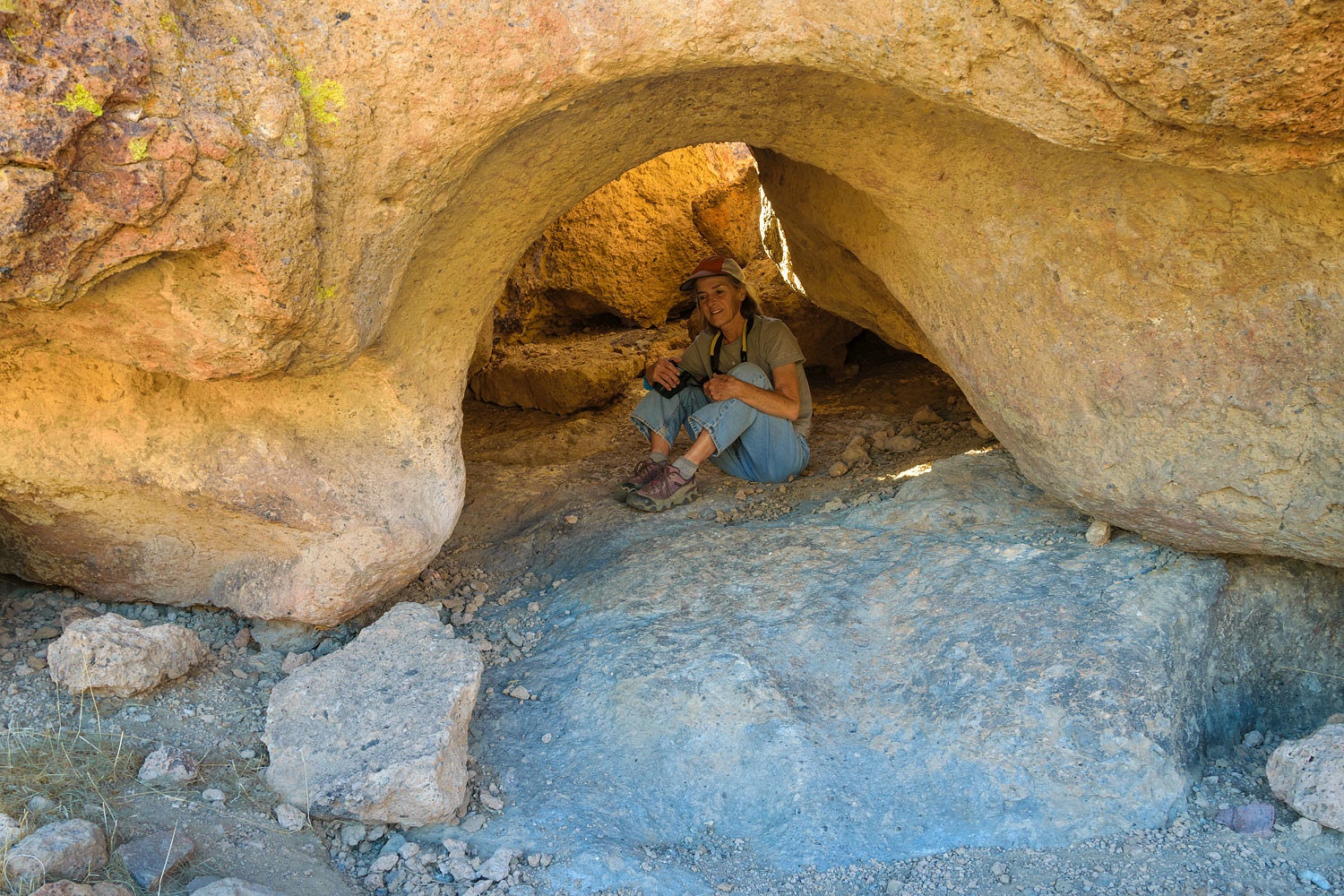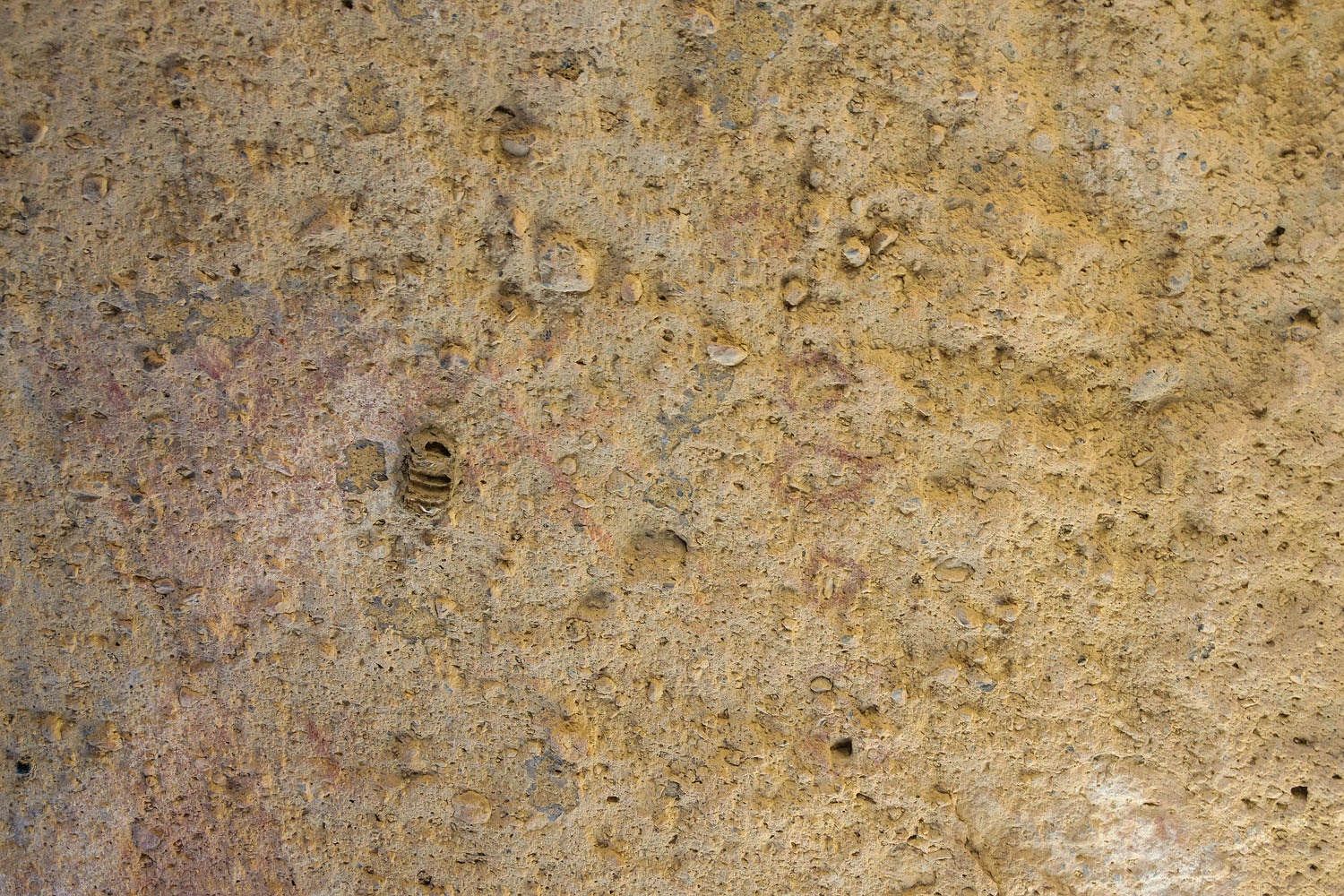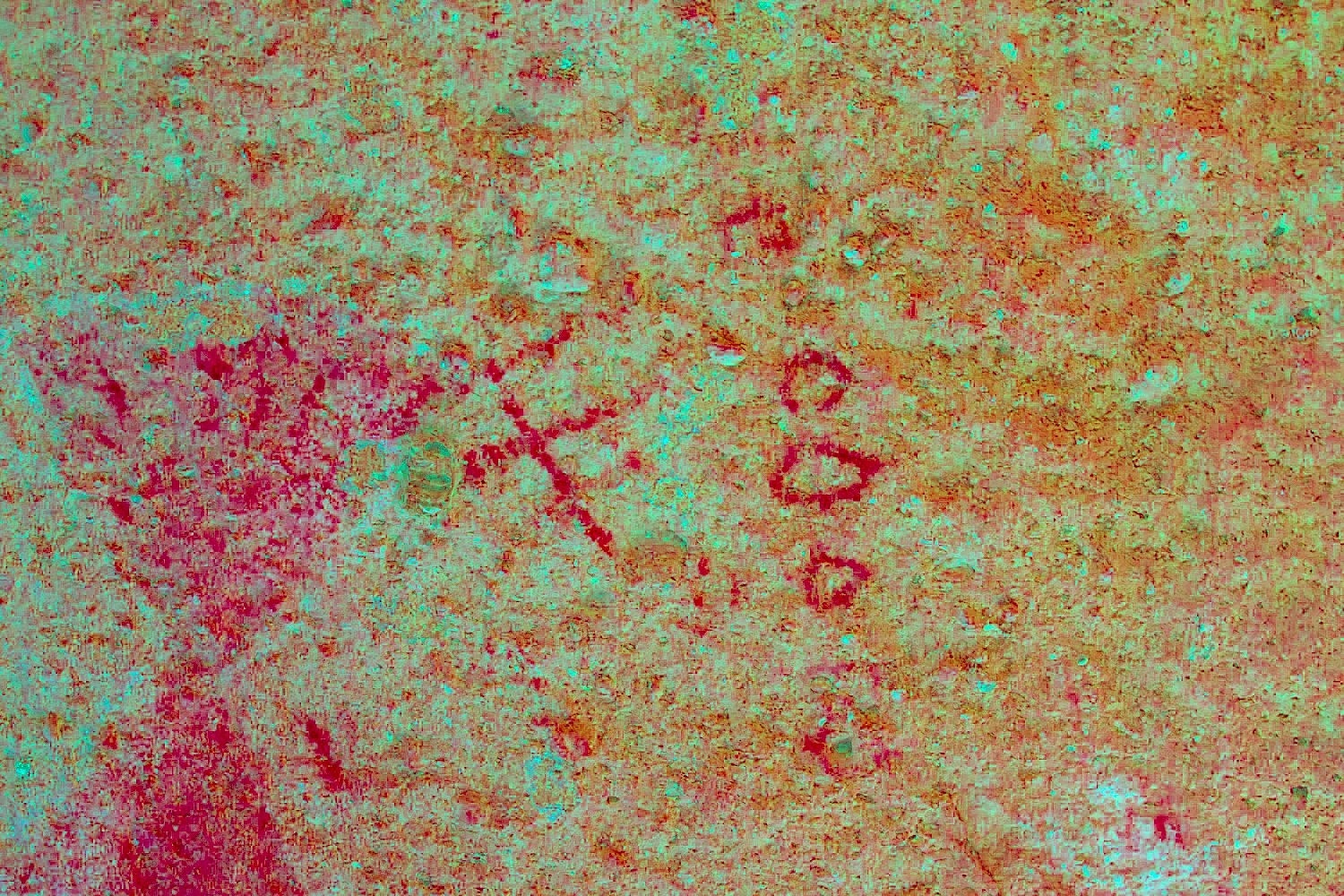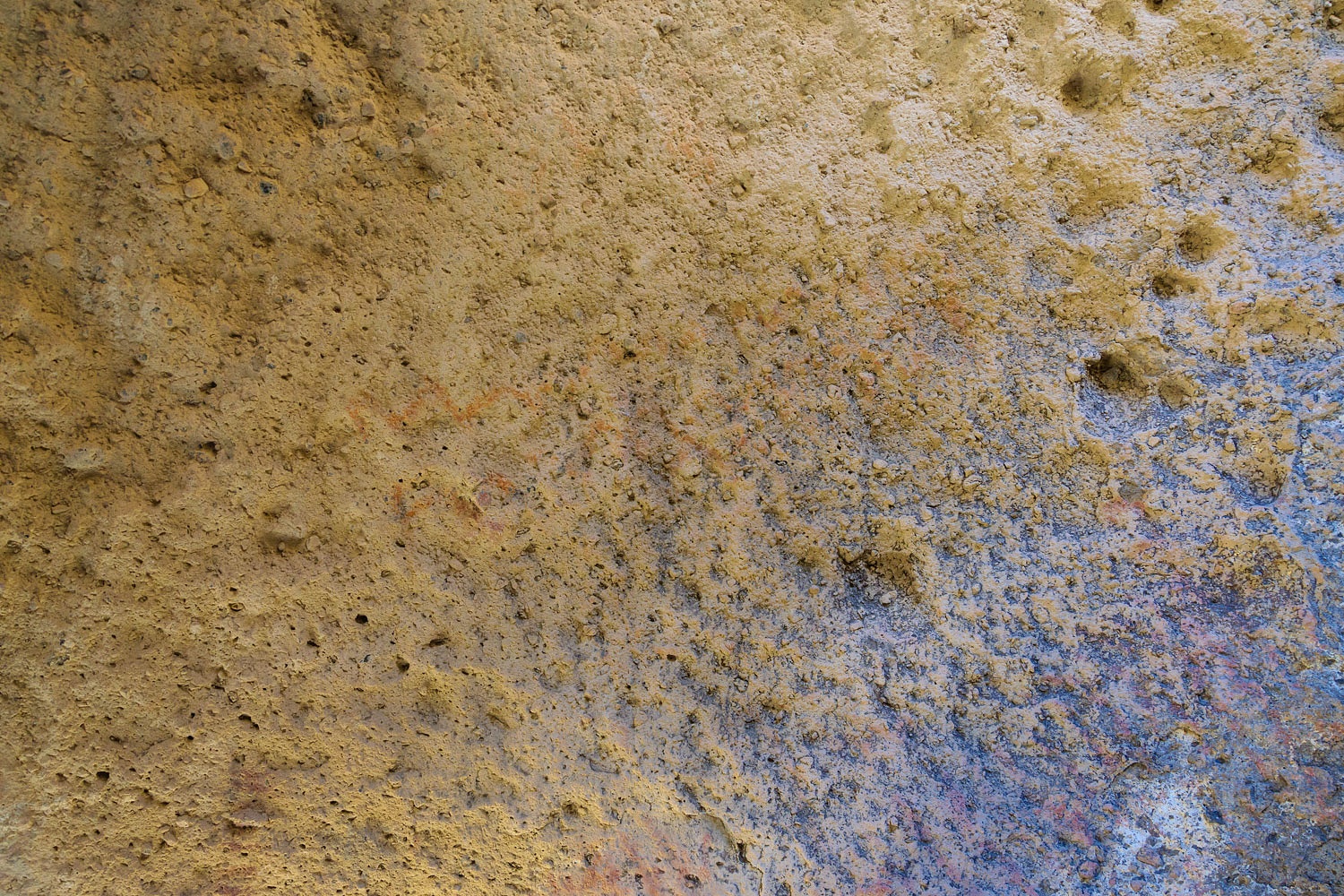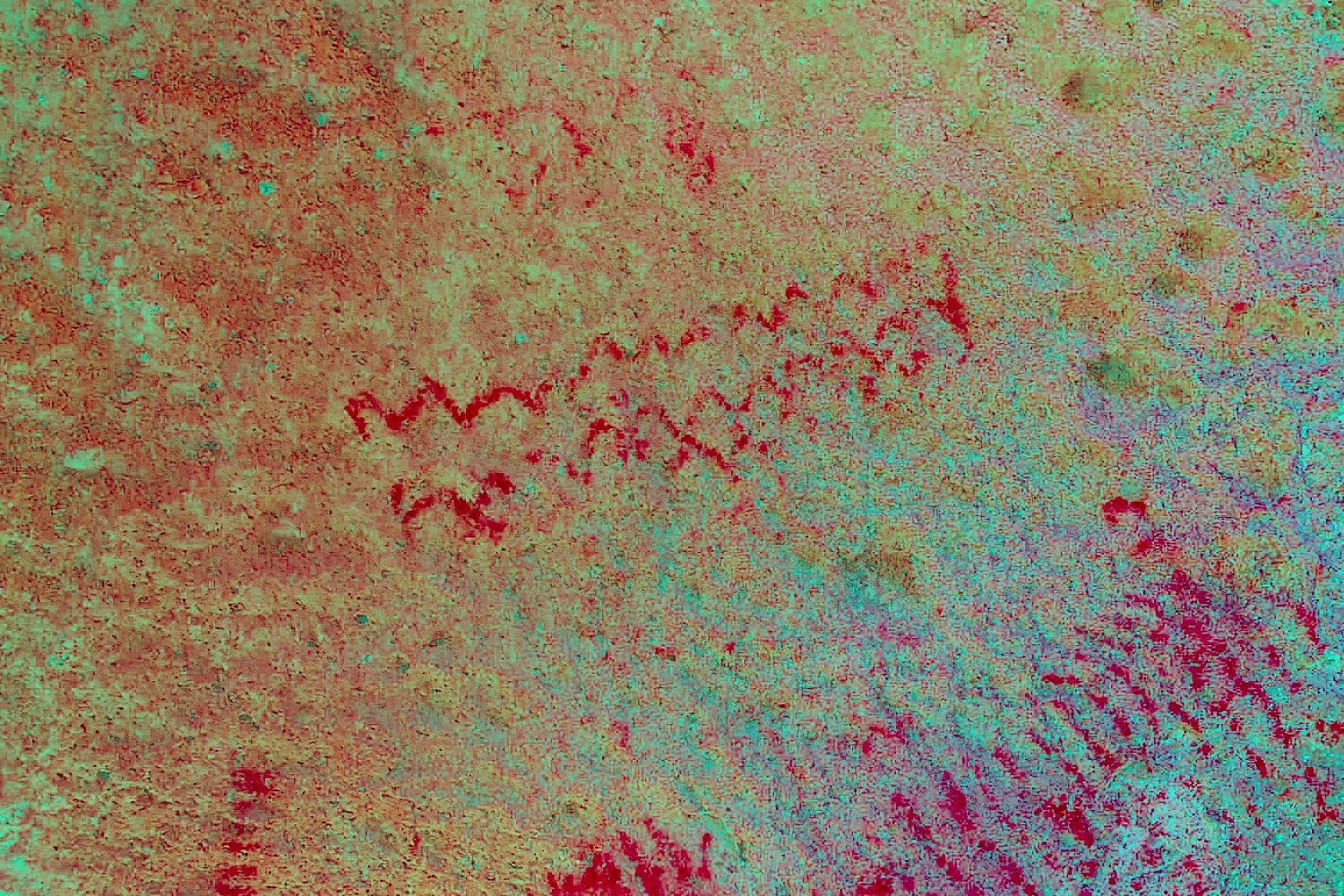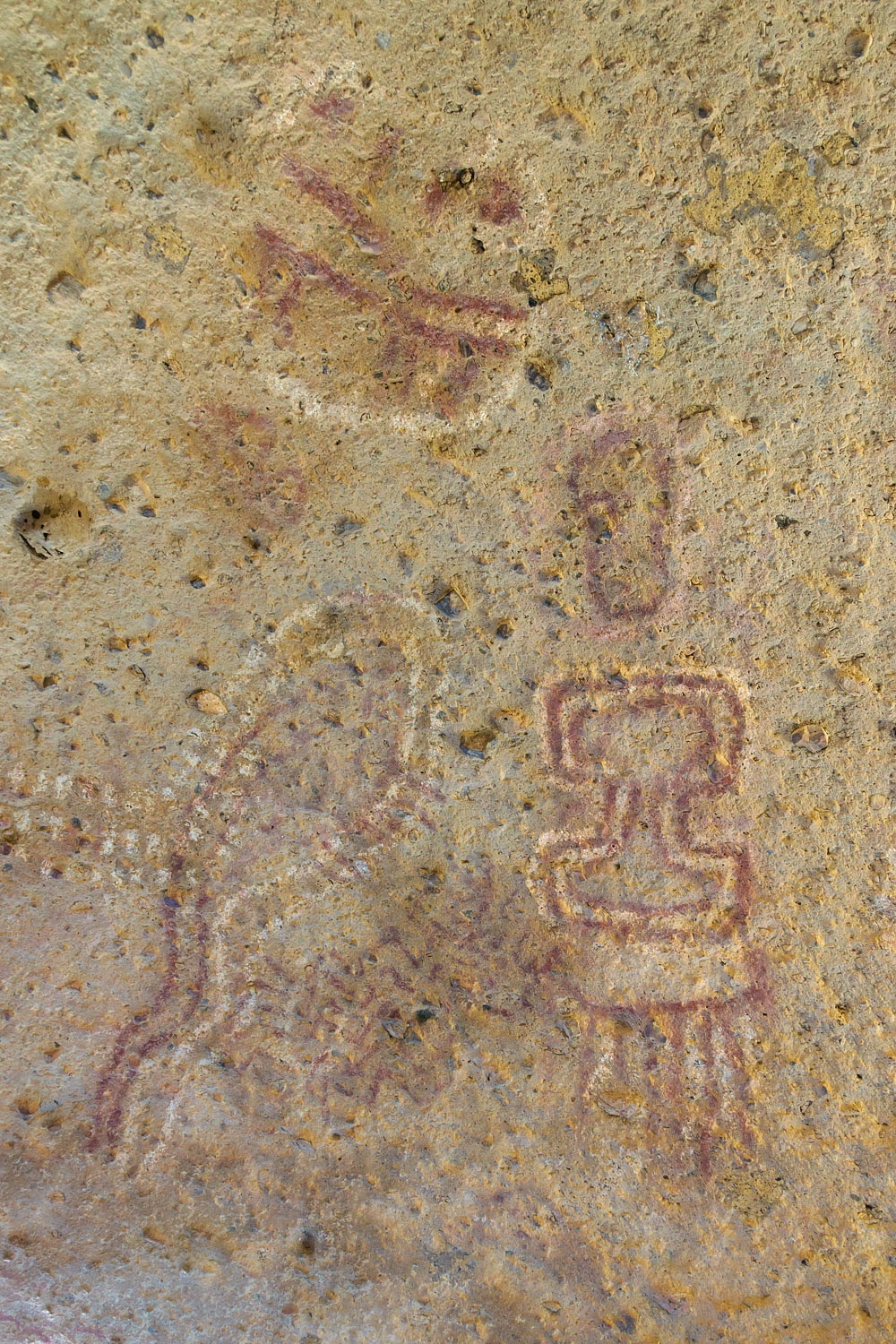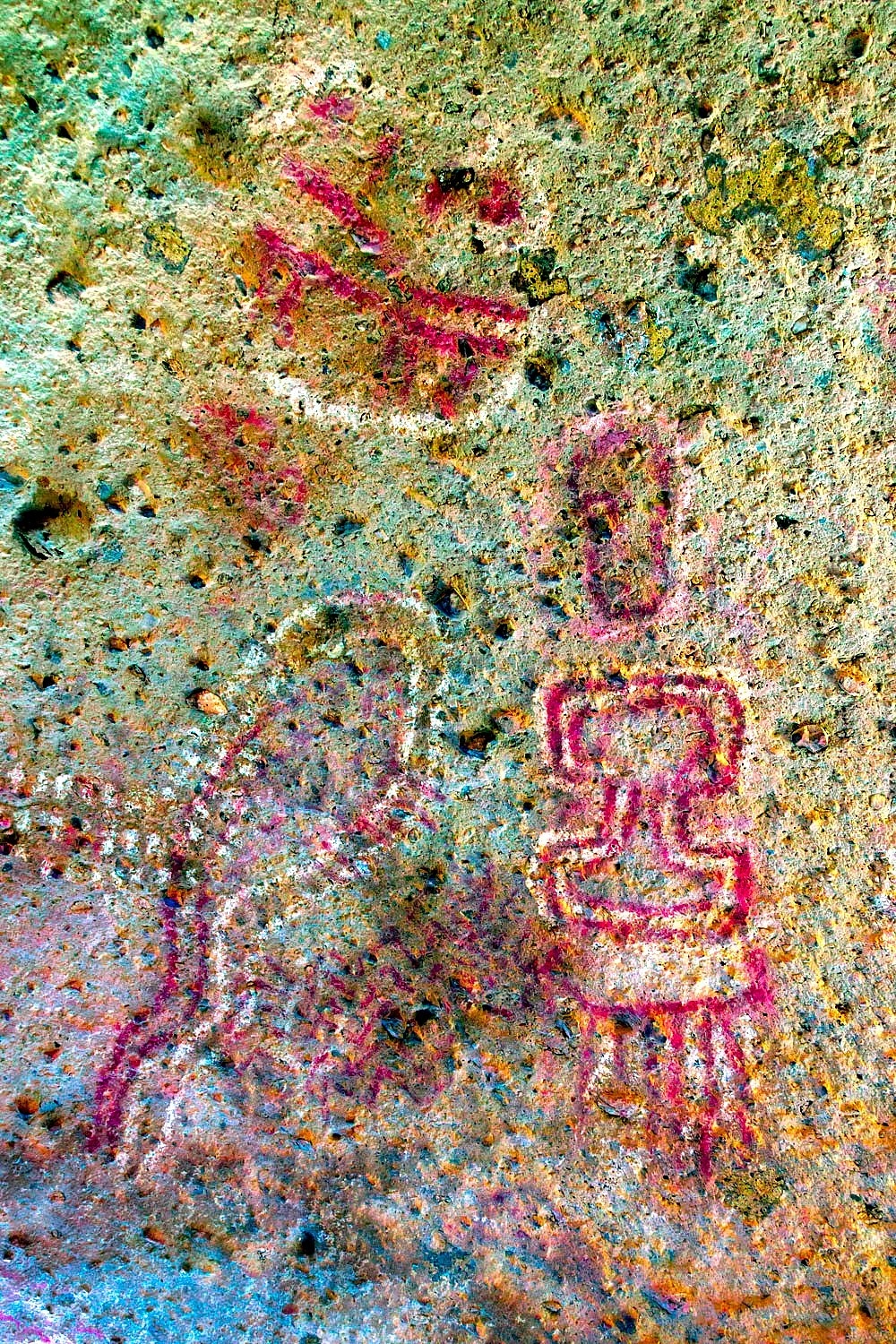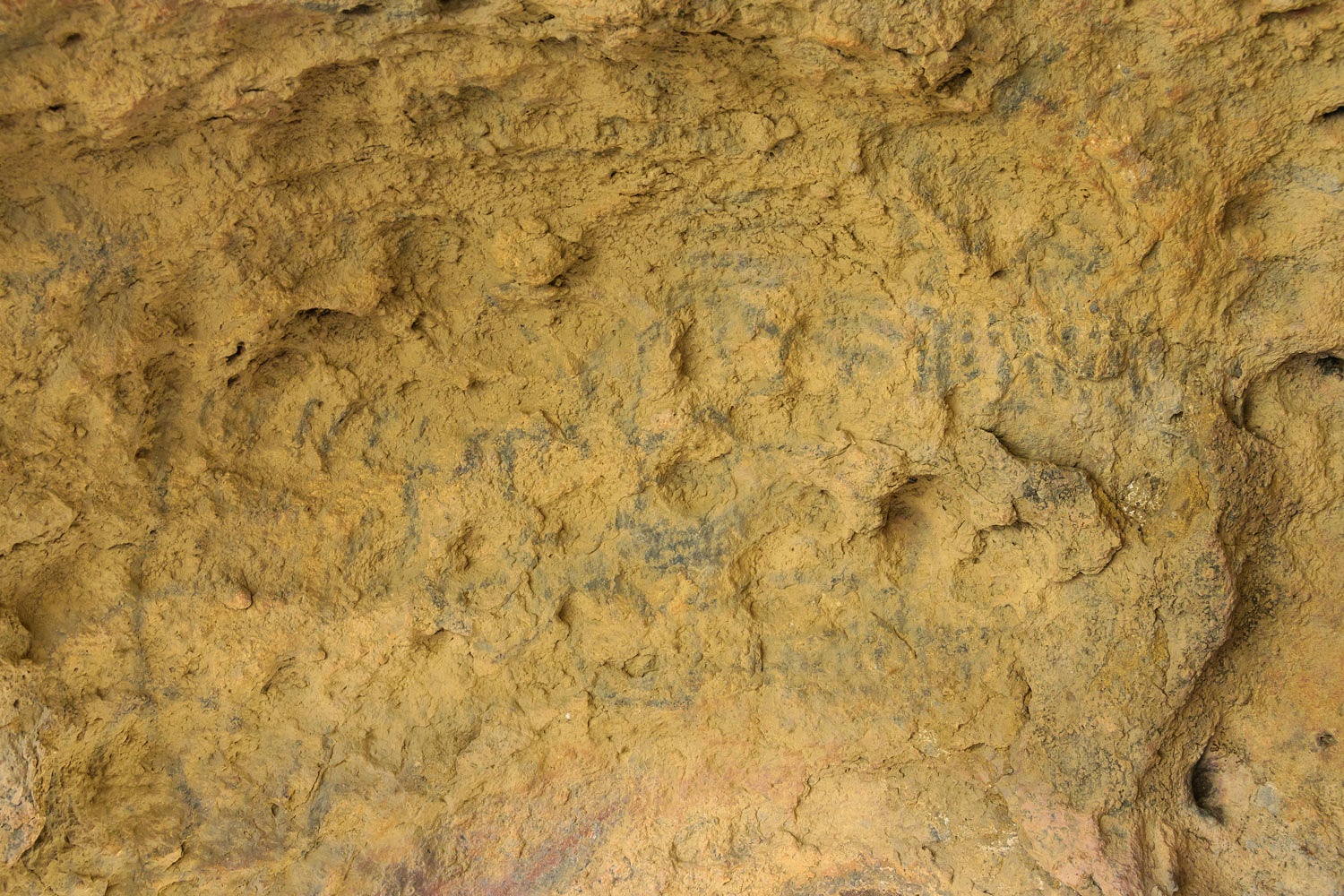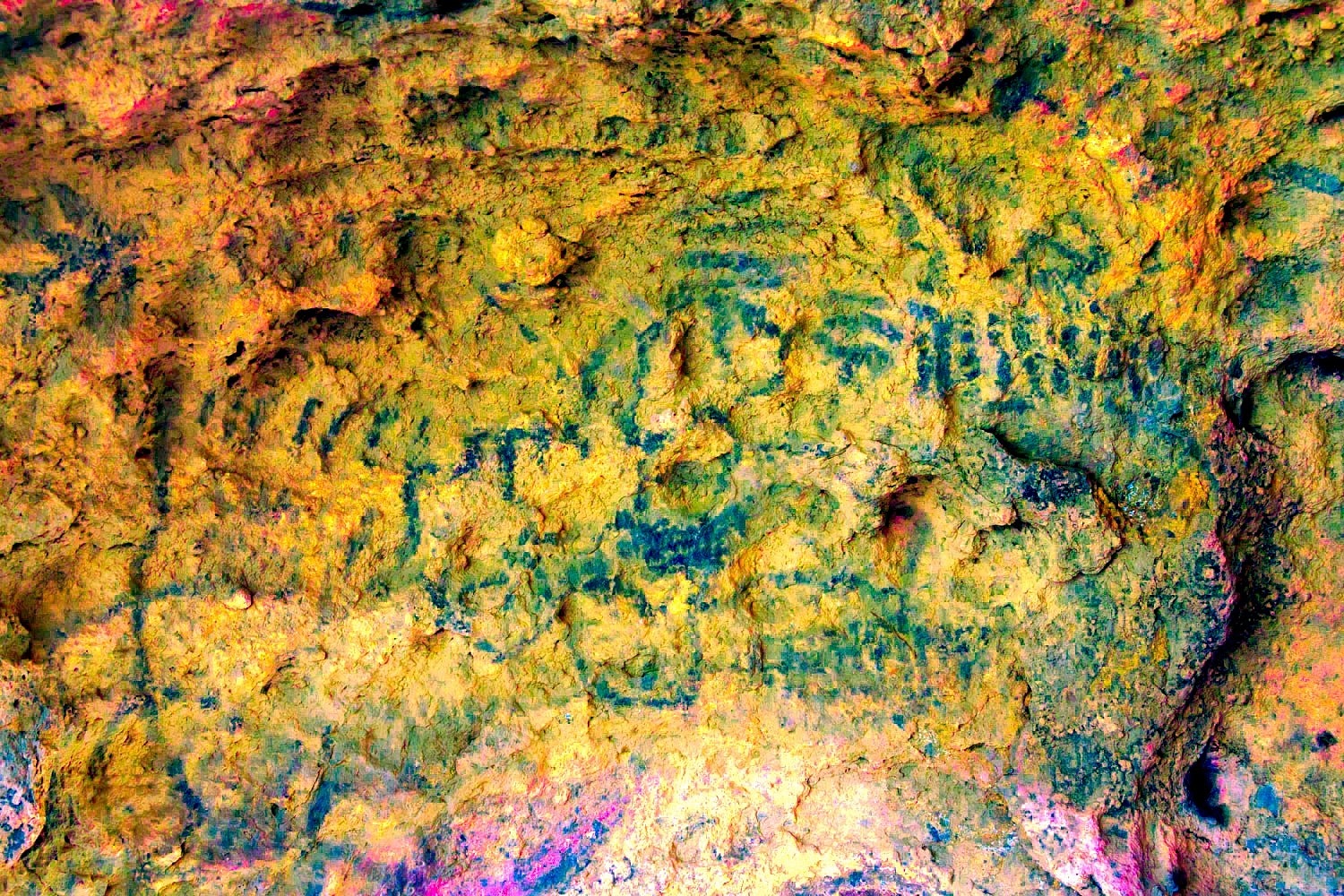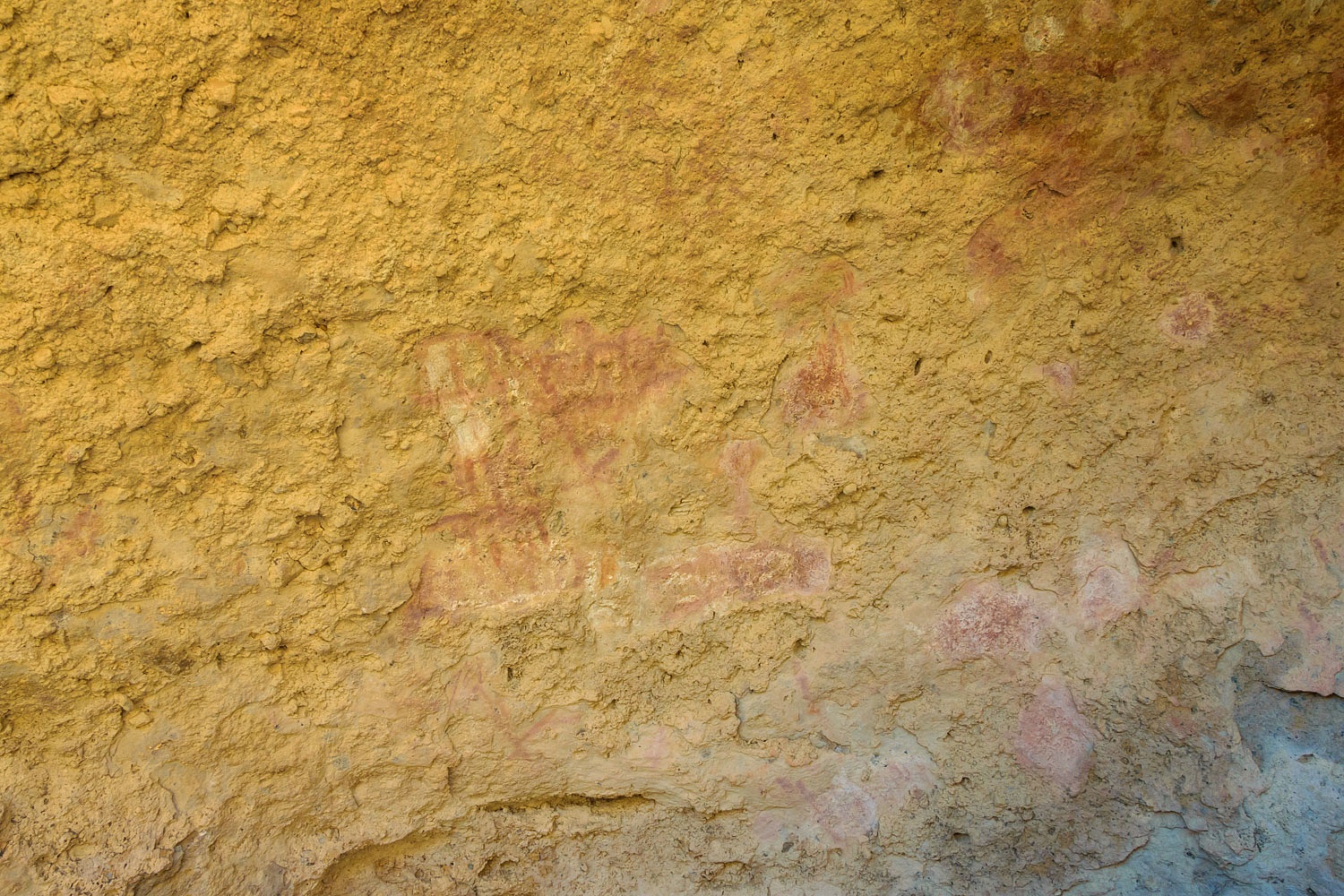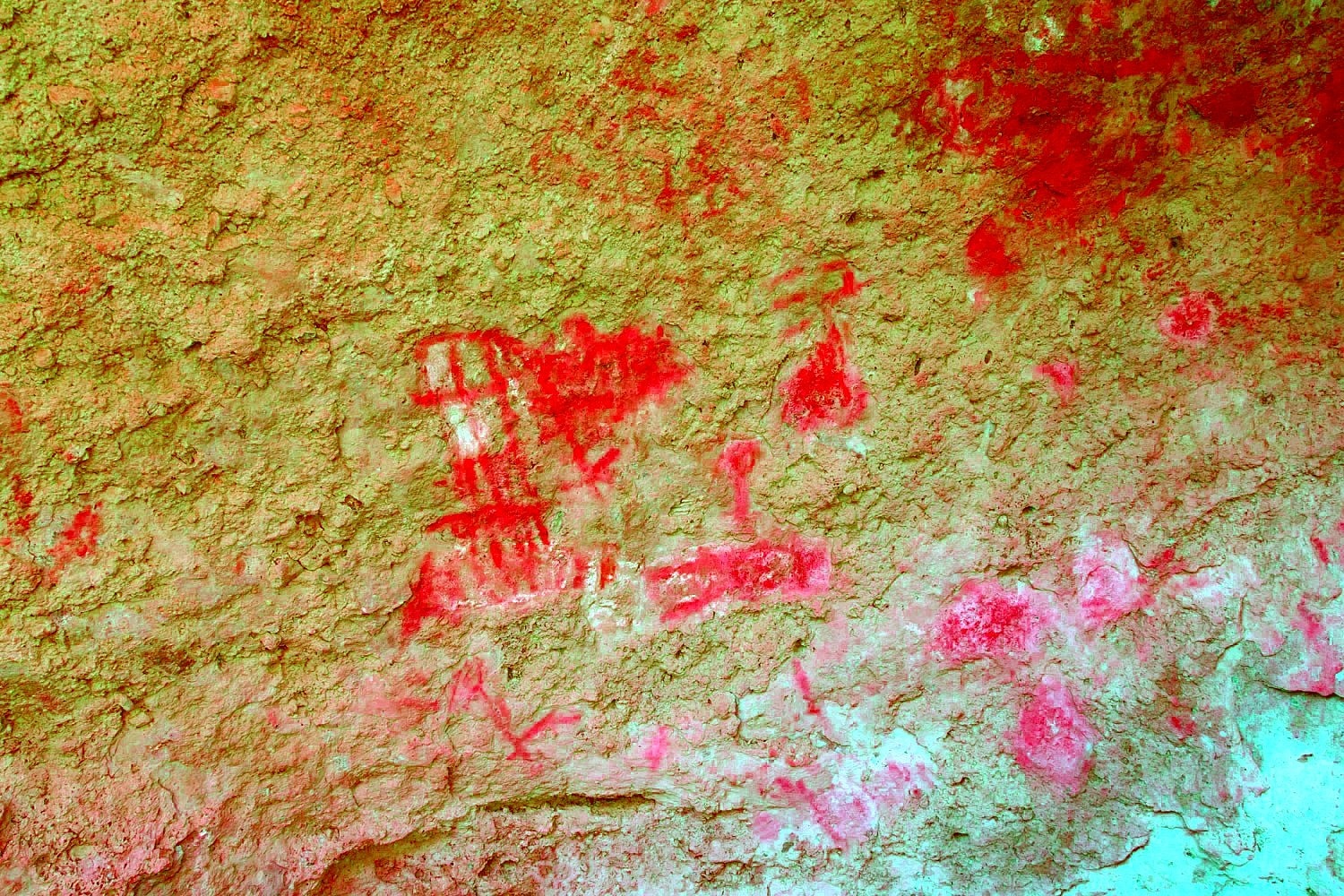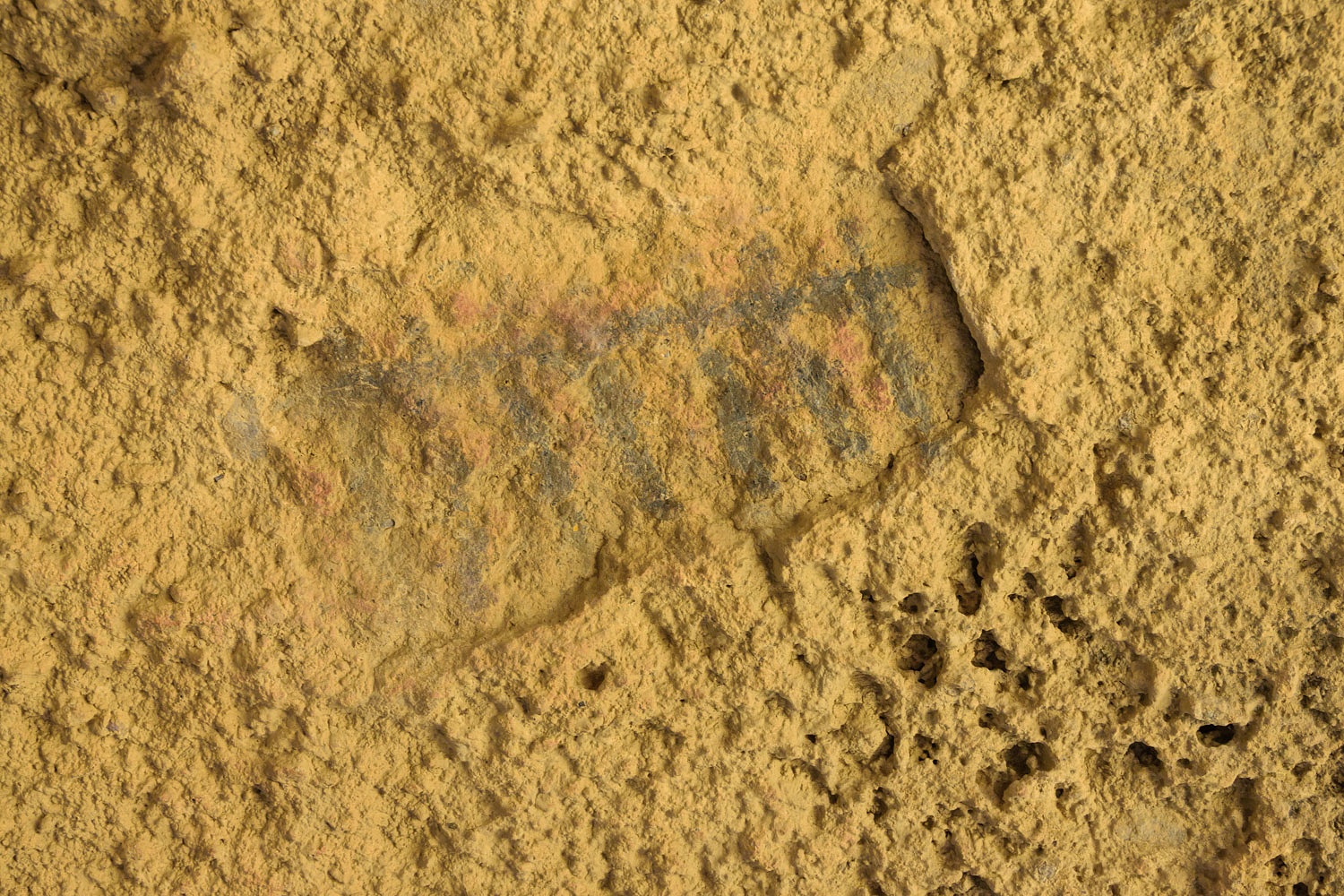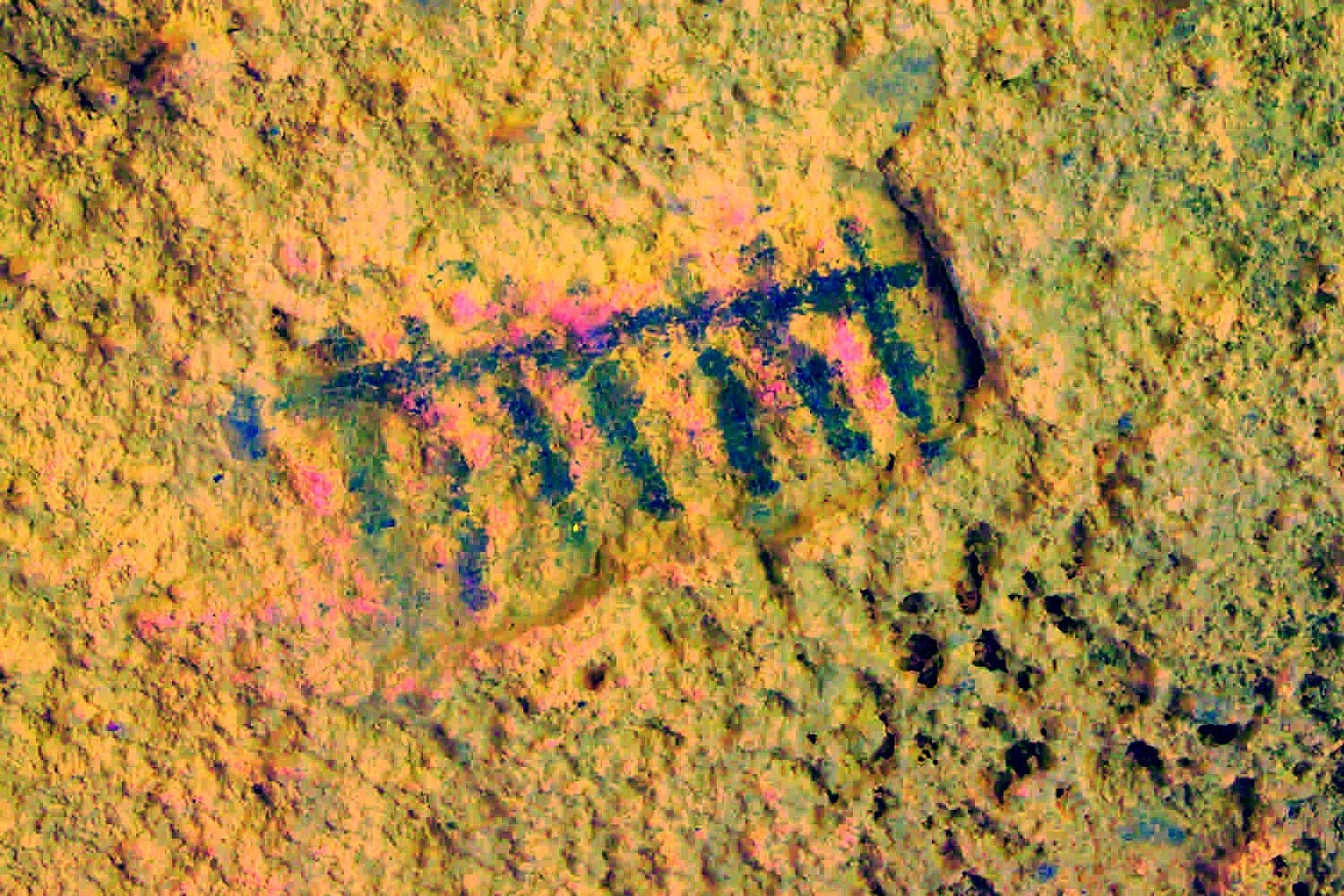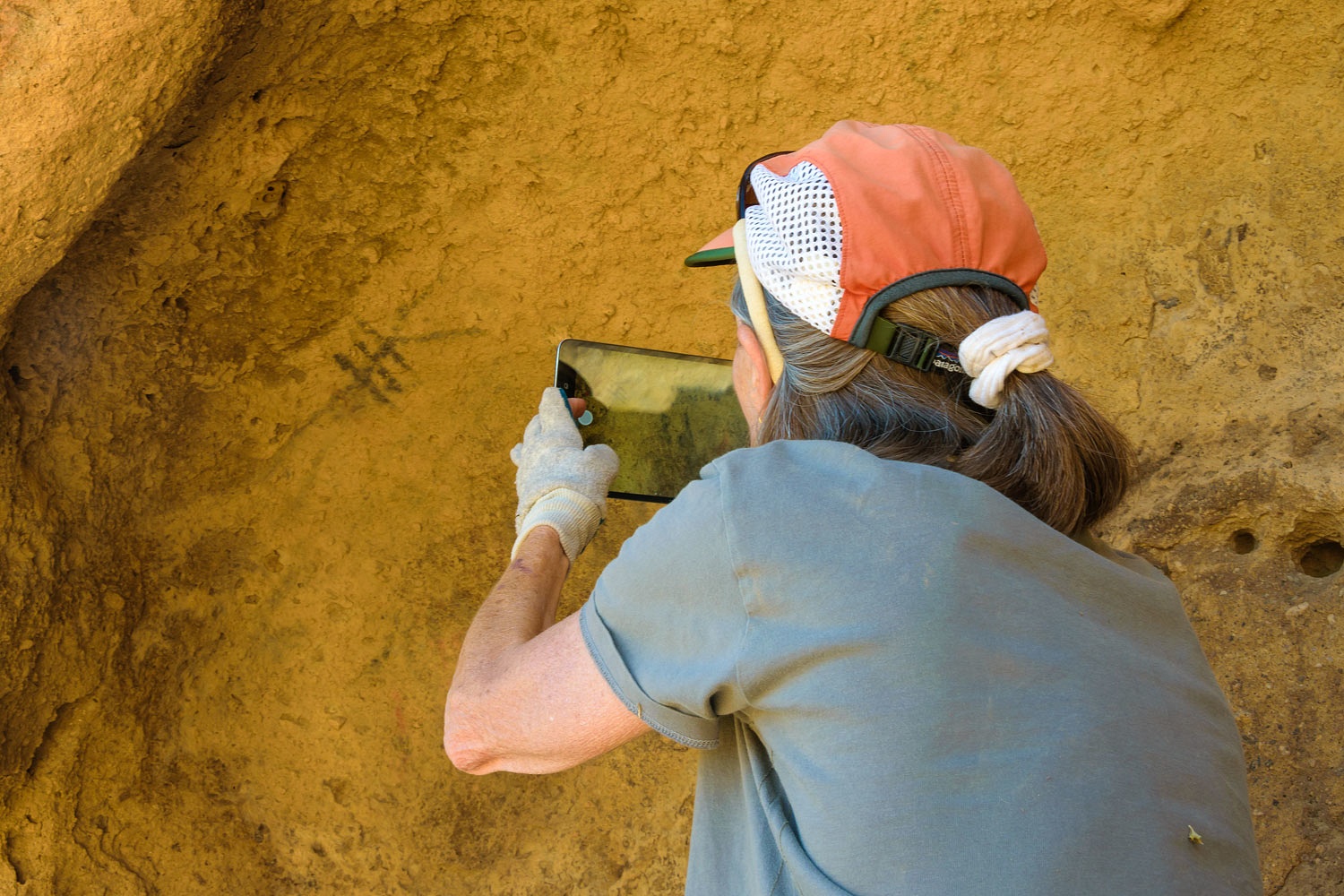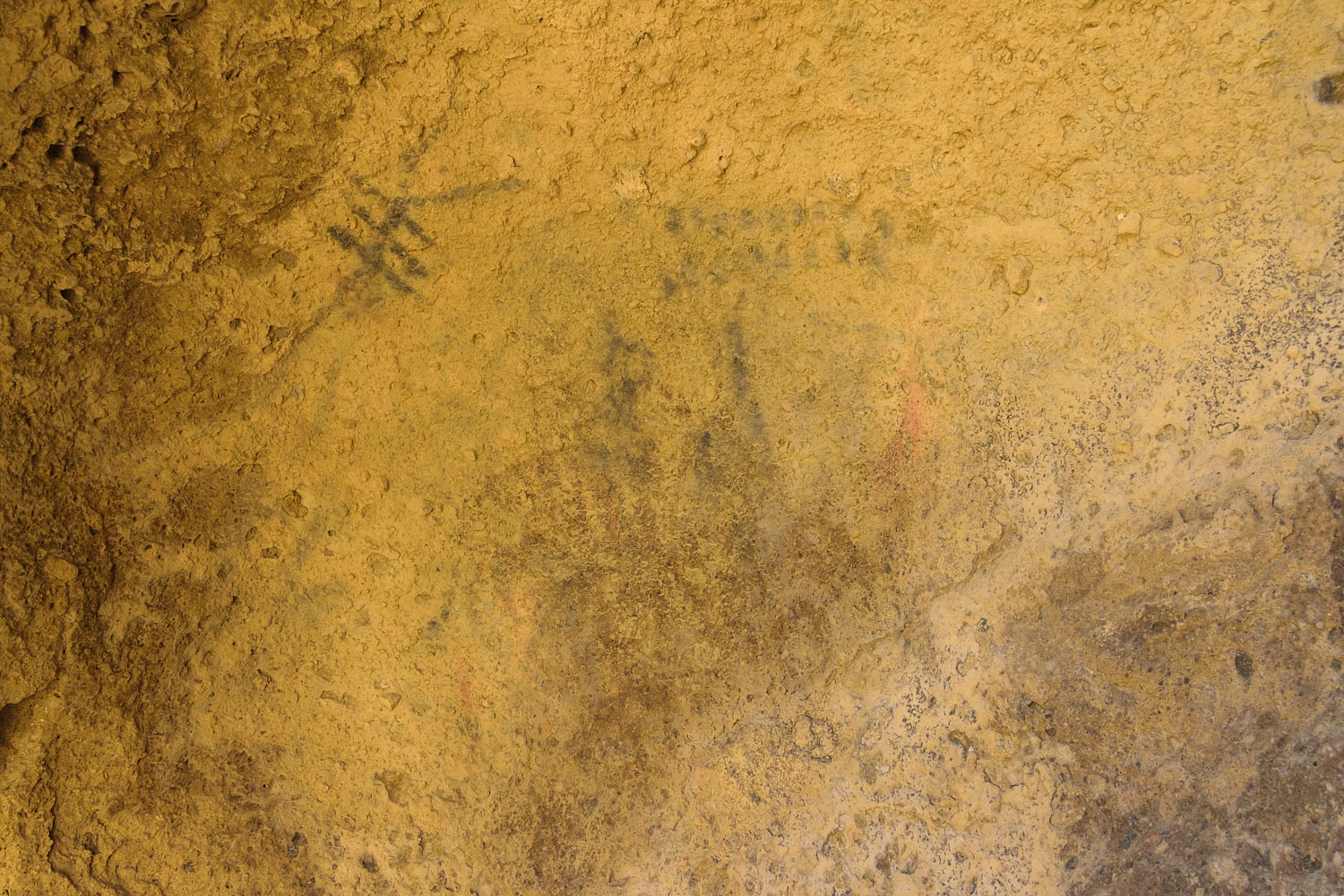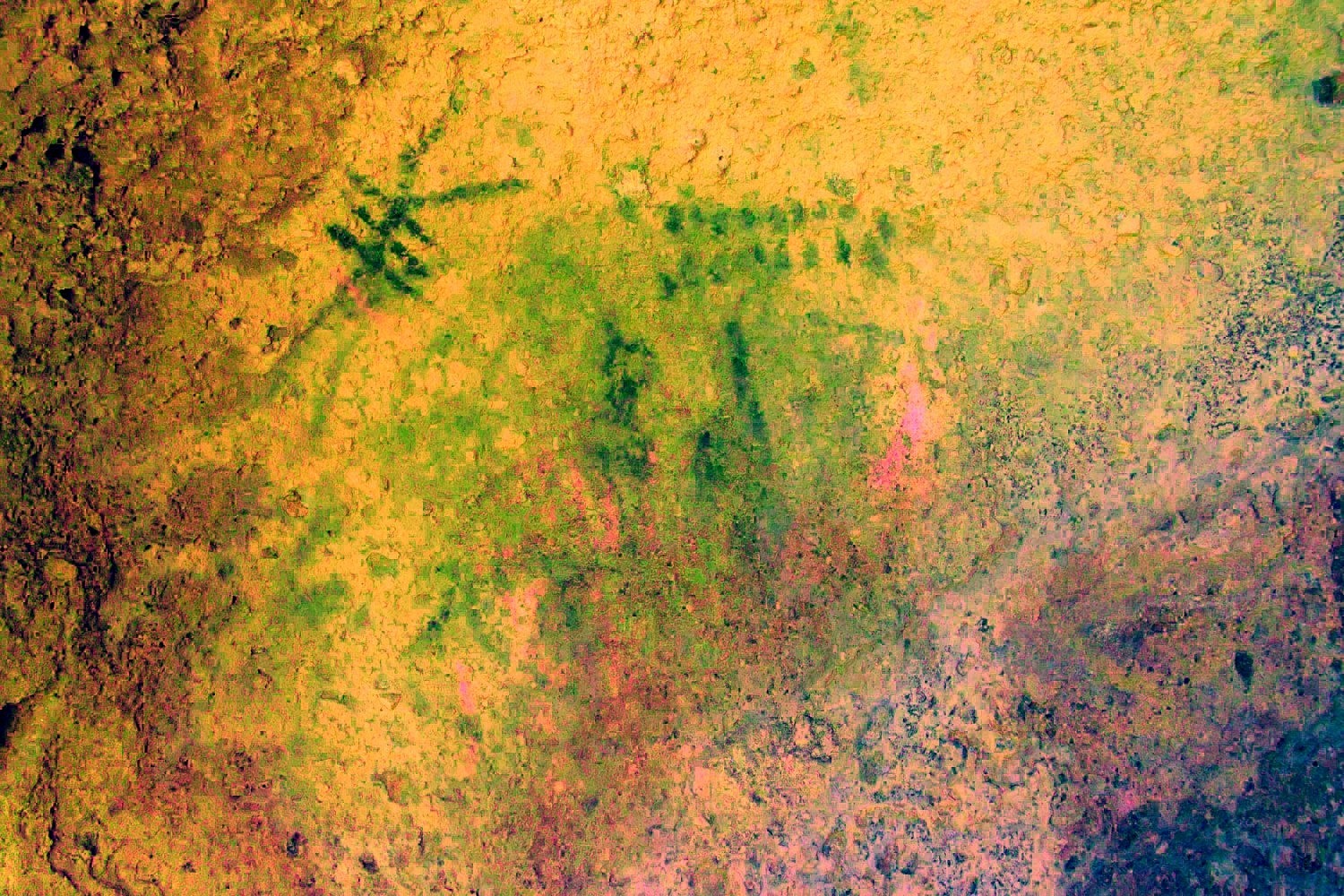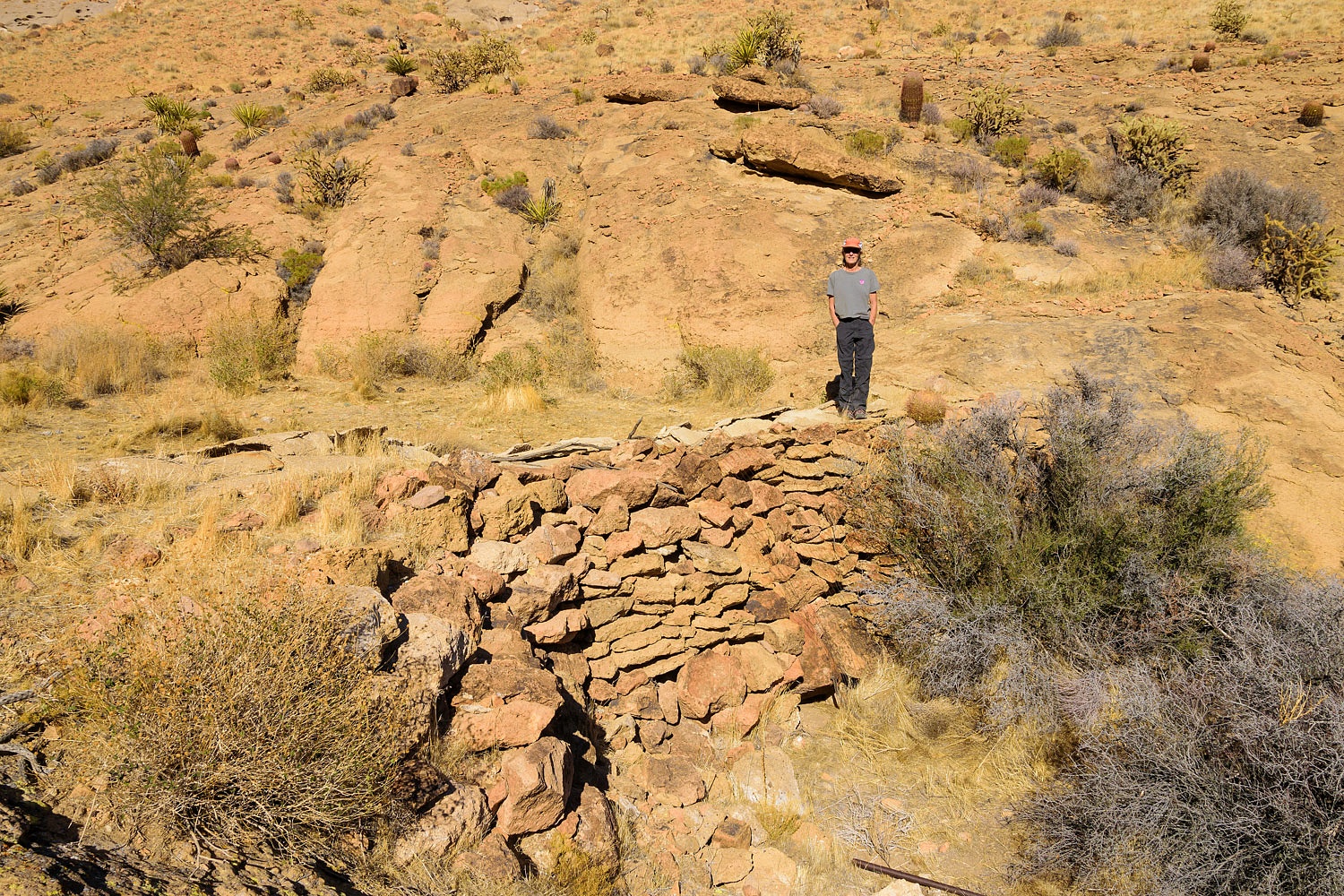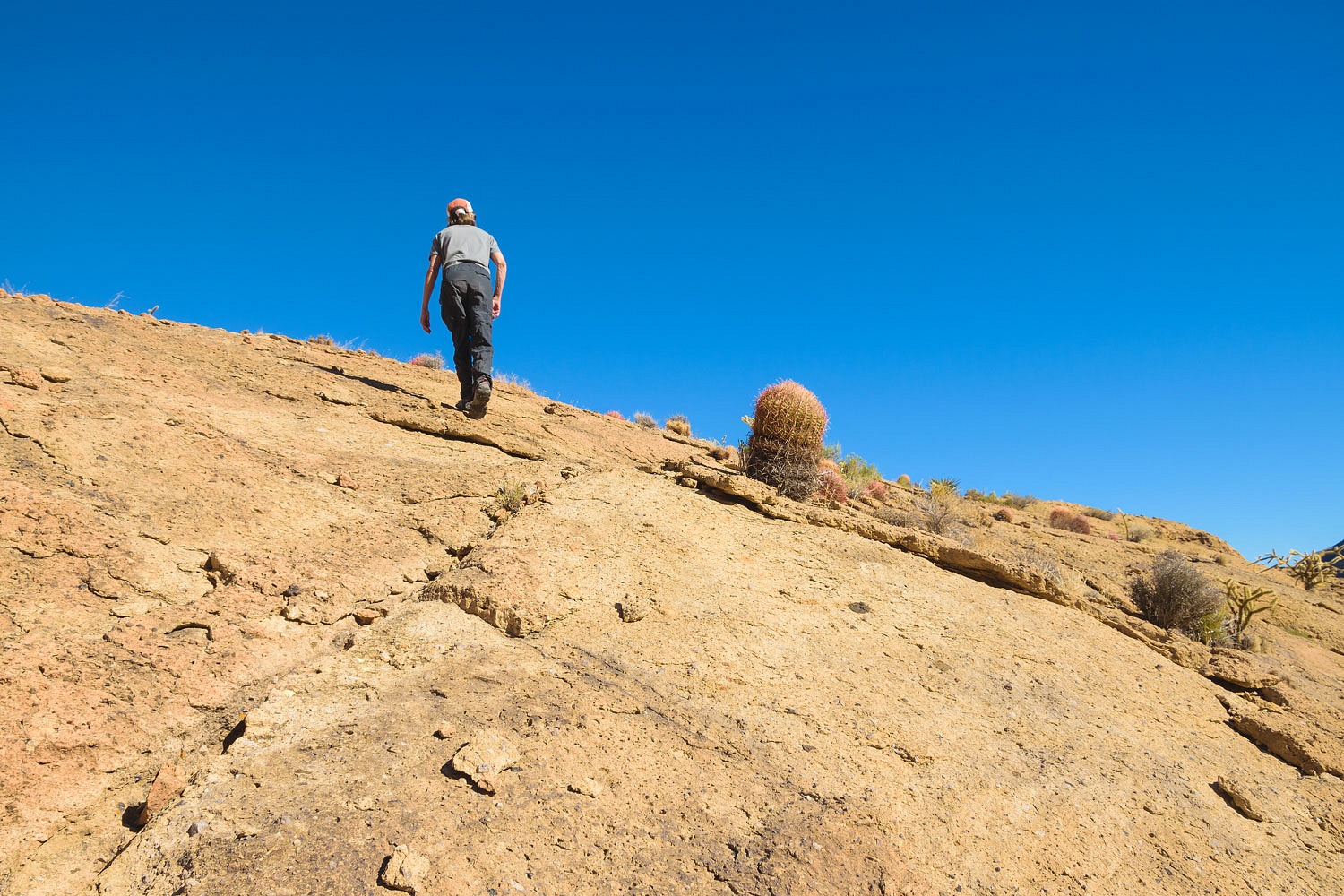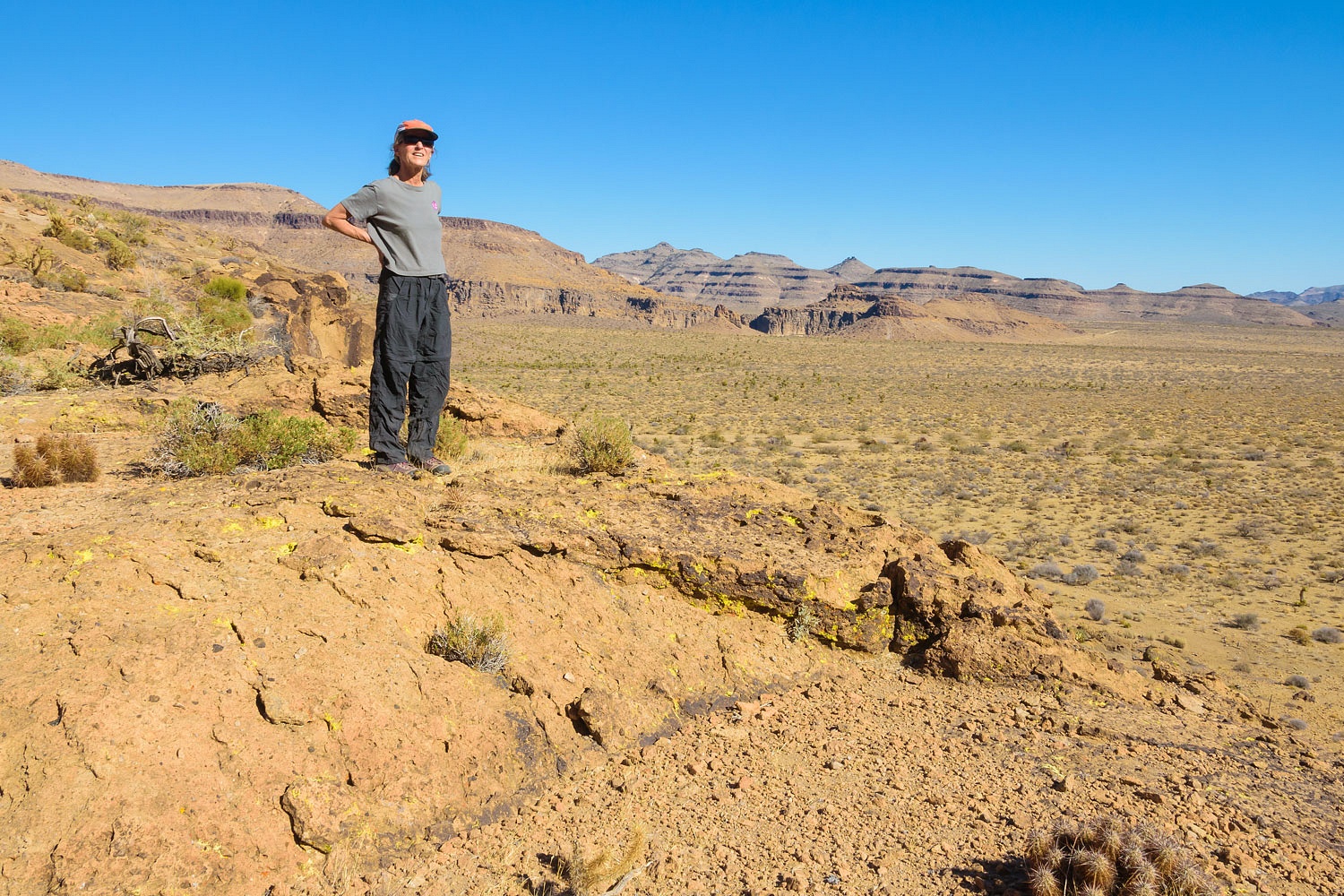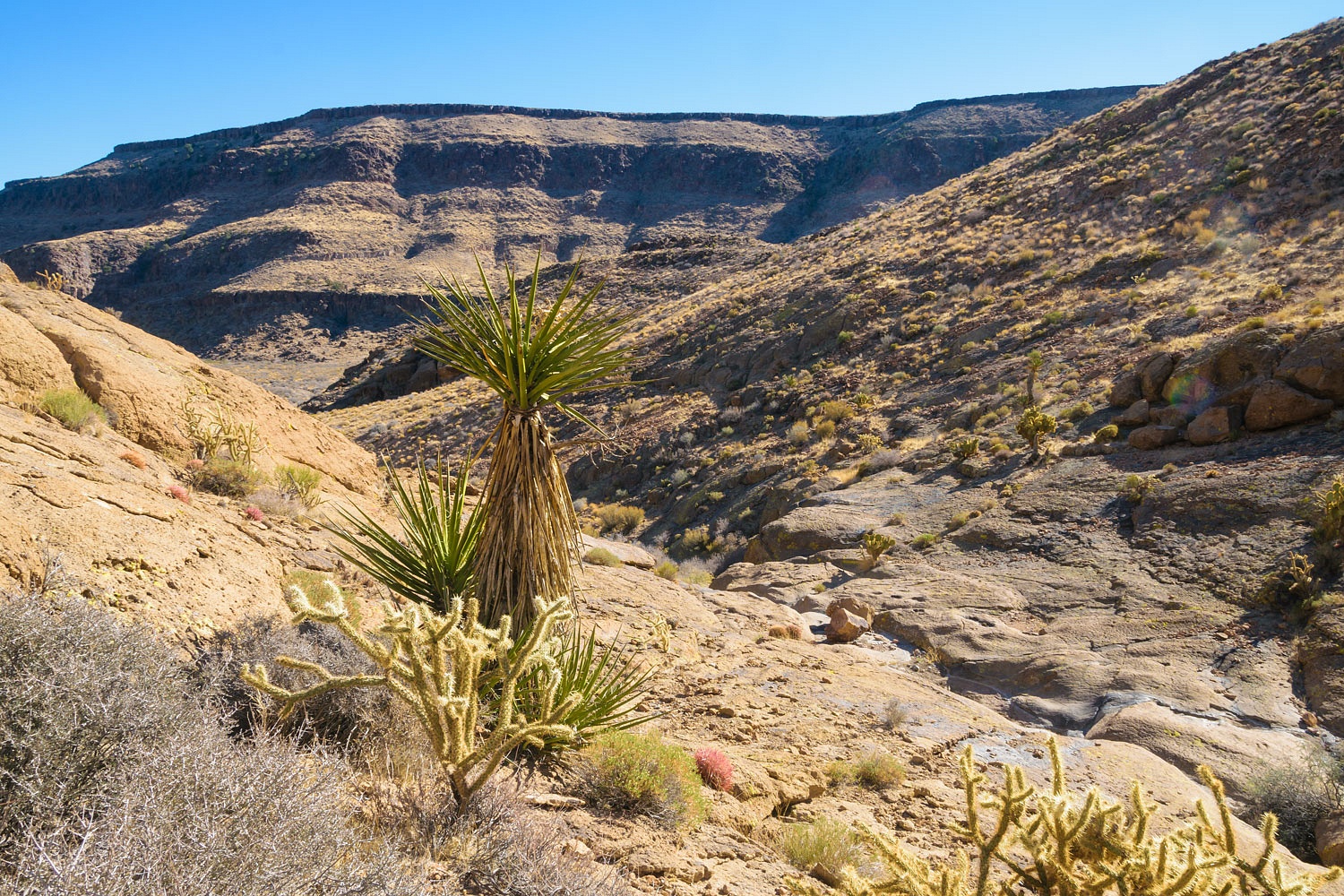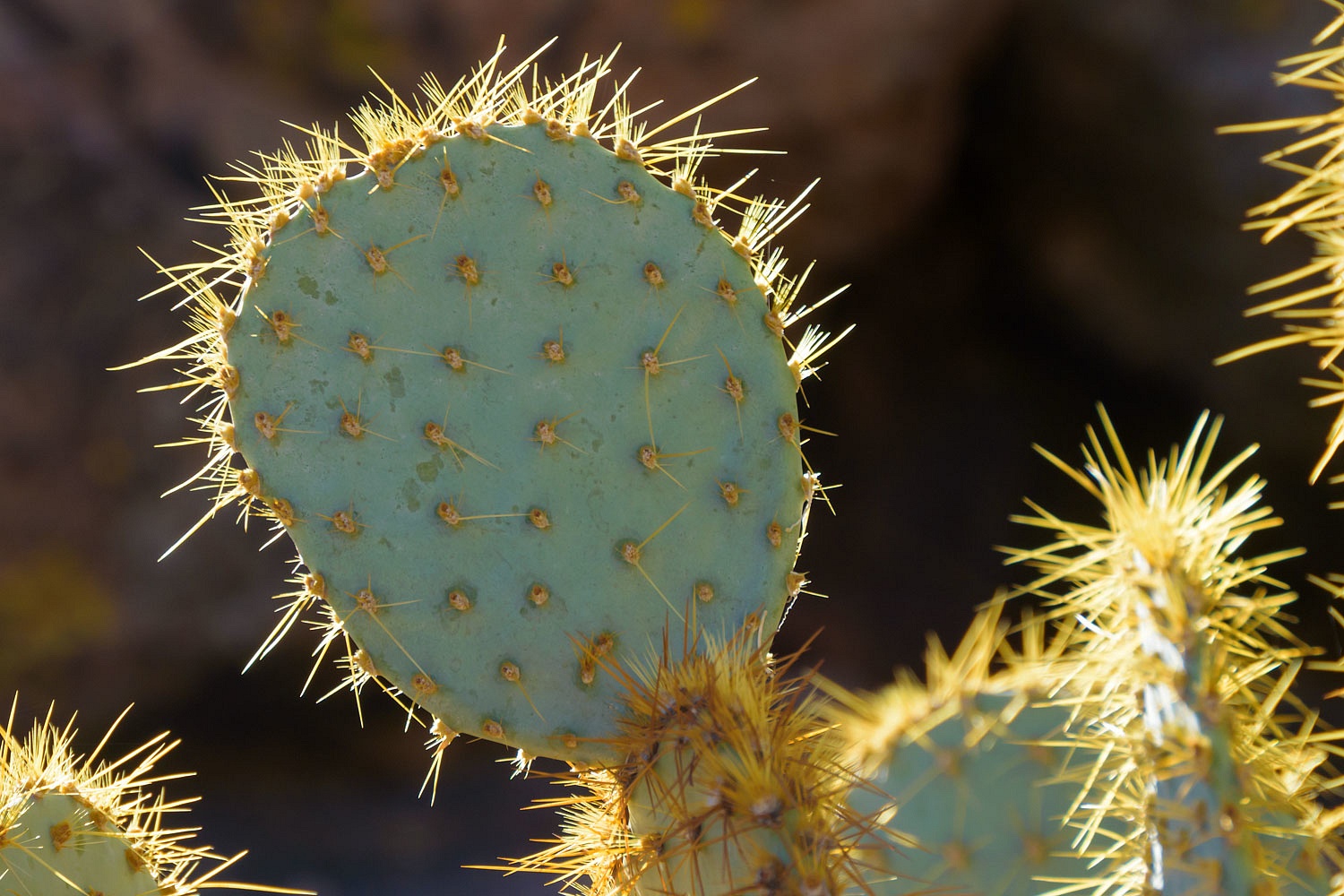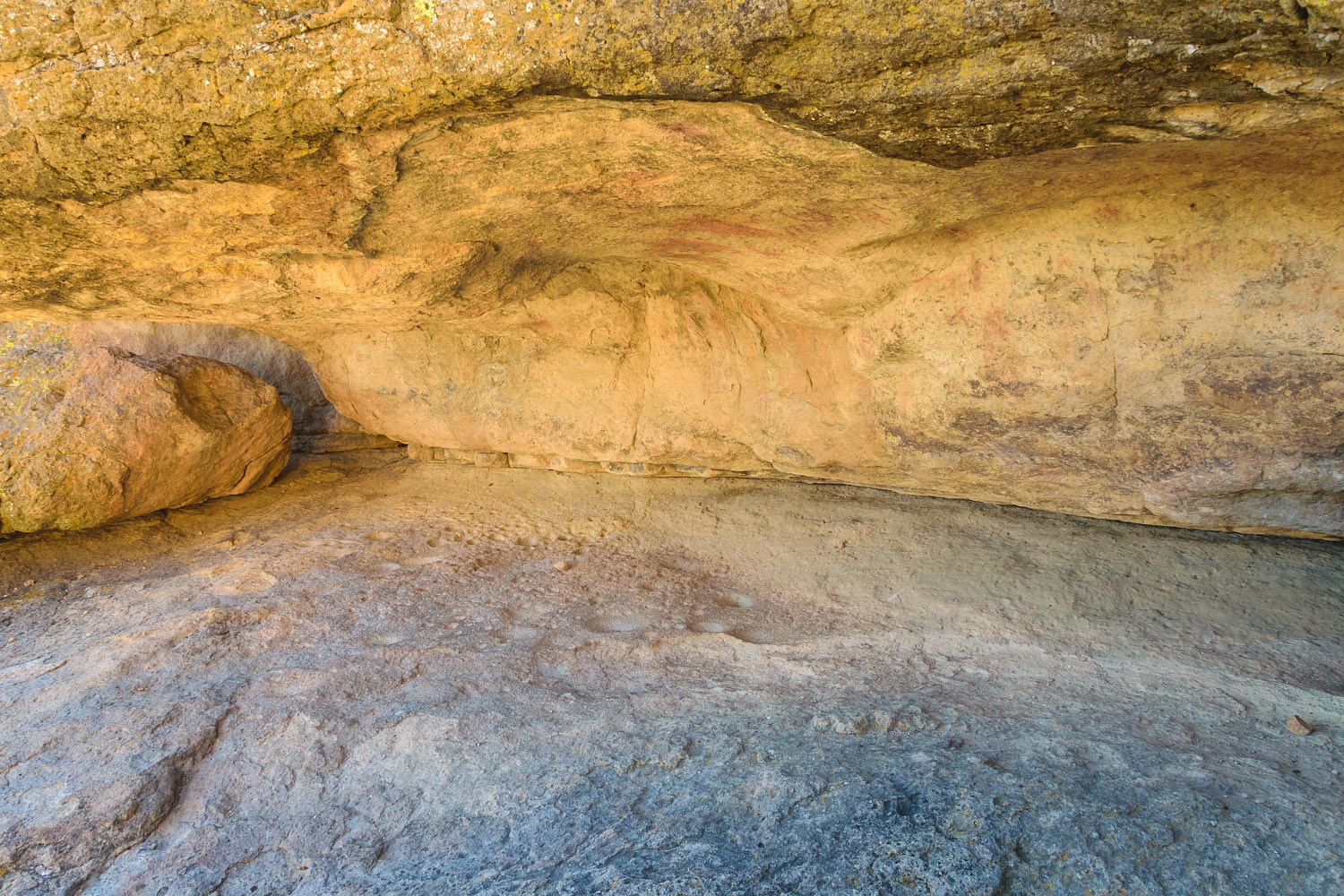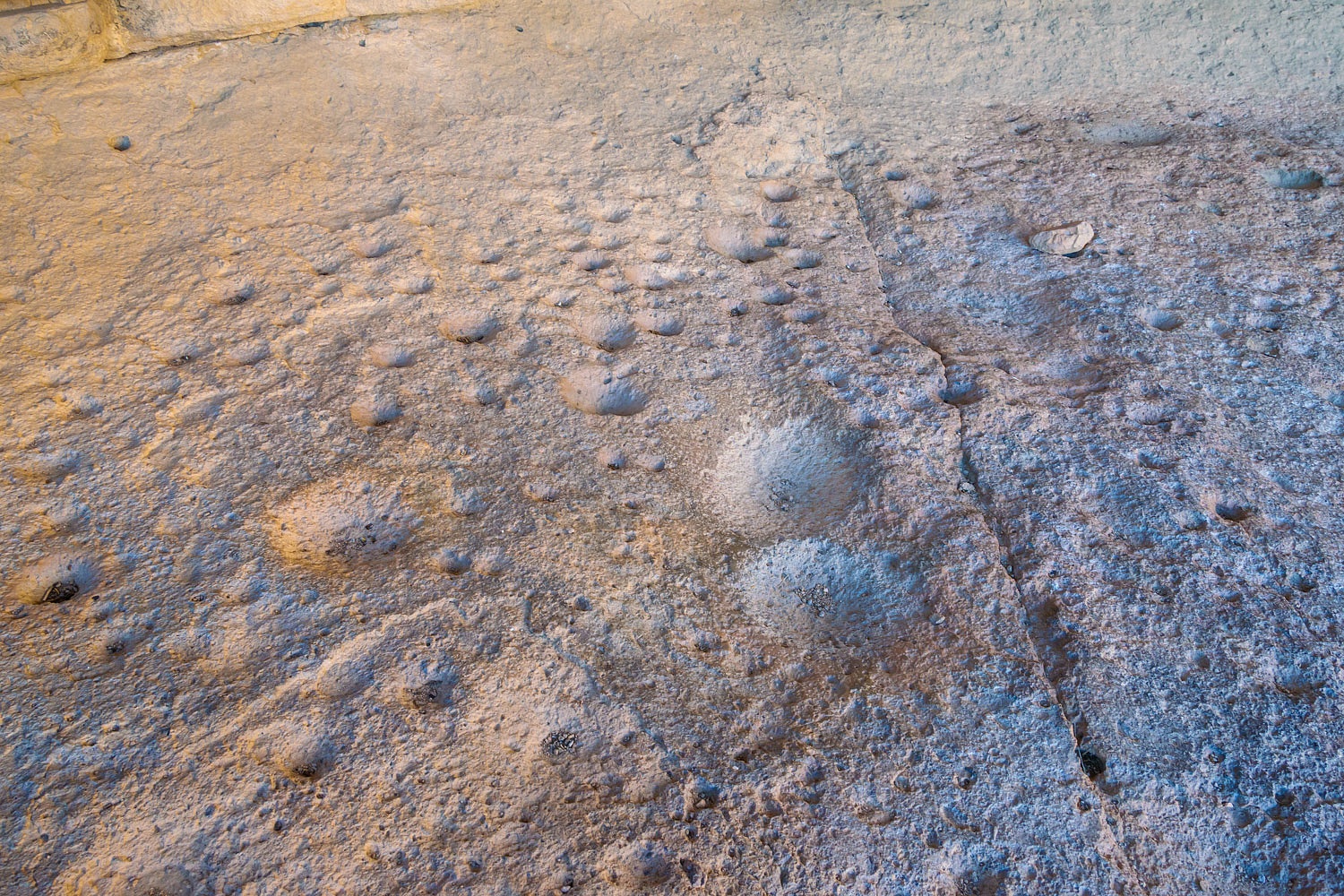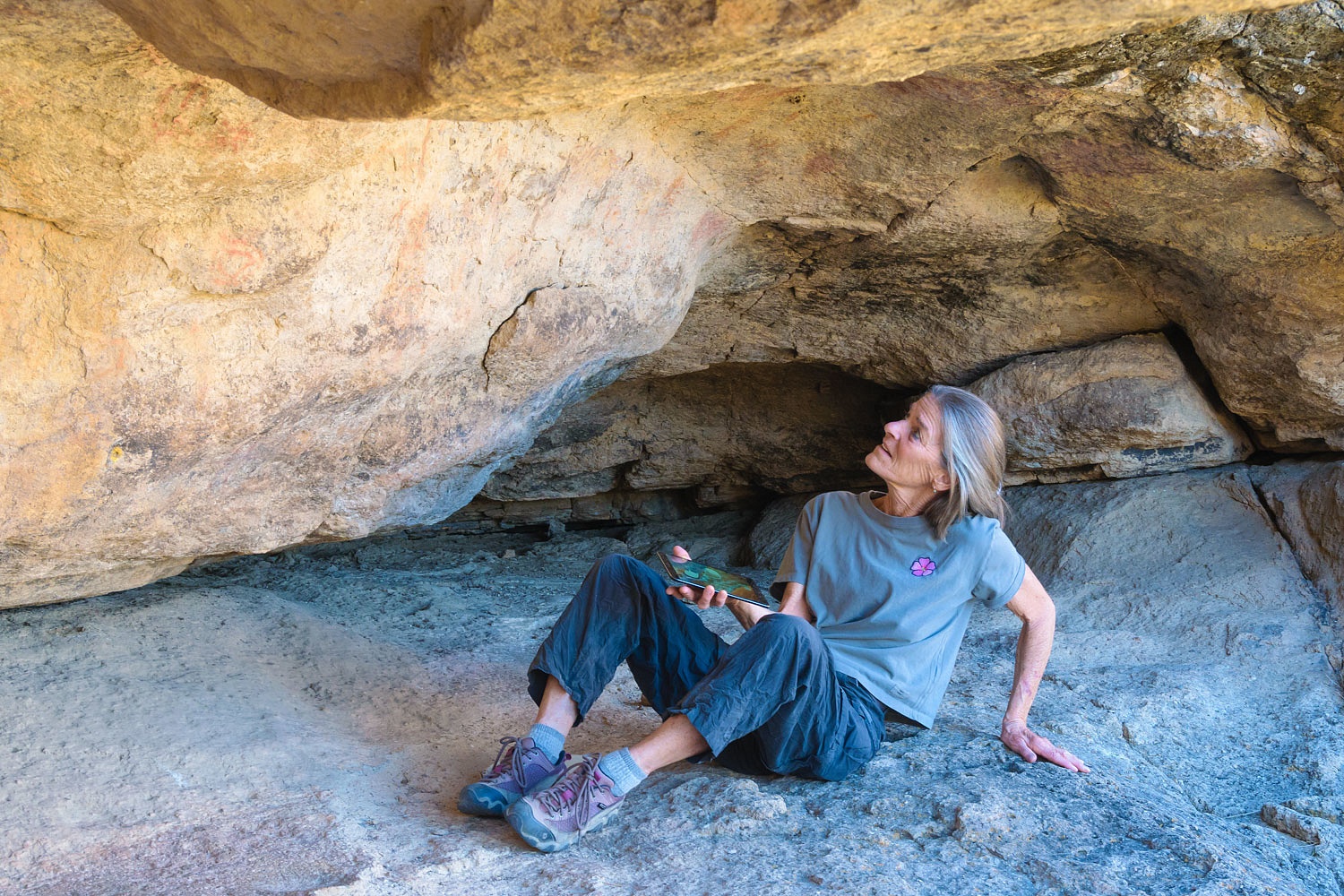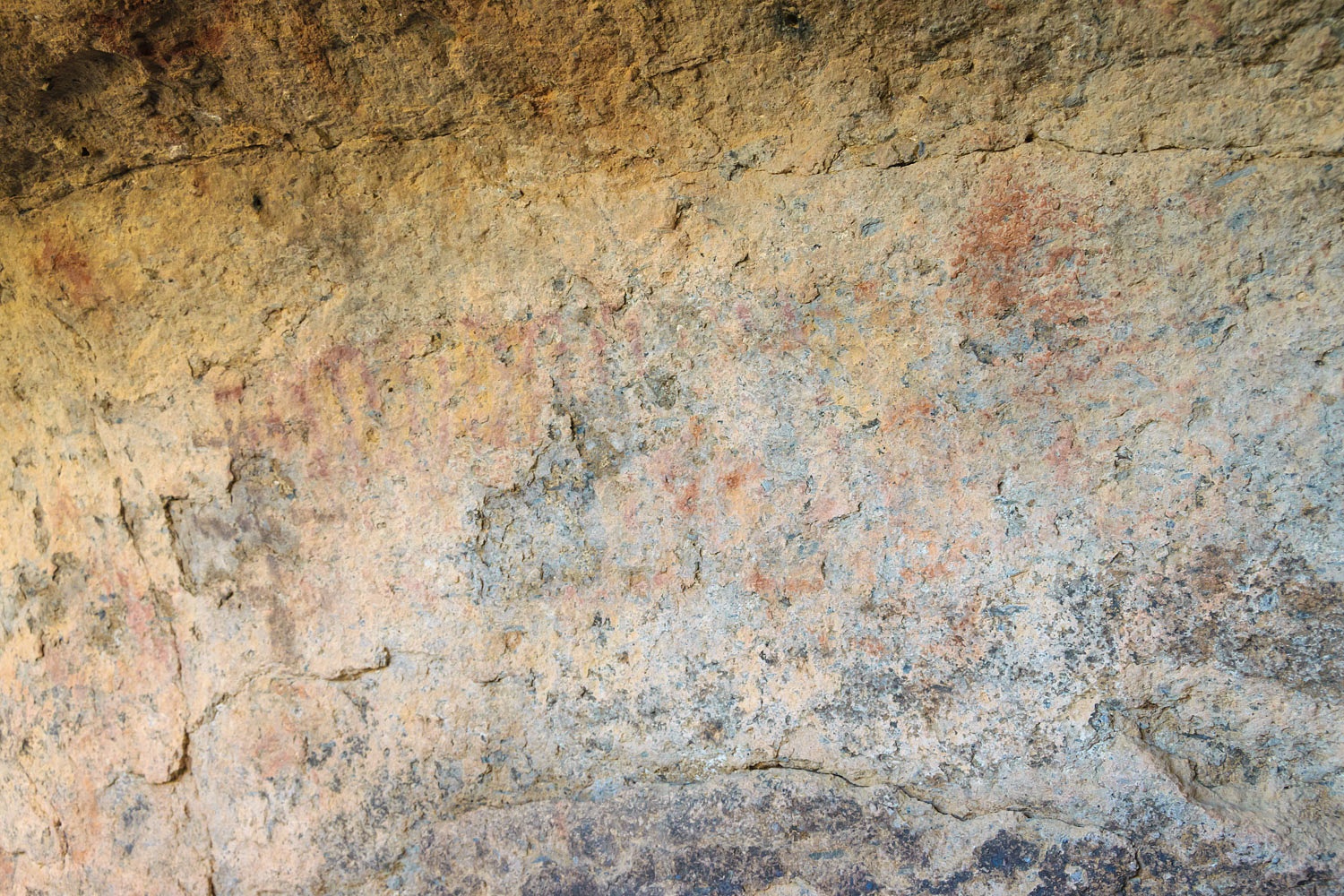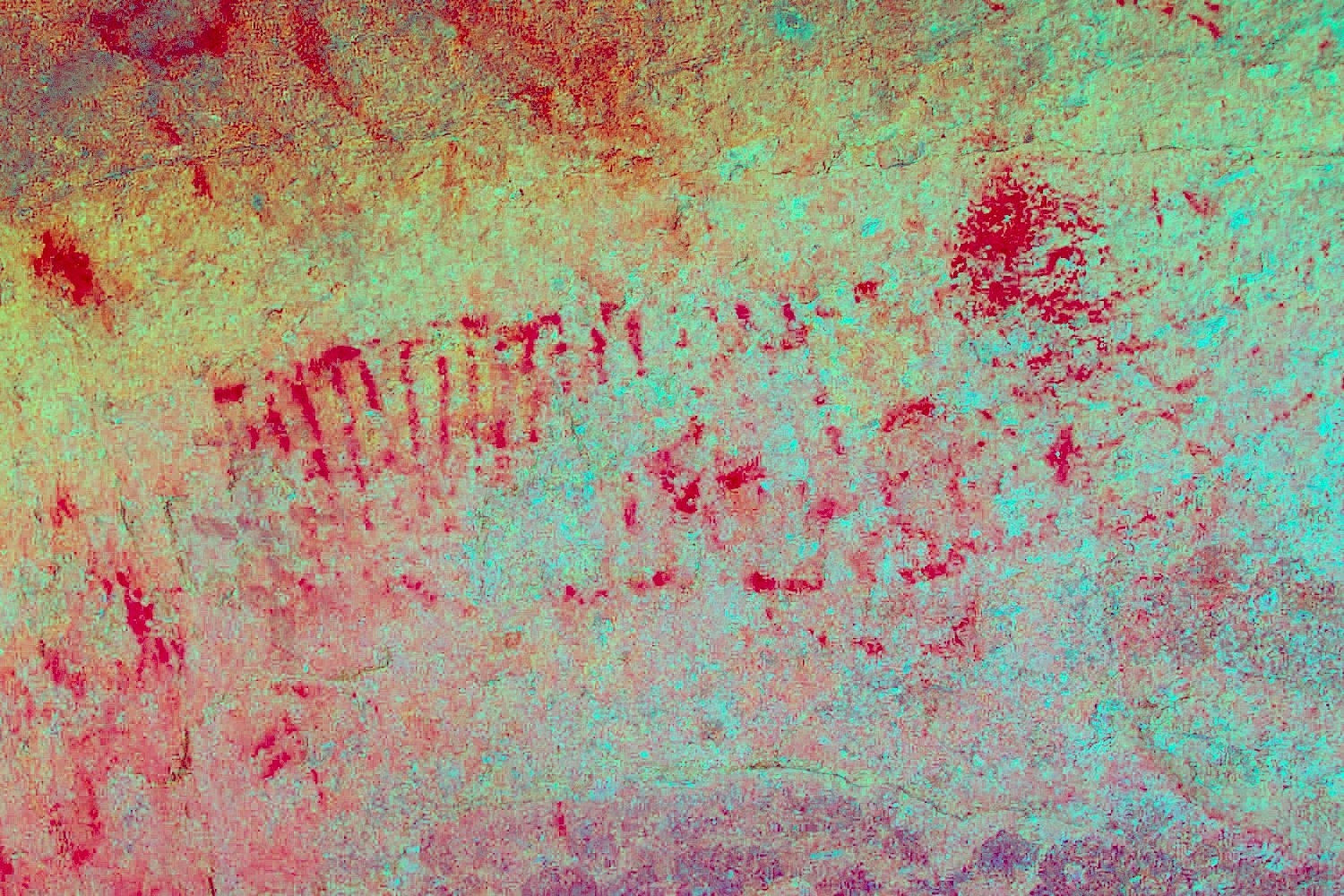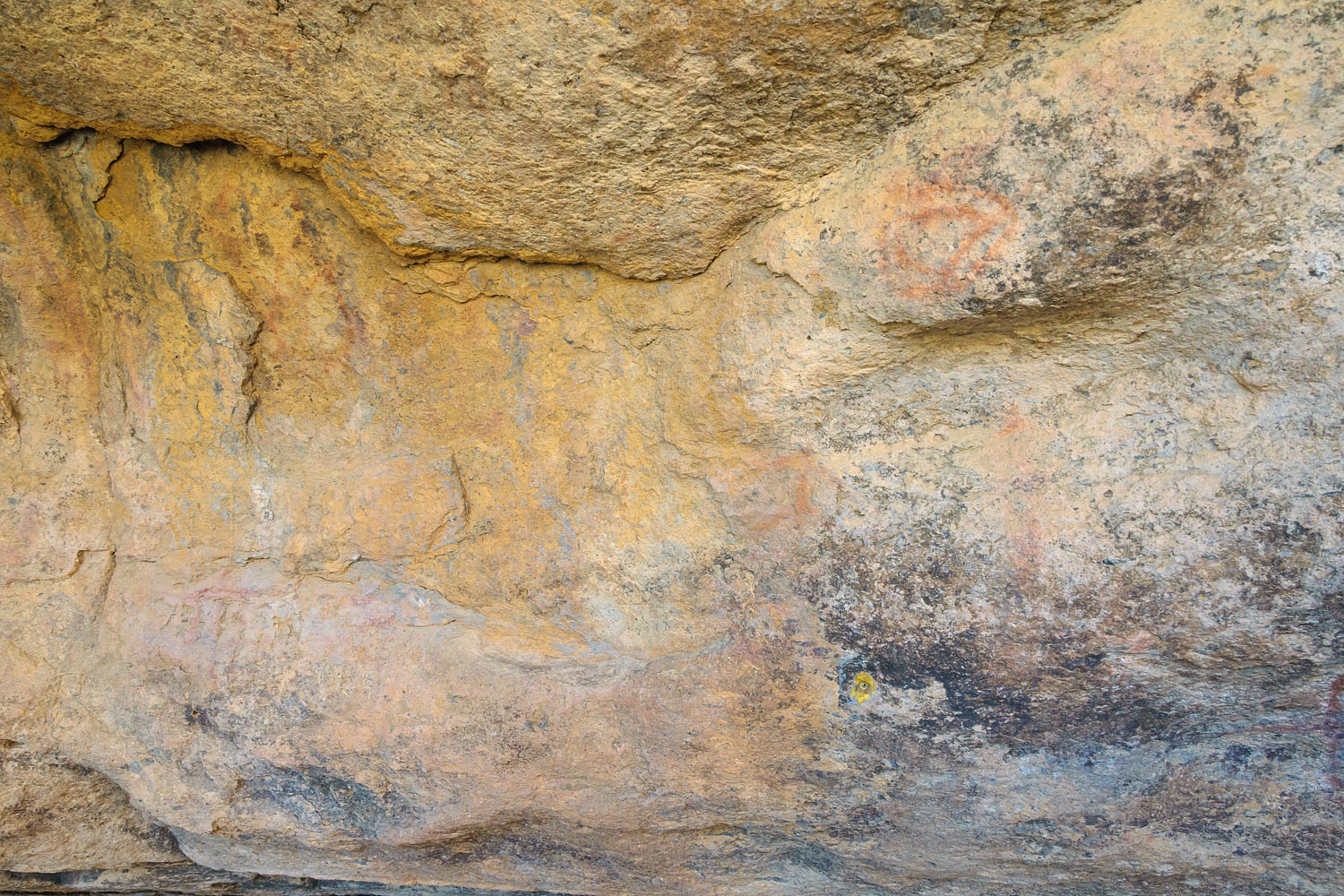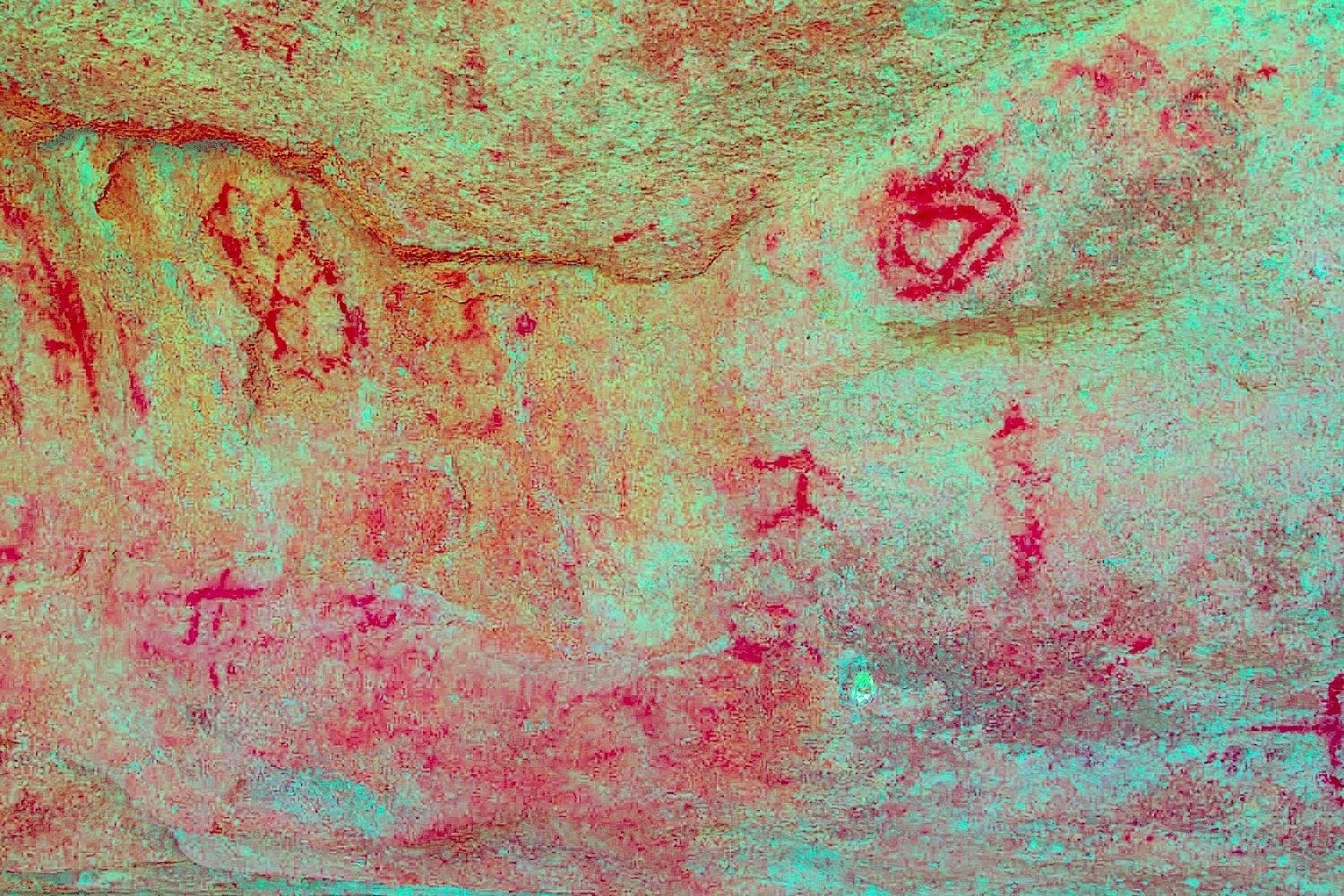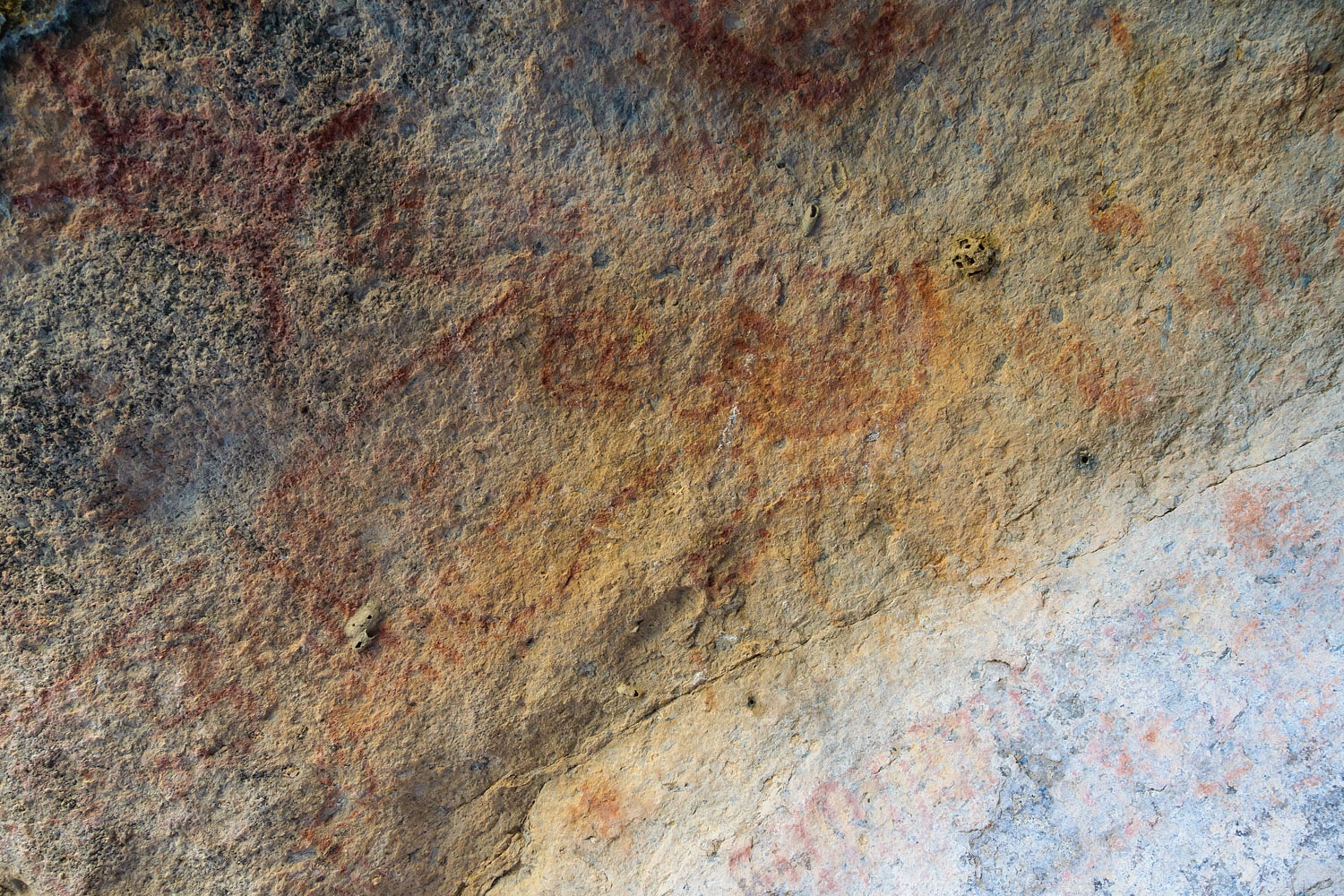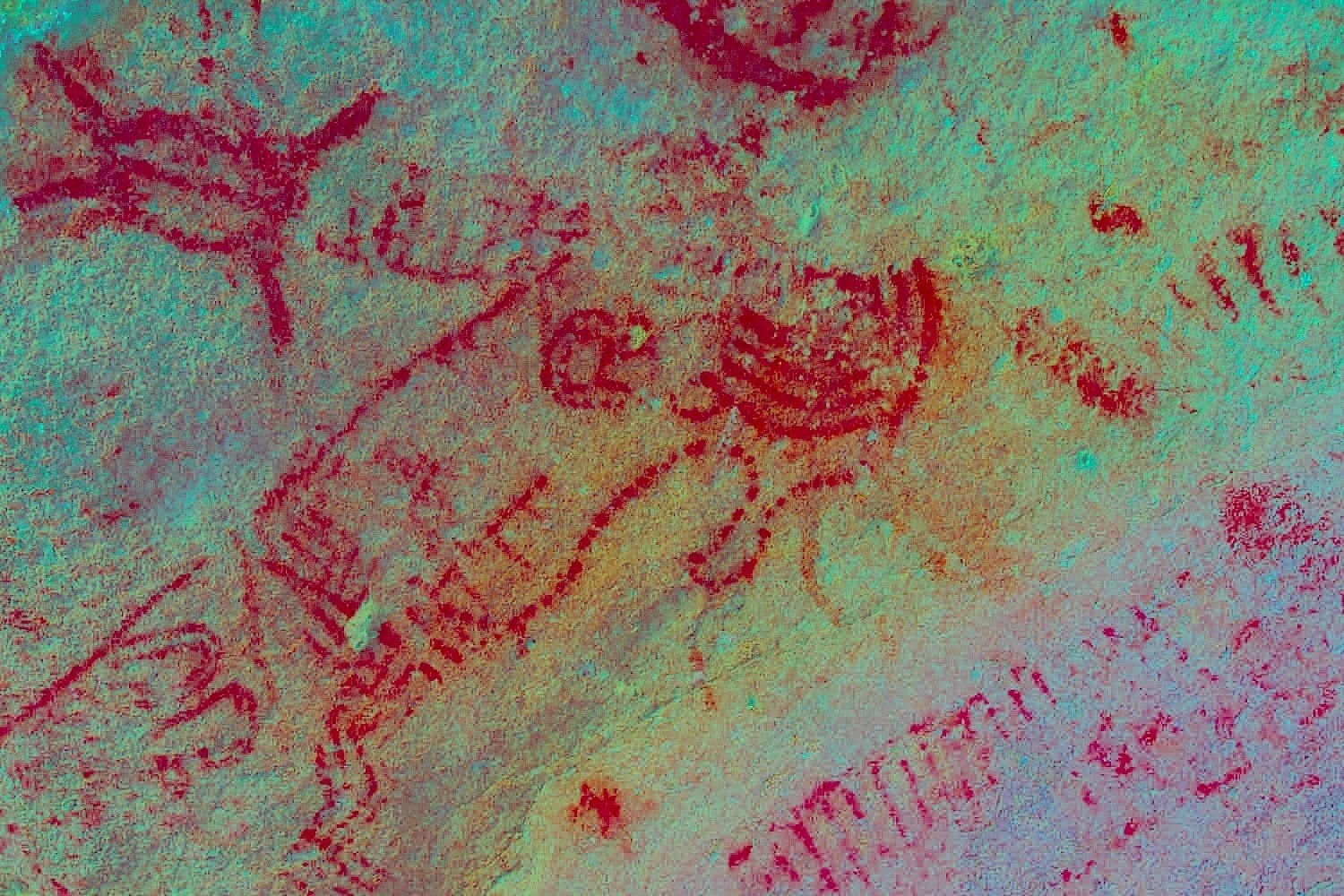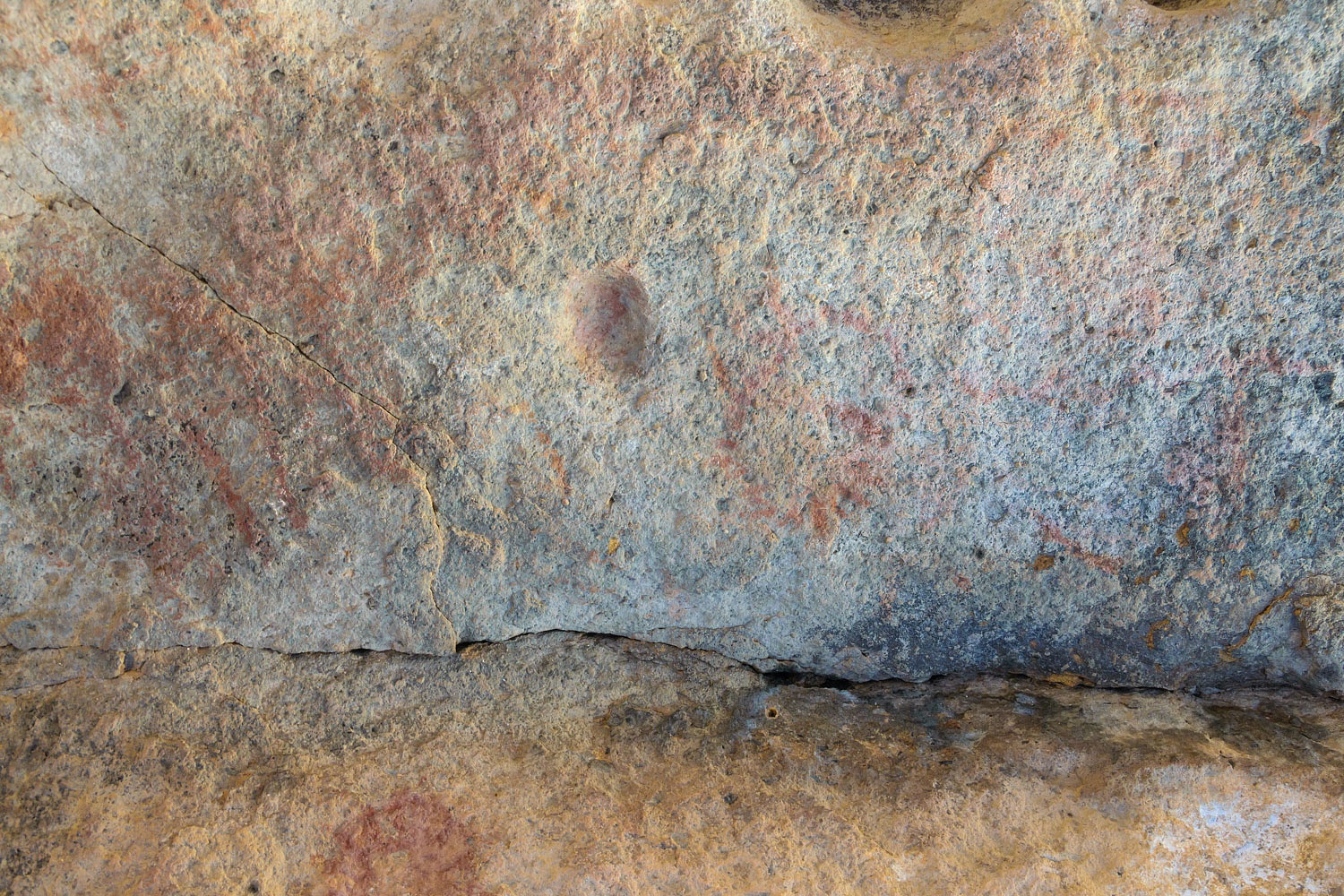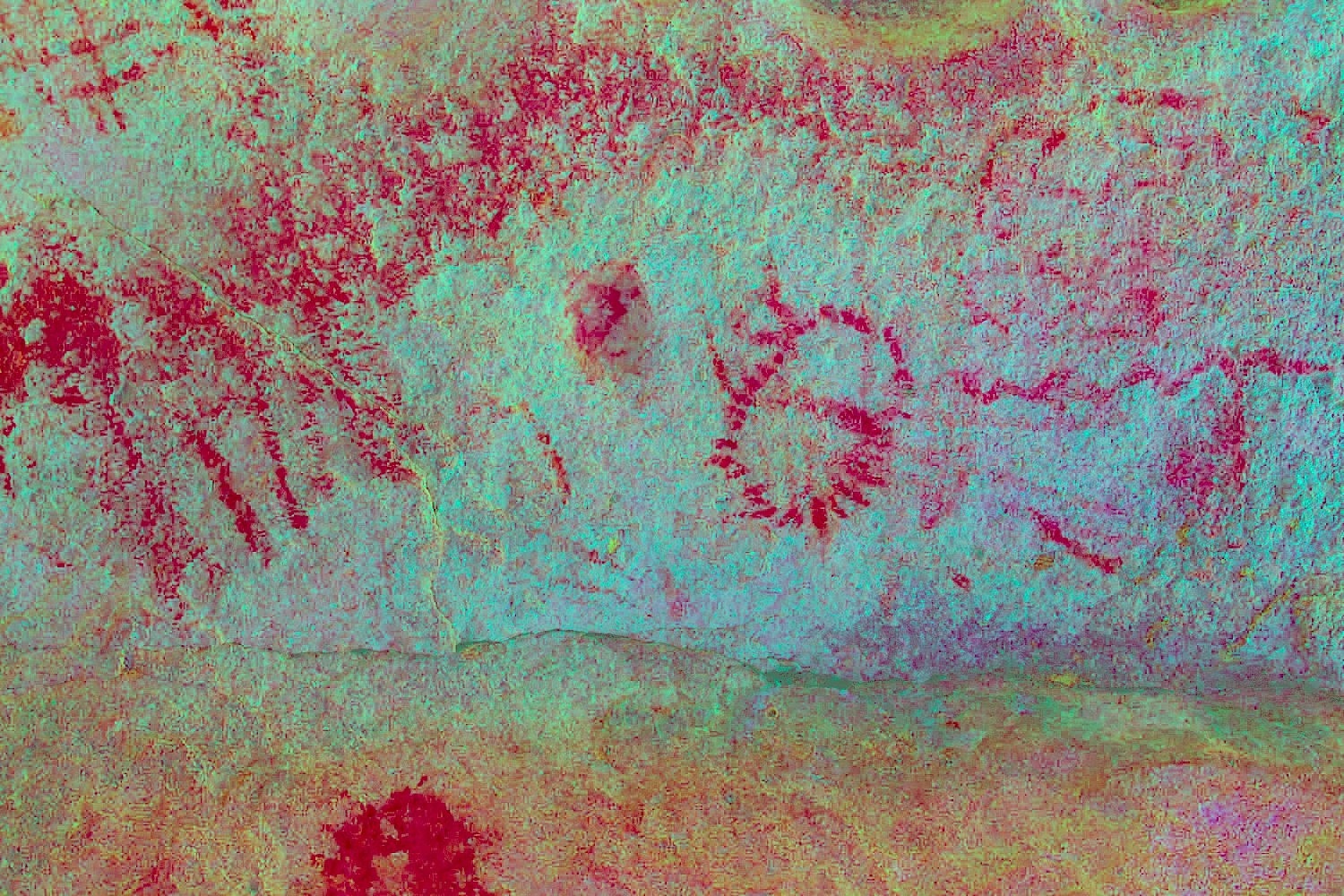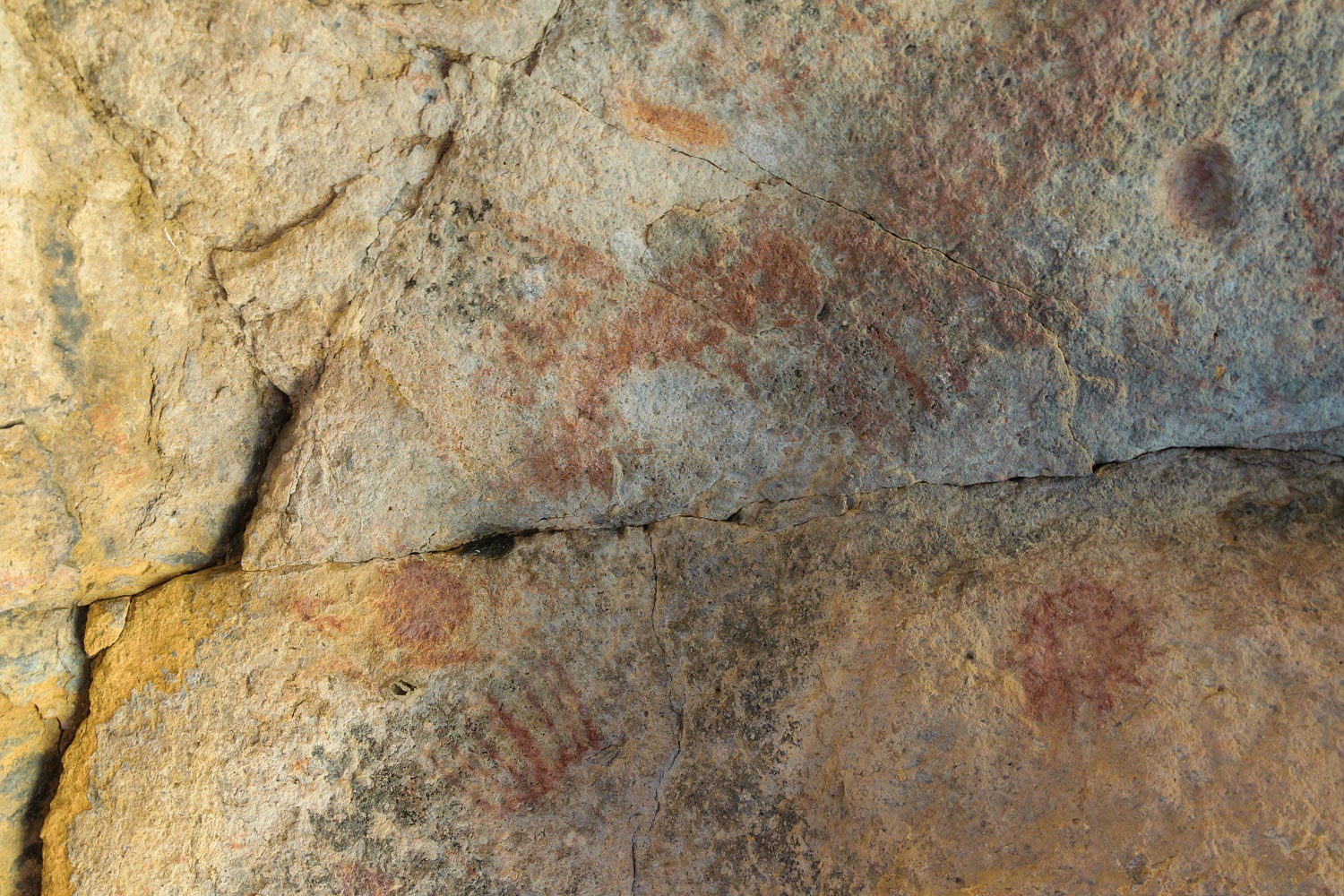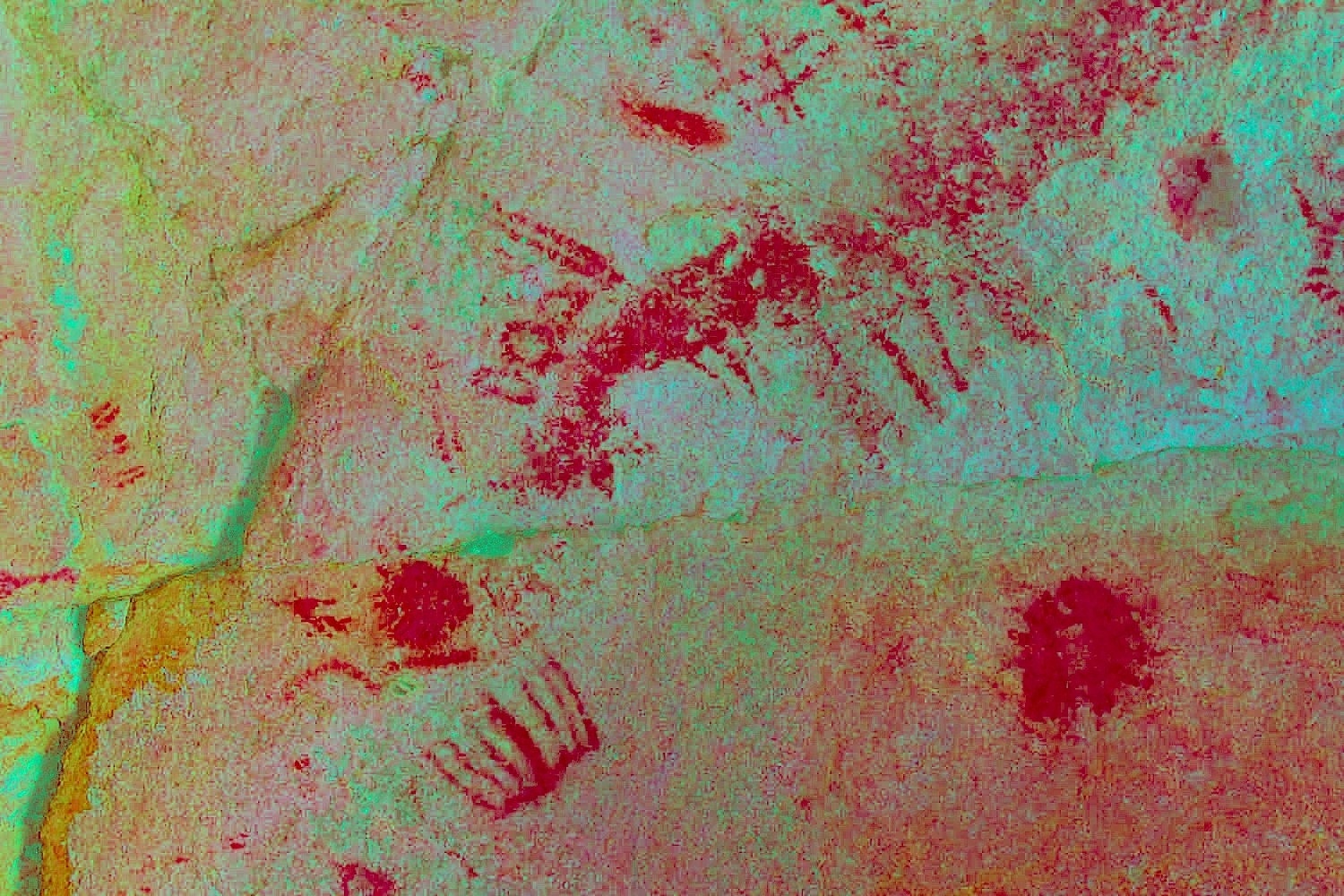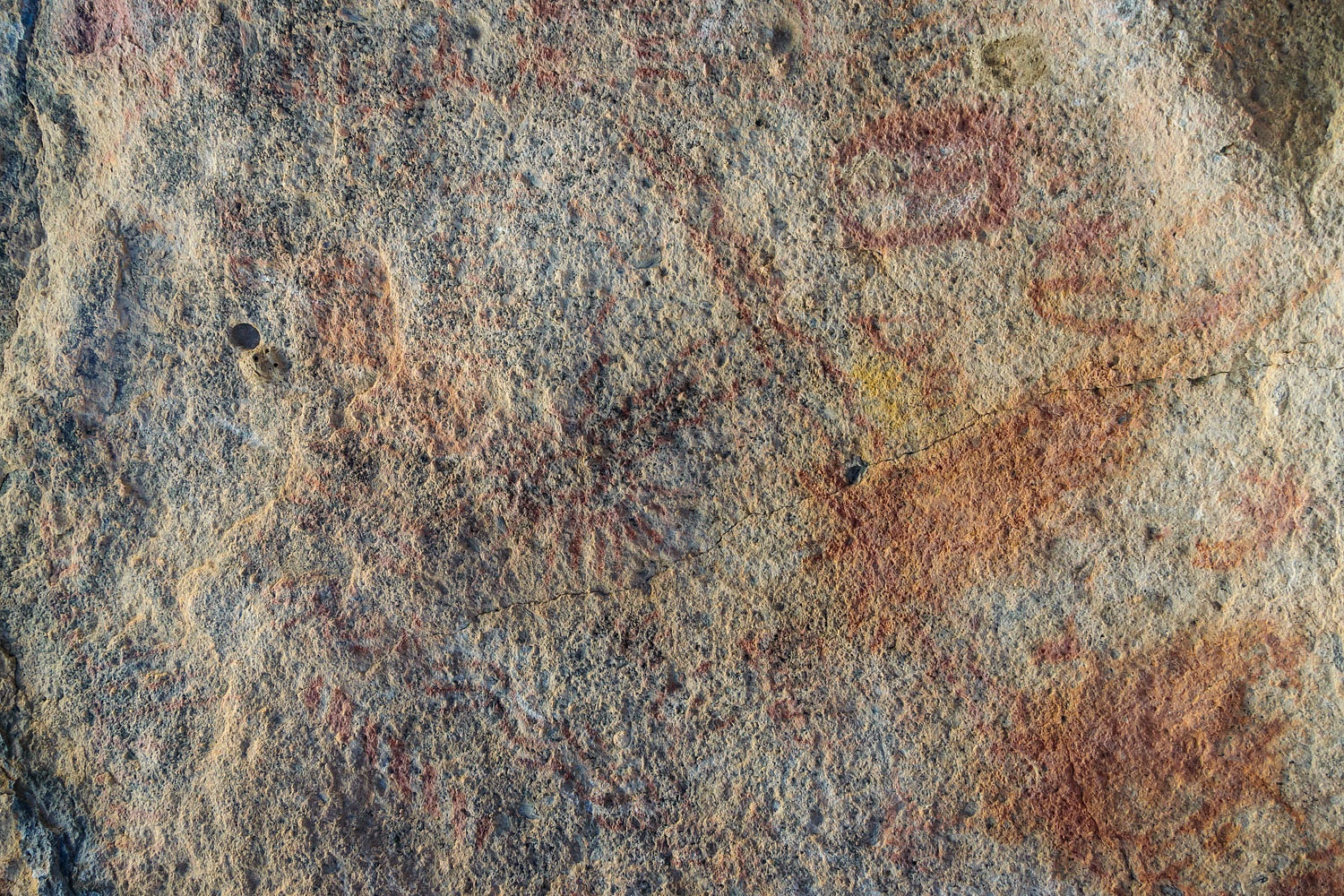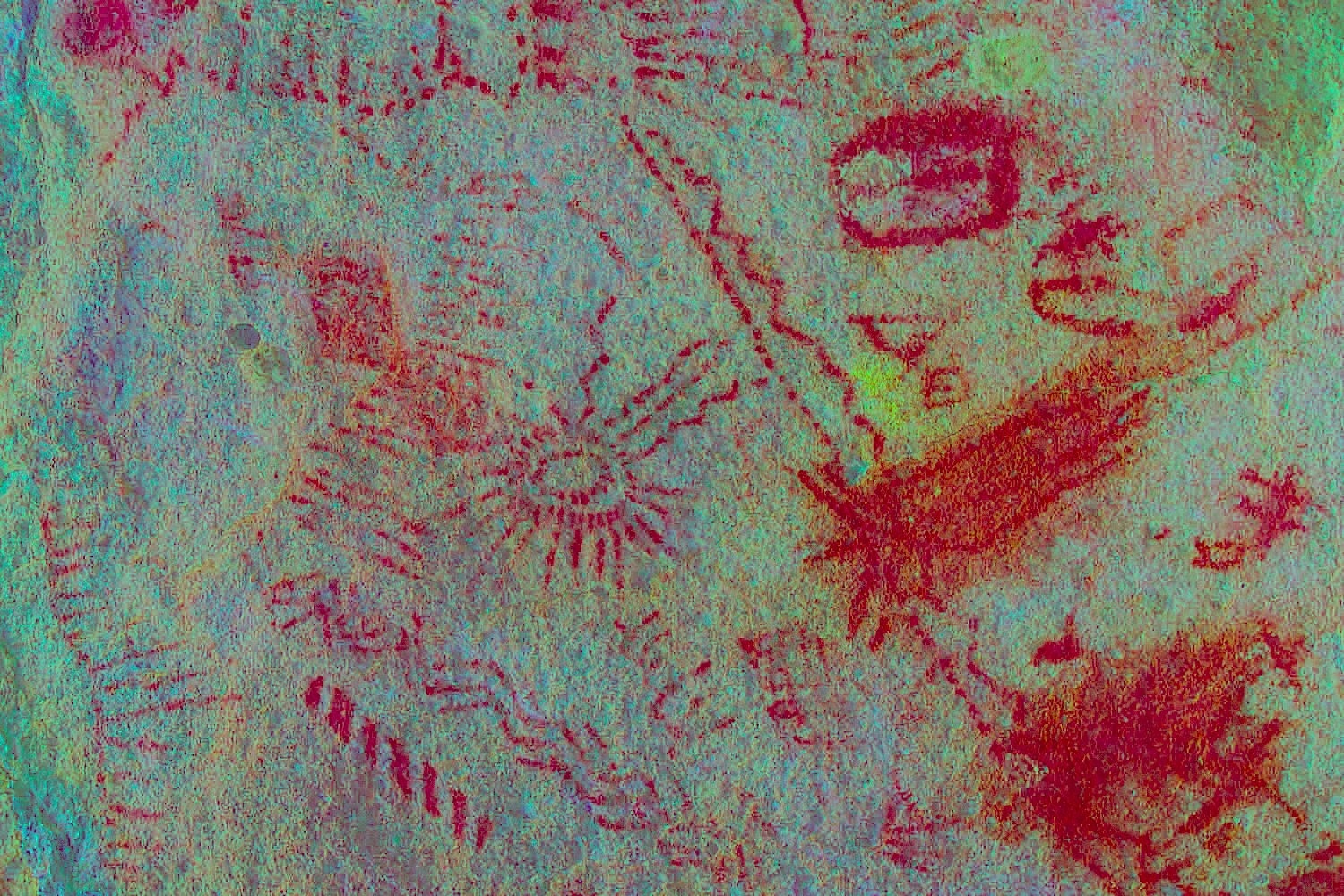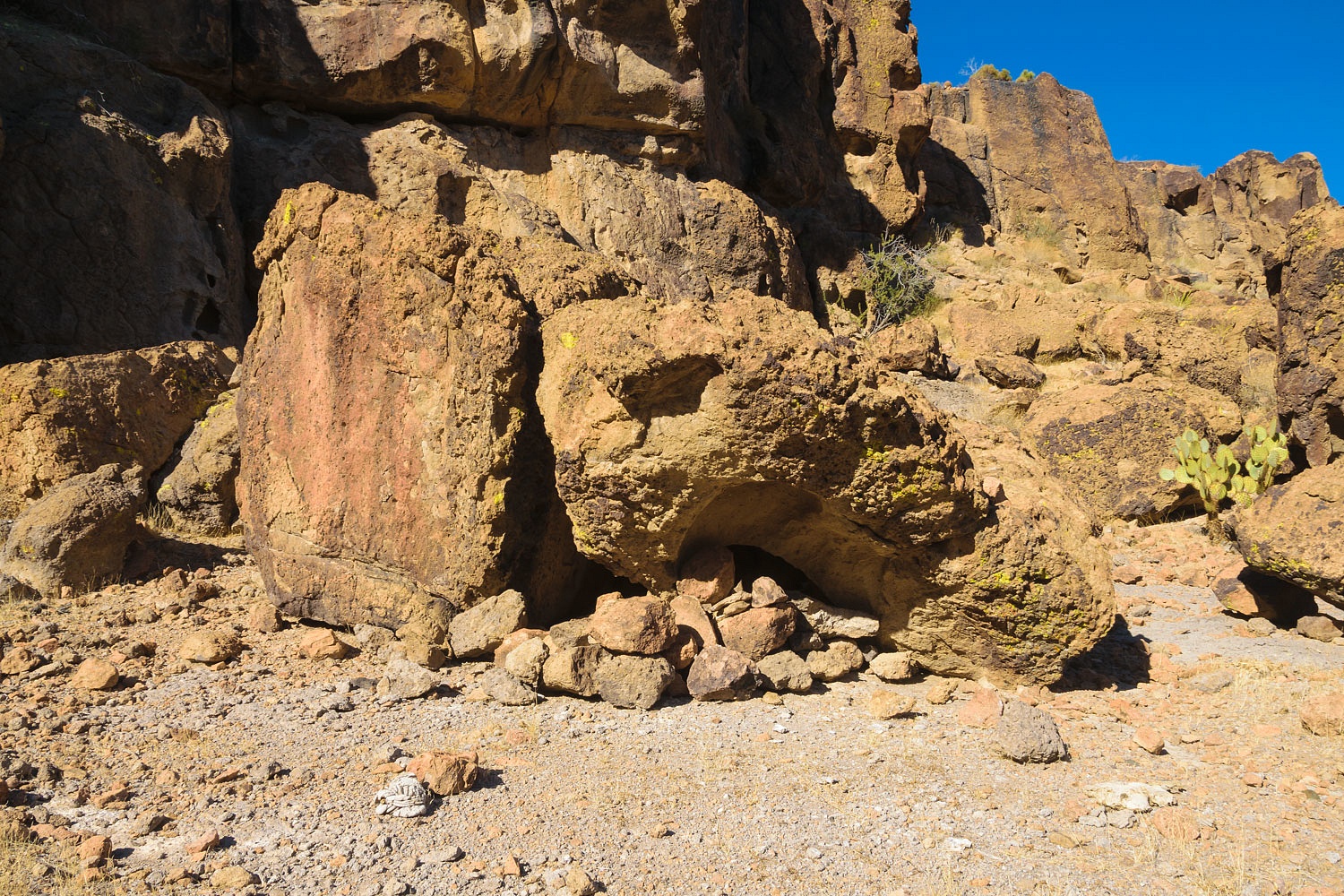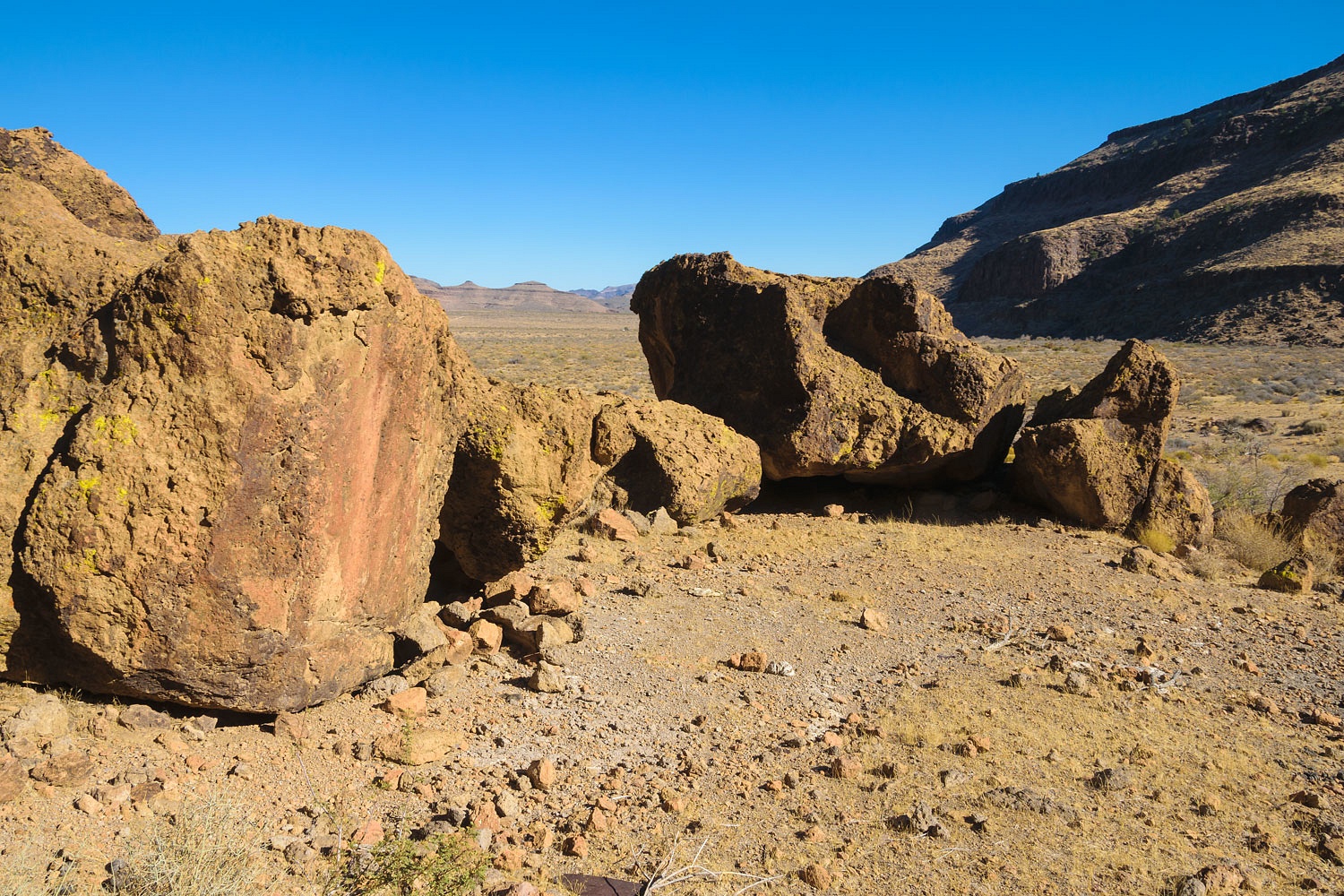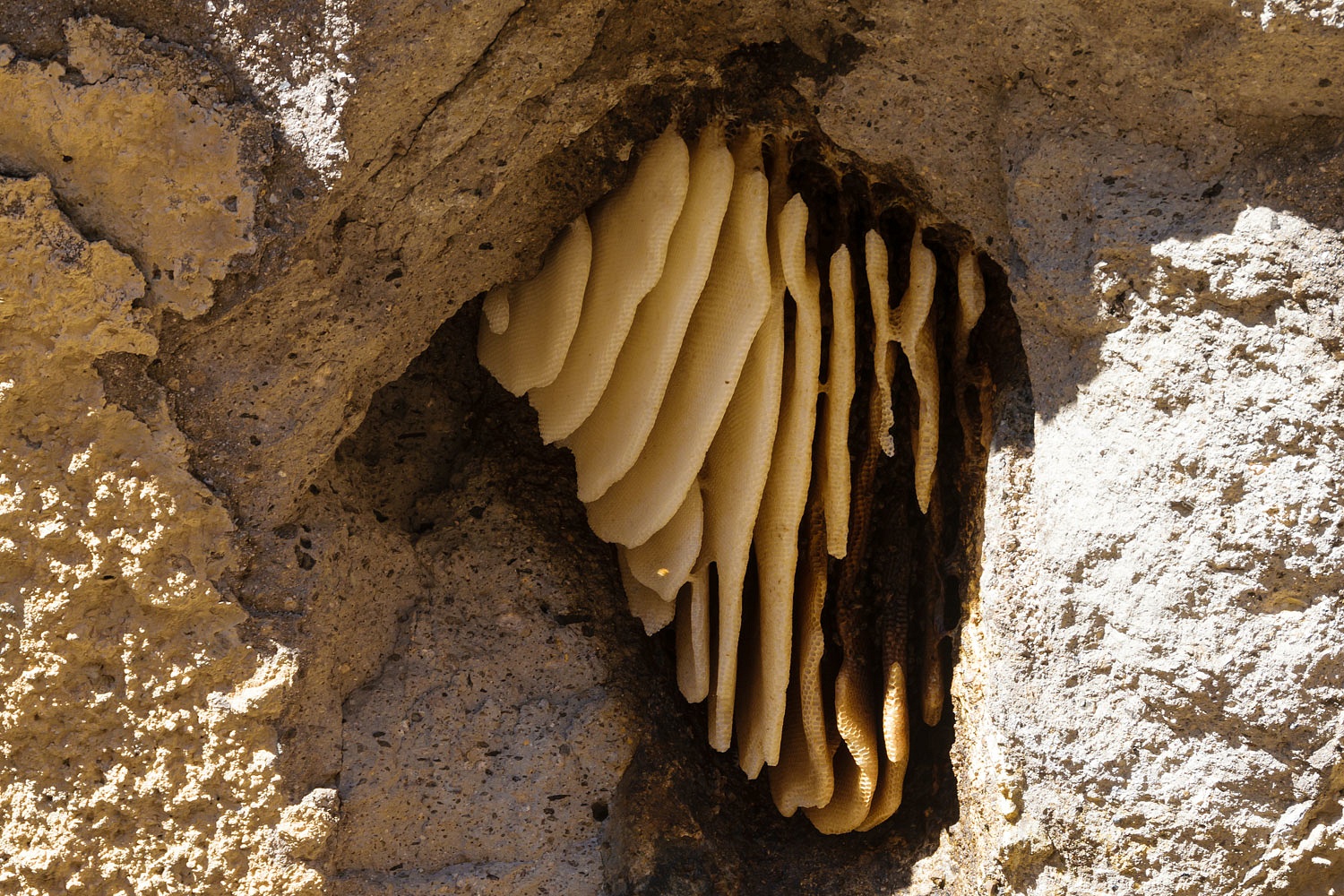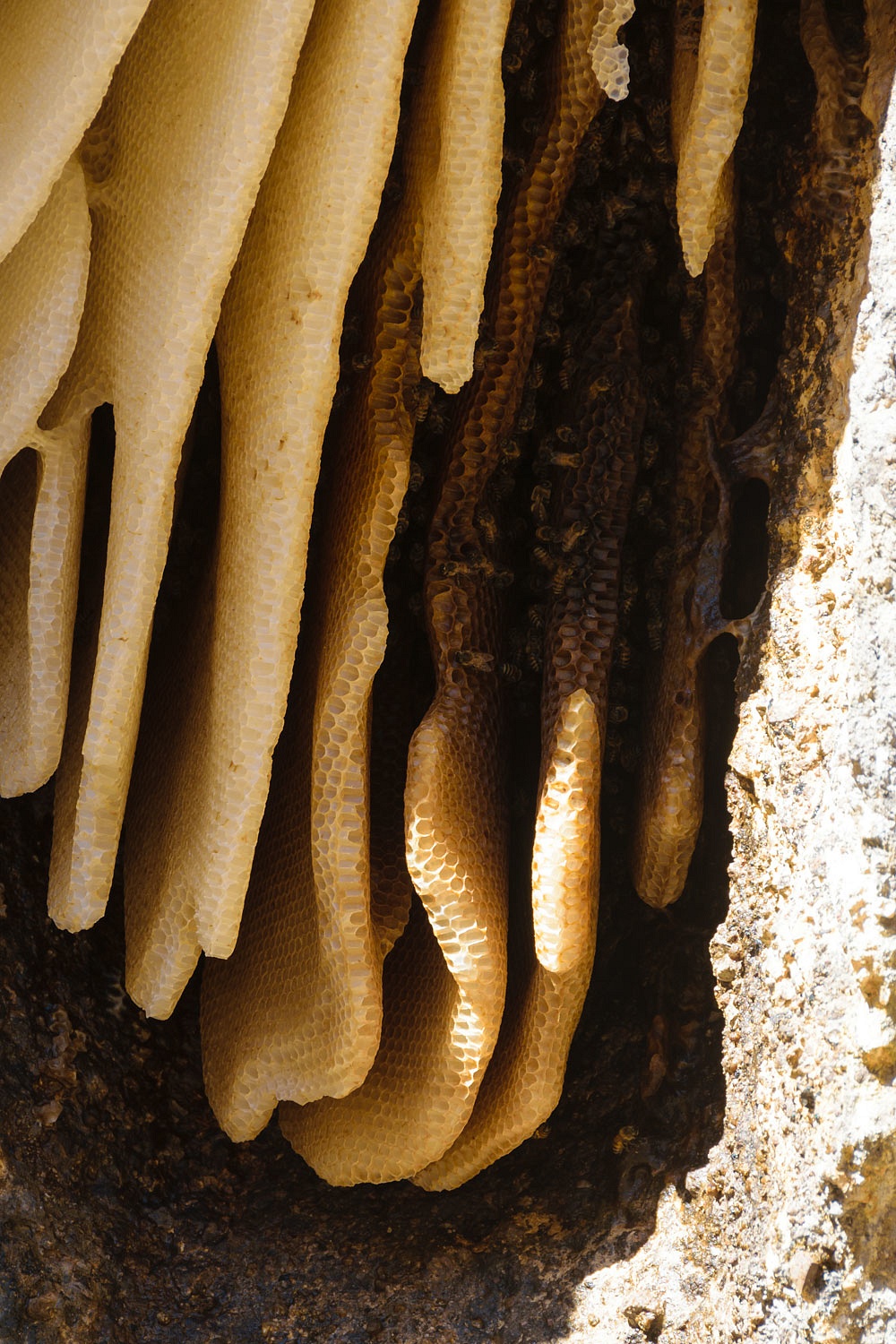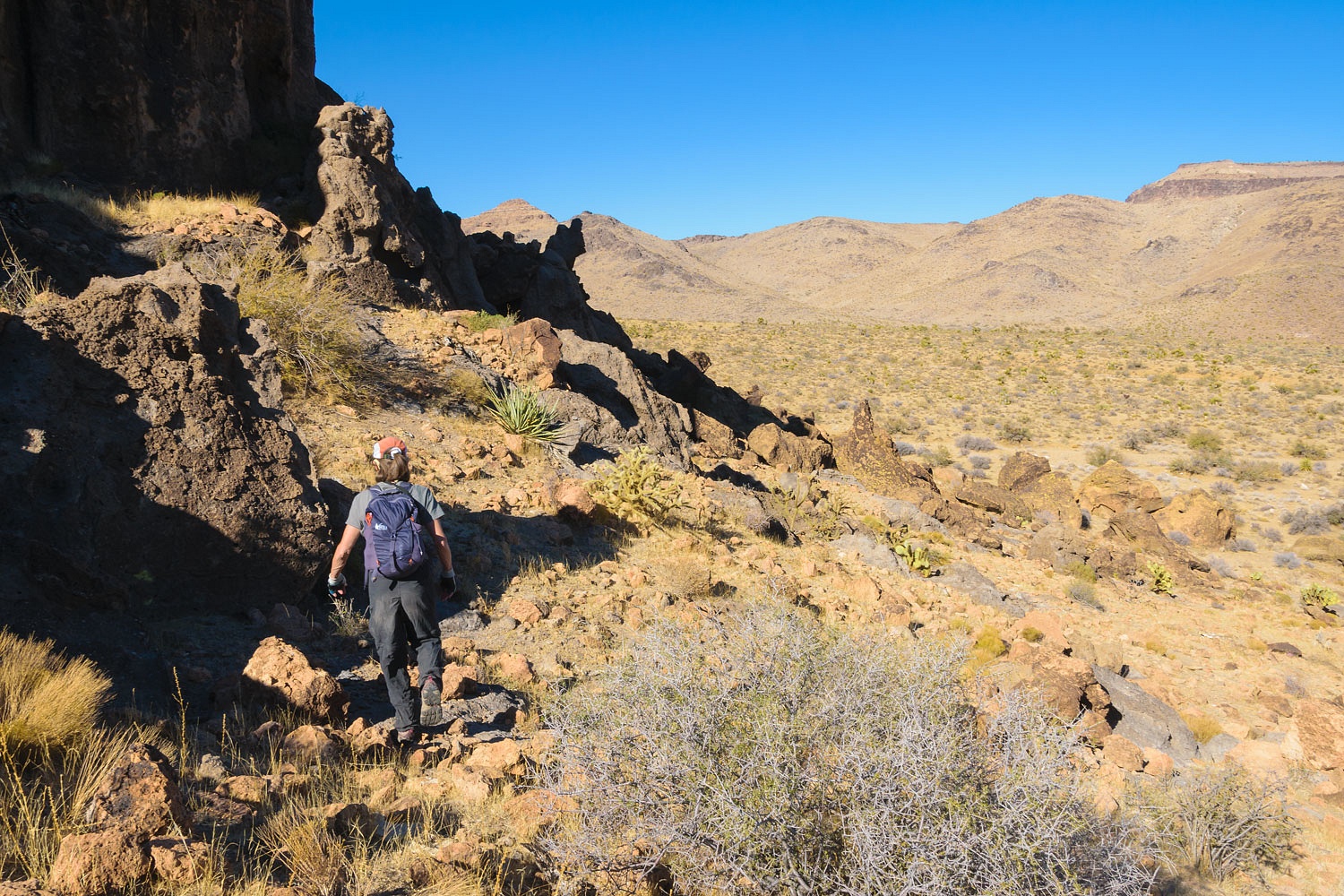please remember you can click on a photo to see a larger version & highlighted text are links to additional information
You can click here for - Part Three
The Trip Home
We were leaving the heart of the Mojave National Preserve. With two more planned nights out, we could relax on the amount of driving each day and spend some time sightseeing.
We stopped where the Mojave Road intersected with Cima Road. It is still called The Old Government Road on our 7.5' USGS topographic maps.
The old road wandered off to the west.
Our next stop was the Kelso Depot. It is a grand old building that was fun to photograph.
Driving through Death Valley National Park and stopping at the Visitors Center, we were pleasantly surprised how quiet it was. That was quite the change from our past visits and maybe a good sign that the masses are returning to cruise ships, arenas, bars, and such. We sure hope so.
We spent the night in Panamint Valley. We had camp set up in the late afternoon.
The Lady saw something to climb to watch the sunset.
Lake Hill is a chunk of the Cottonwood Mountains that slipped off and plunged down into Panamint Valley. It is a delightful little climb that gives tremendous views of the surrounding area. The broad playa of Panamint Valley stretches to the south.
The Lady found a rocky perch from which to catch the last rays of the sun.
The Lady is regaining her confidence on rugged terrain. Nature's gymnasium gives the best workout.
The next morning we had one bonus ancient rock art site to find. It sits up on the ancient shore line of Owens Lake, the terminus of the Owens River. We had been driving by this site for years so it was past time for a stop.
The site is along a ridge line. The rock appears to be - amateur's guess here - a quartzite.
Most of the petroglyphs are very faded with the desert vanish recovered over the pecking.
I noticed how the rock was rounded and looked eroded by water. How could this be? This site is on a ridge, not in a water course. But the evidence was here.
This had to be from wave action when the level of Owens Lake was this high.
Where steamboats once crossed carrying goods and passengers, the lake is now gone - a victim of Los Angeles' need for water and their water diversions. The arid basin is now plagued by toxic dust storms.
There were also newer glyphs. This sheep panel was impressive.
This was an excellent site.
We spent a couple of hours in the late morning at The Eastern California Museum in Independence. We highly recommend visiting. One of their new exhibits is on the Sierra Nevada's famous early mountaineer, Norman Clyde.
Our next stop was the historic Mount Whitney Fish Hatchery, another grand old building.
Unfortunately the grounds were open but not the building. The Lady eagerly saw what she could.
We topped off with gas in Bishop and thought about where we should spend our last night of the trip. We chose a favorite spot in the Granite Mountains east of Mono Lake.
We brewed coffee for a warm drink on a cold afternoon. We walked and took in the changing light as the sun set. The White Mountains caught the last rays of sunlight.
The sky turned pink.
Vivid colors followed the sun down on the western horizon.
We turned in early and added another layer to our bedding. This promised to be a cold night here above 7000 feet.
We stirred awake the next morning as first light grew.
"You have to get outside with the camera!" the Lady was looking out the upper window. "The color is wonderful!"
She was right.
The remainder of our drive home was uneventful. It had been a great trip. Our visits and stay with family made for a very special Thanksgiving. The Lady's strength and mobility with her new knees gets better every day. Thanksgiving time.

